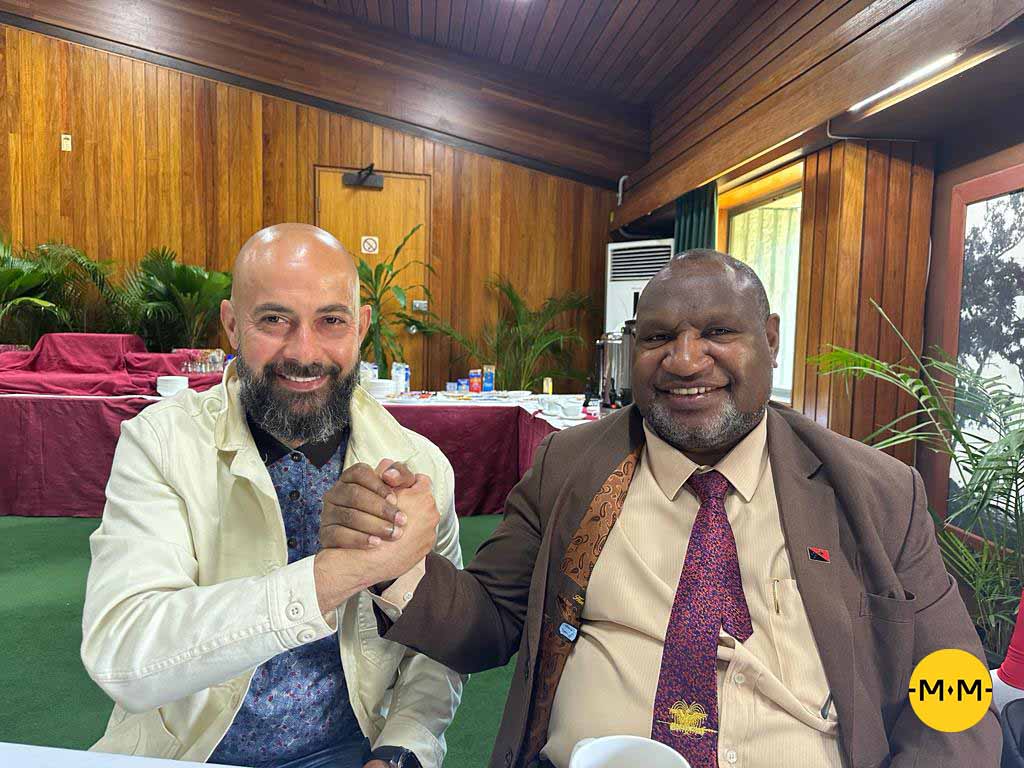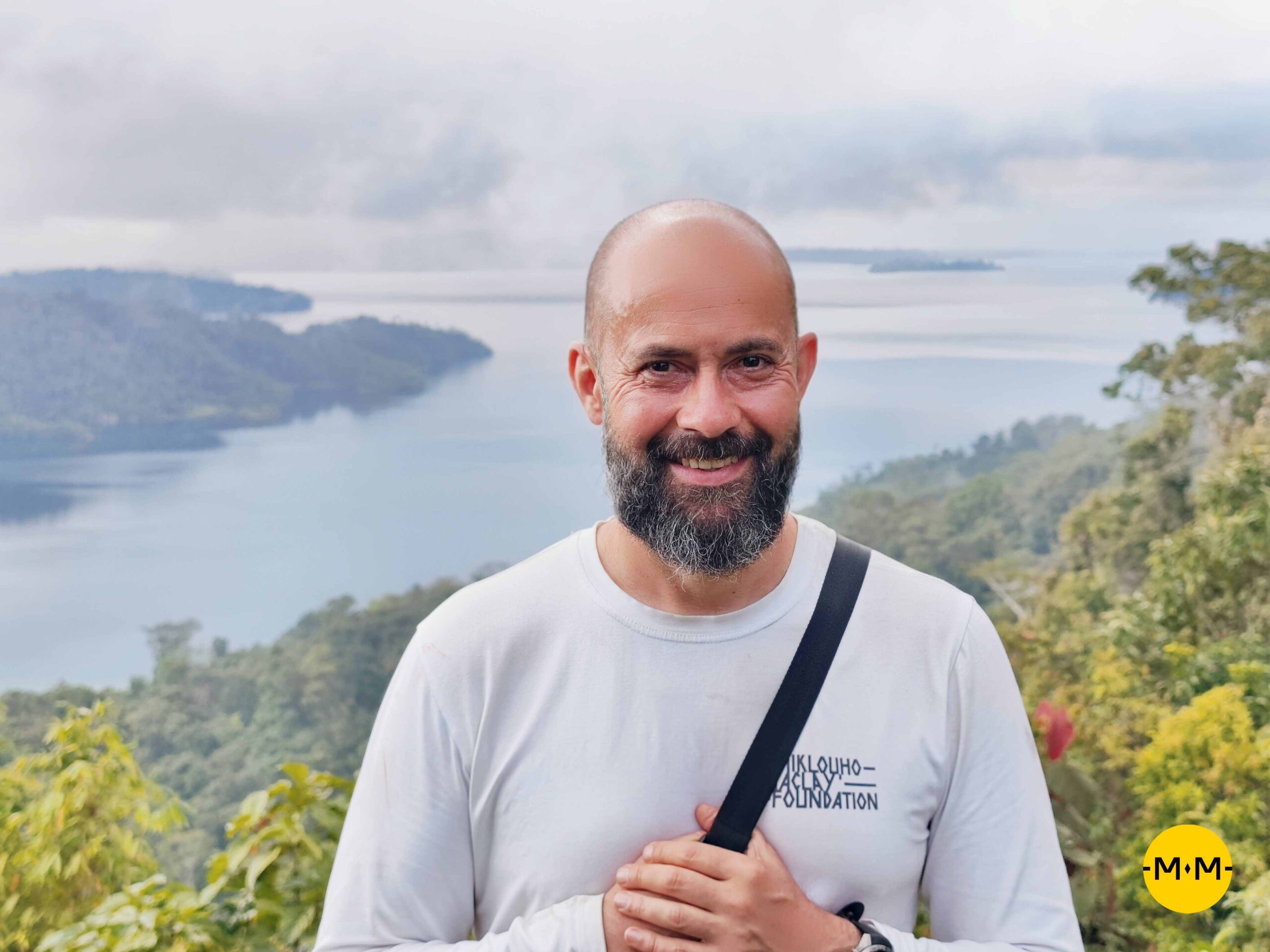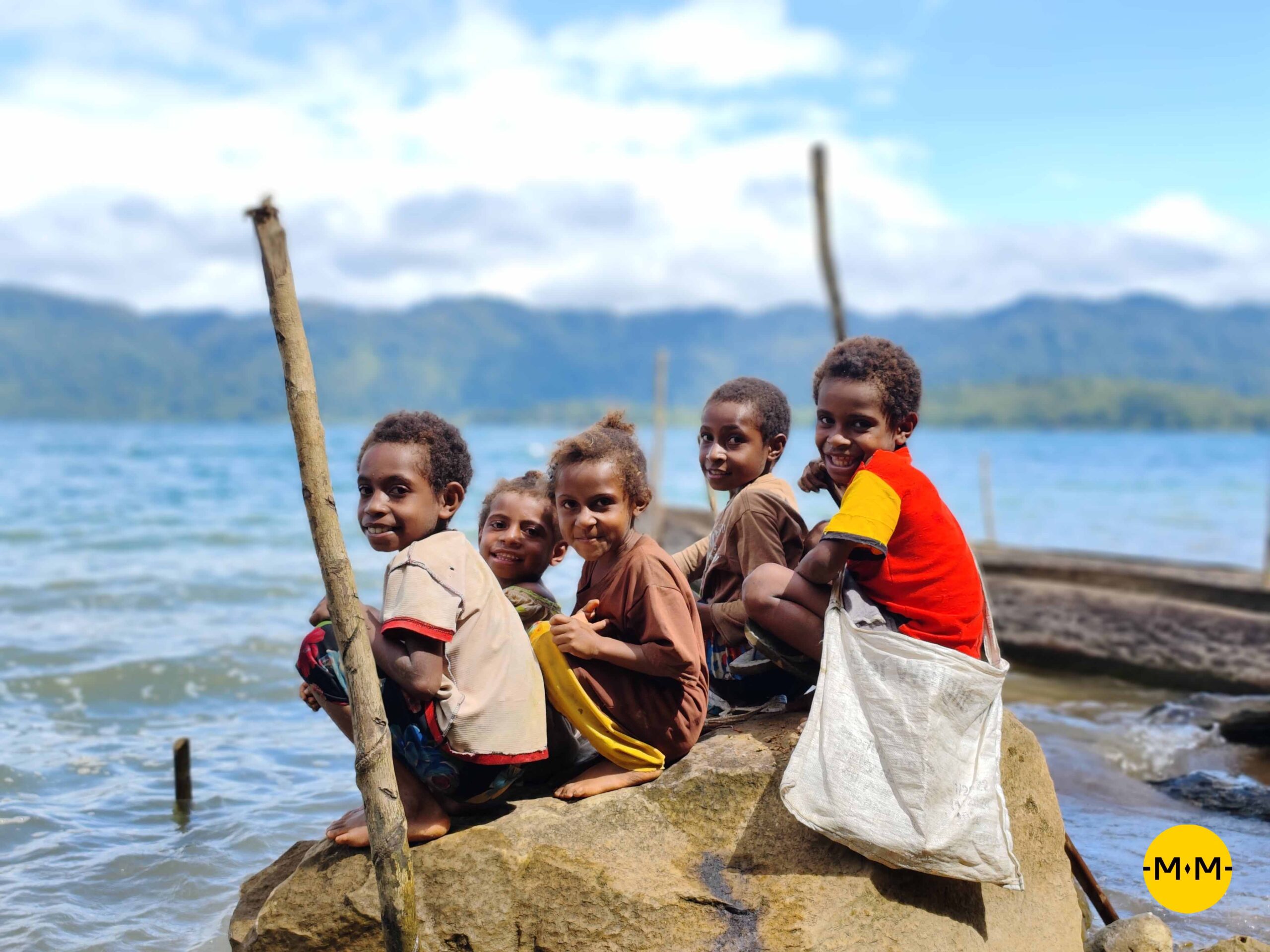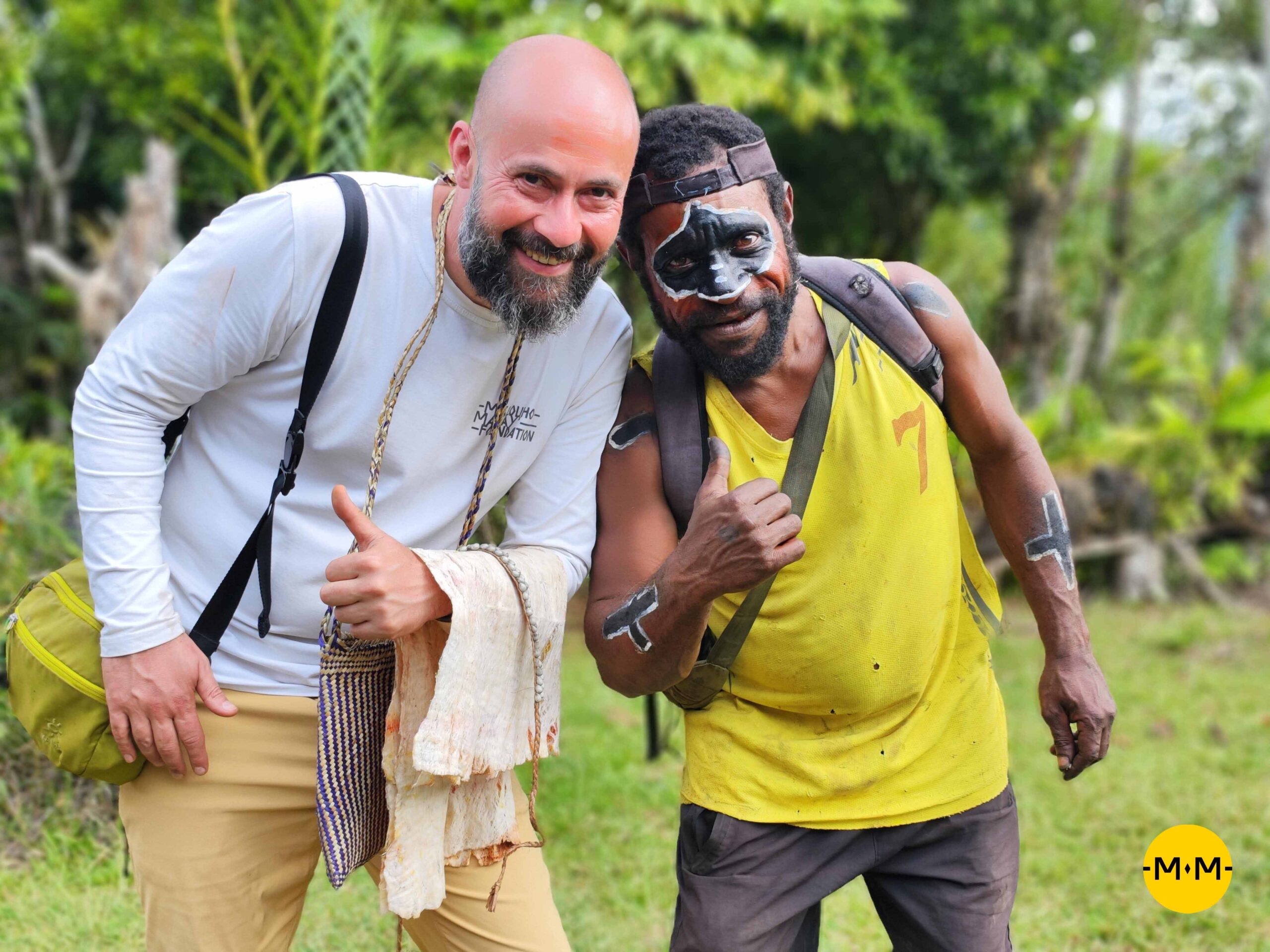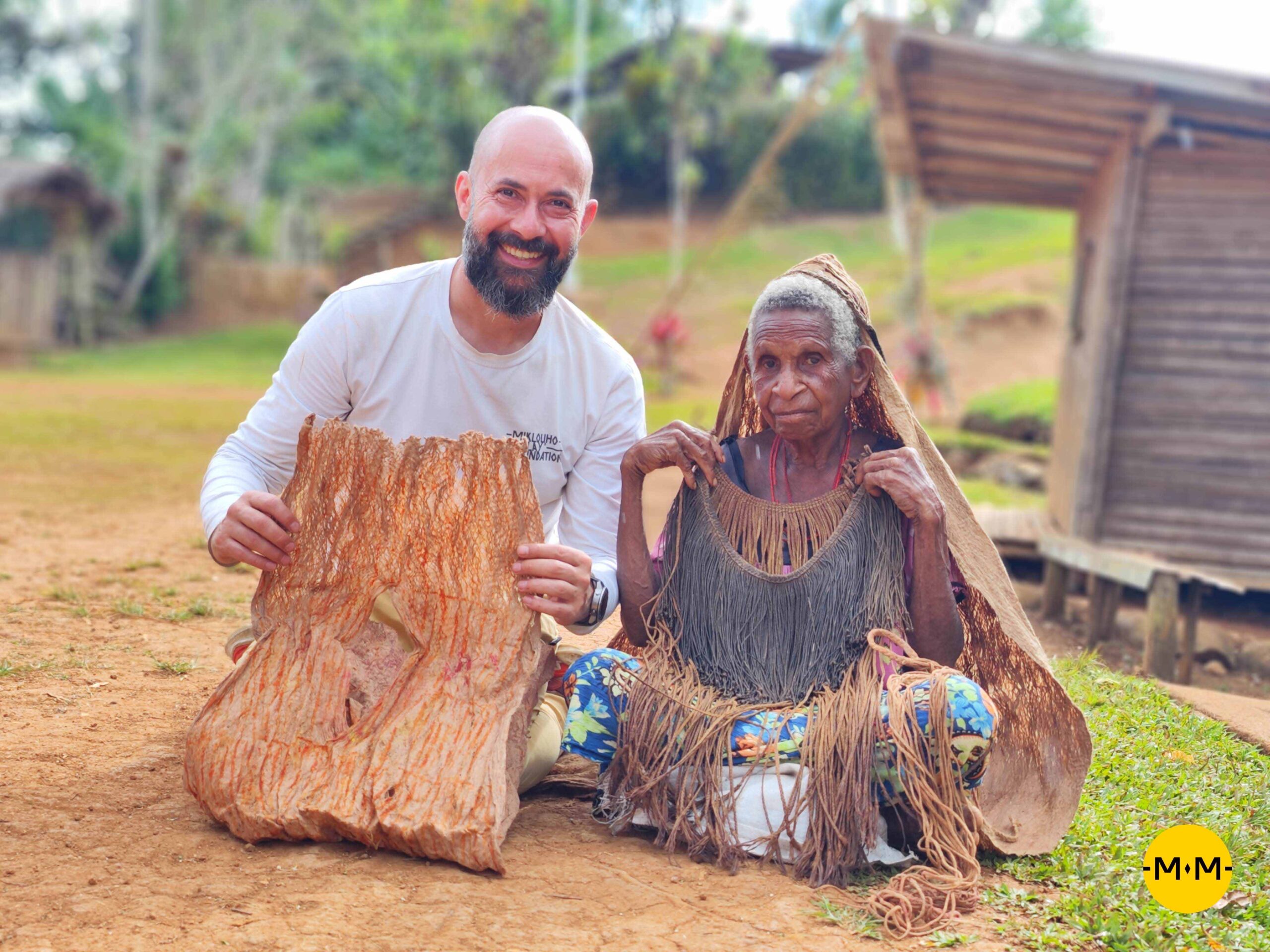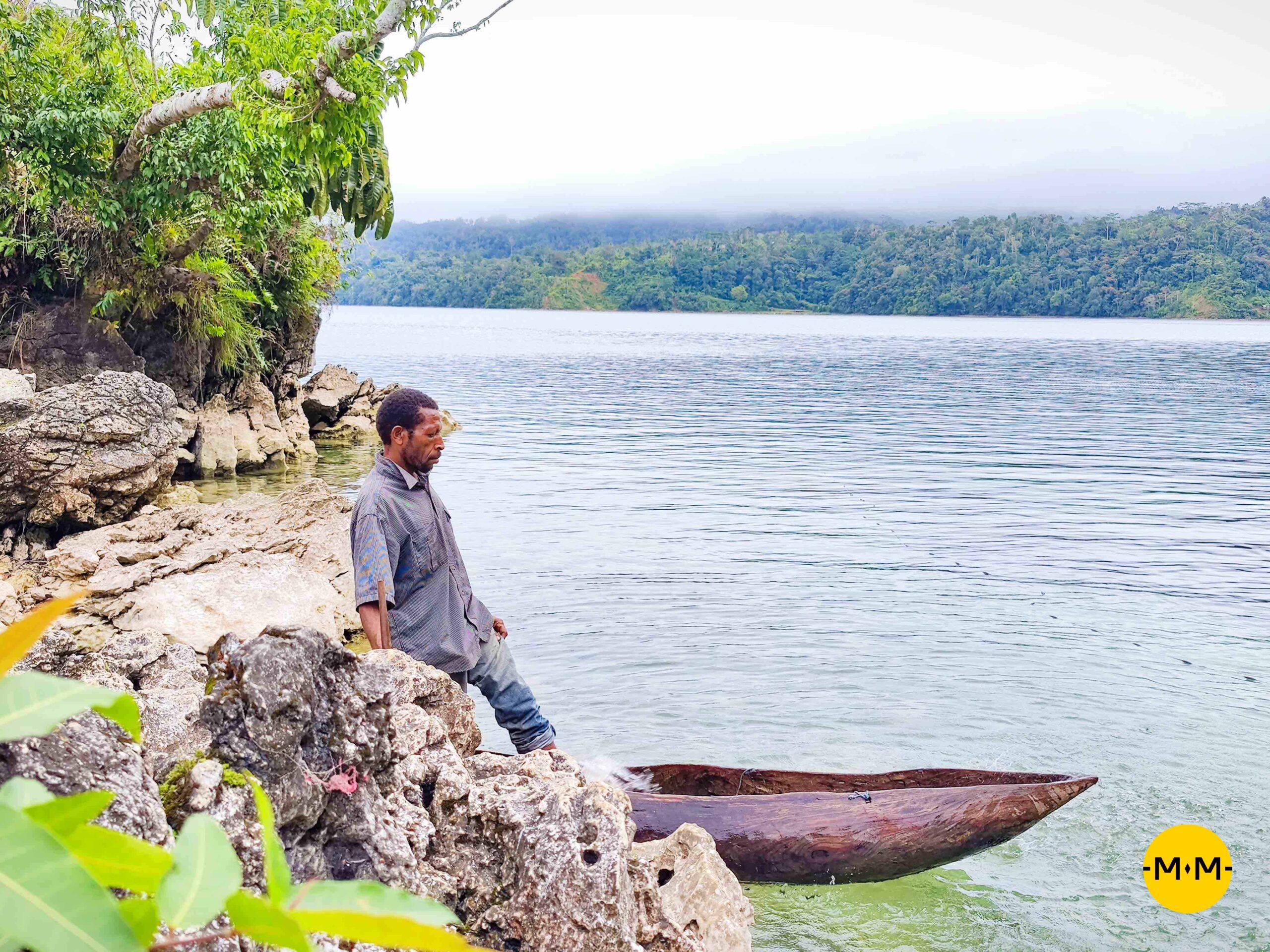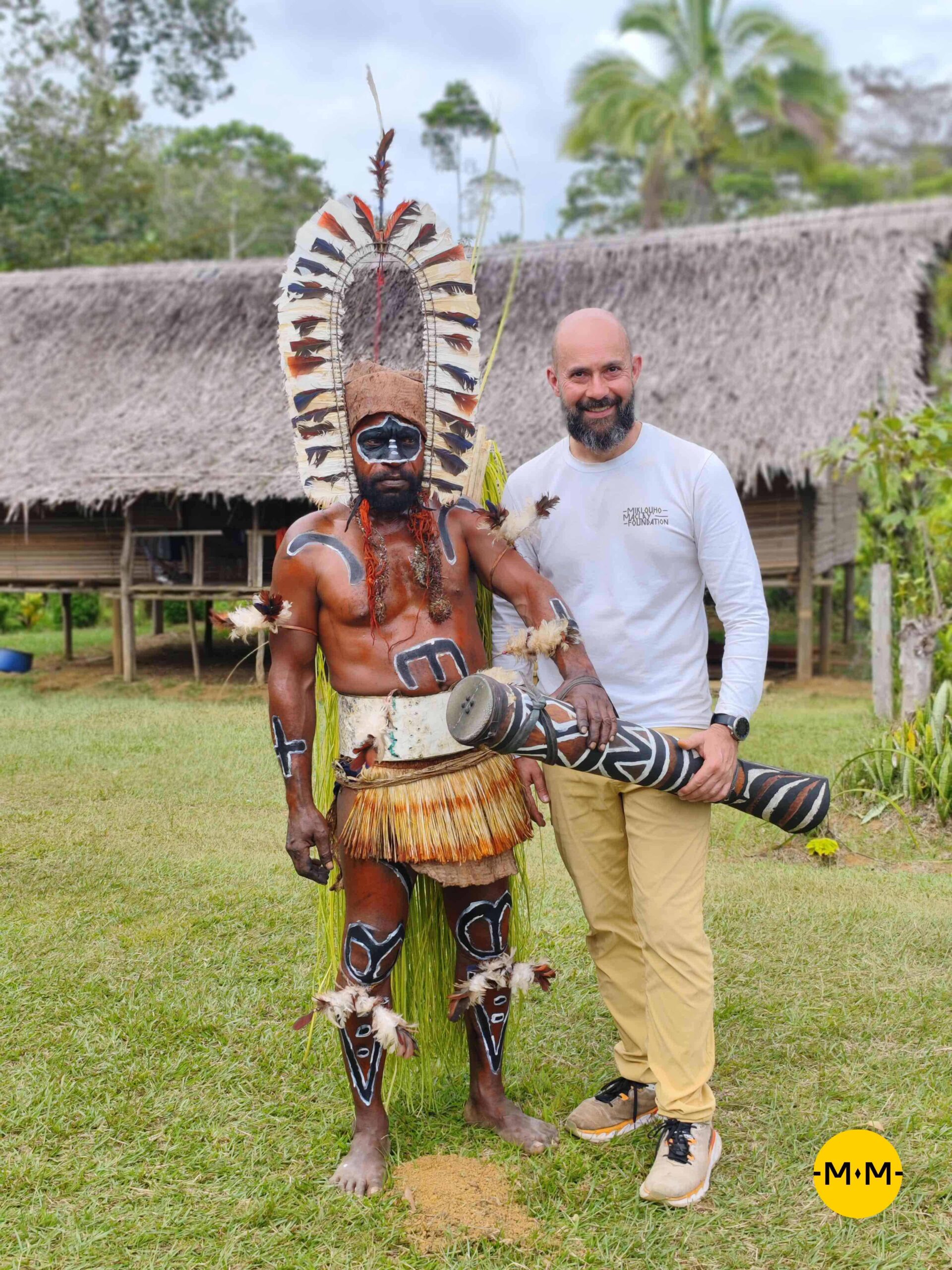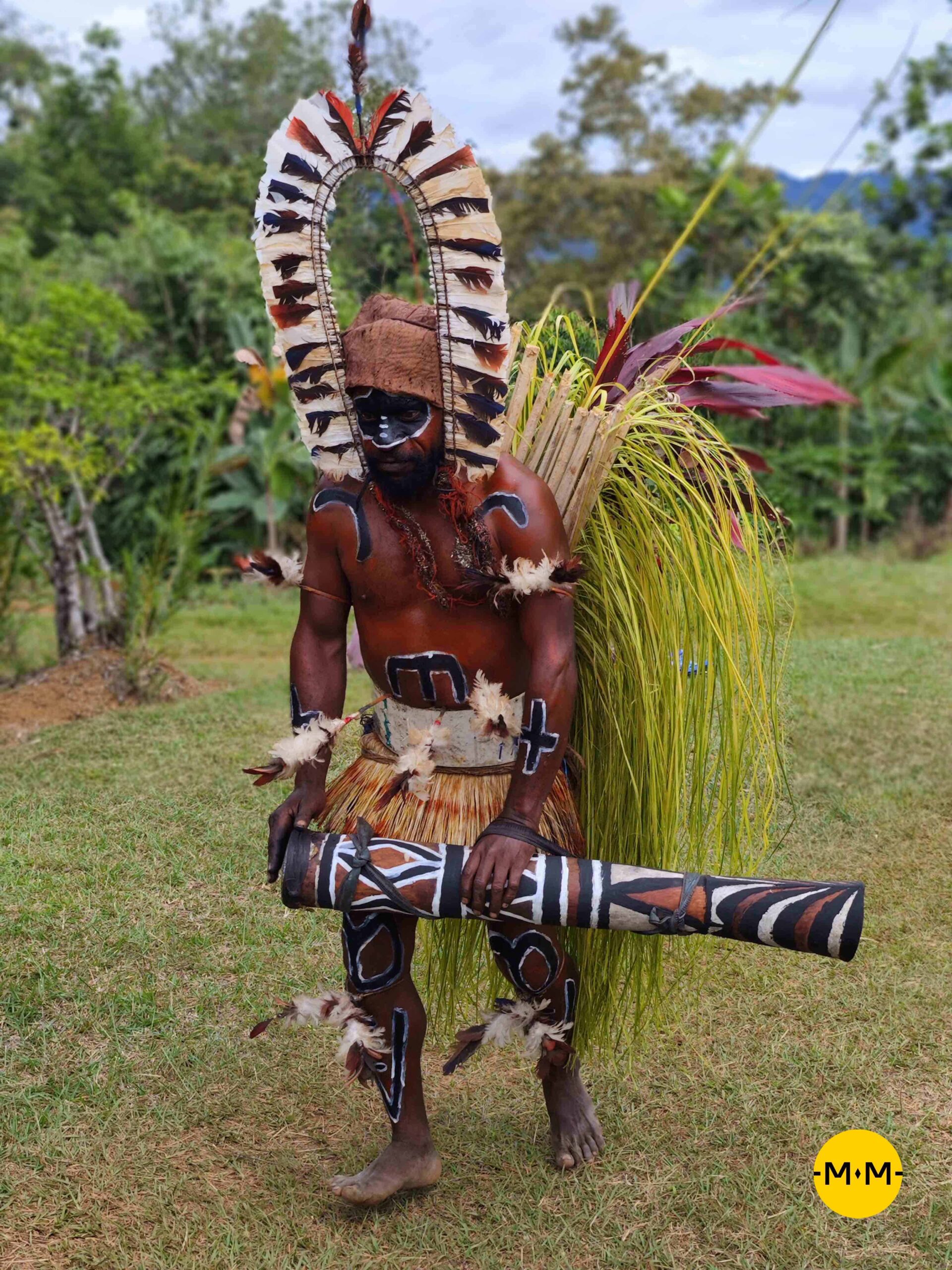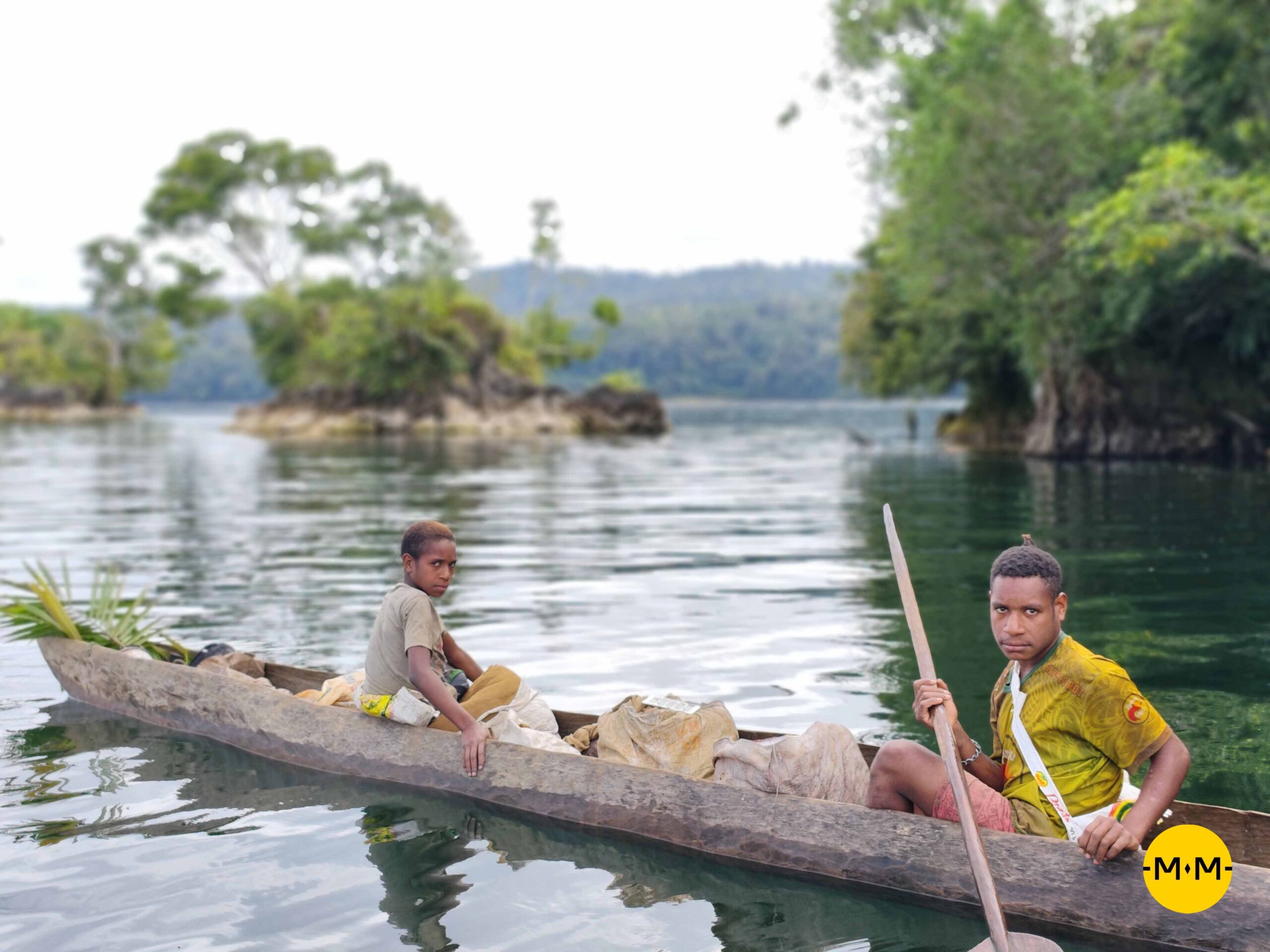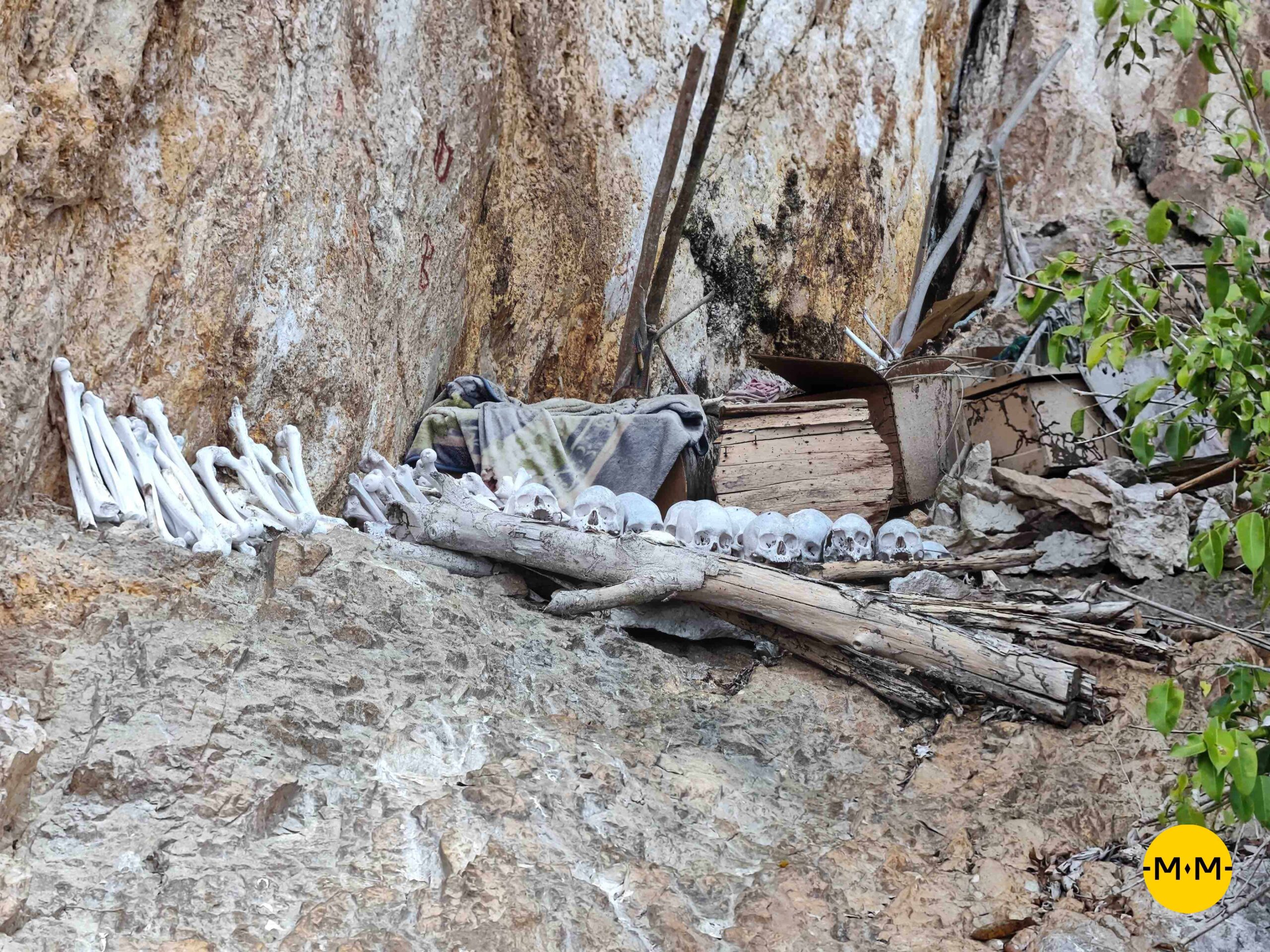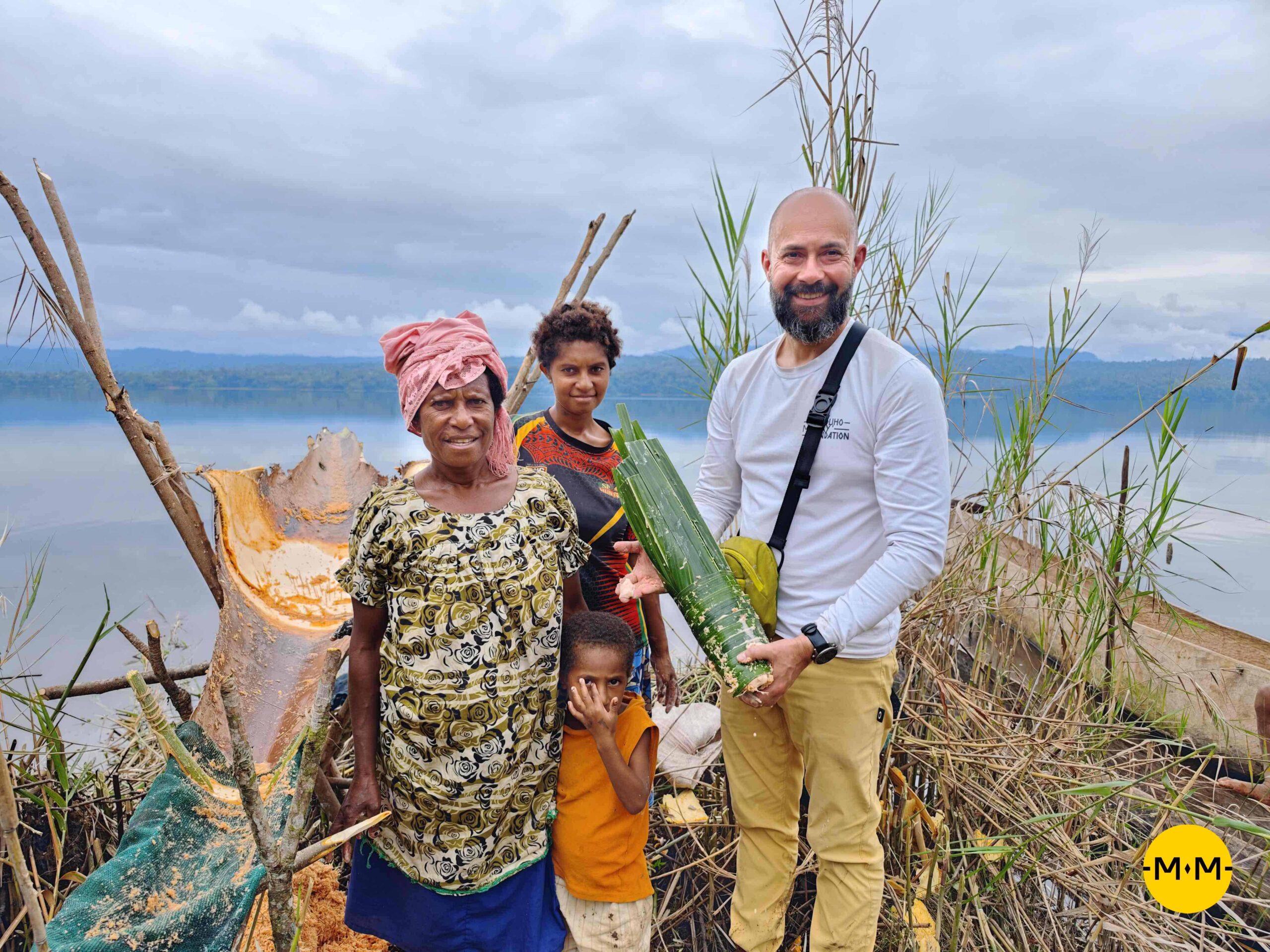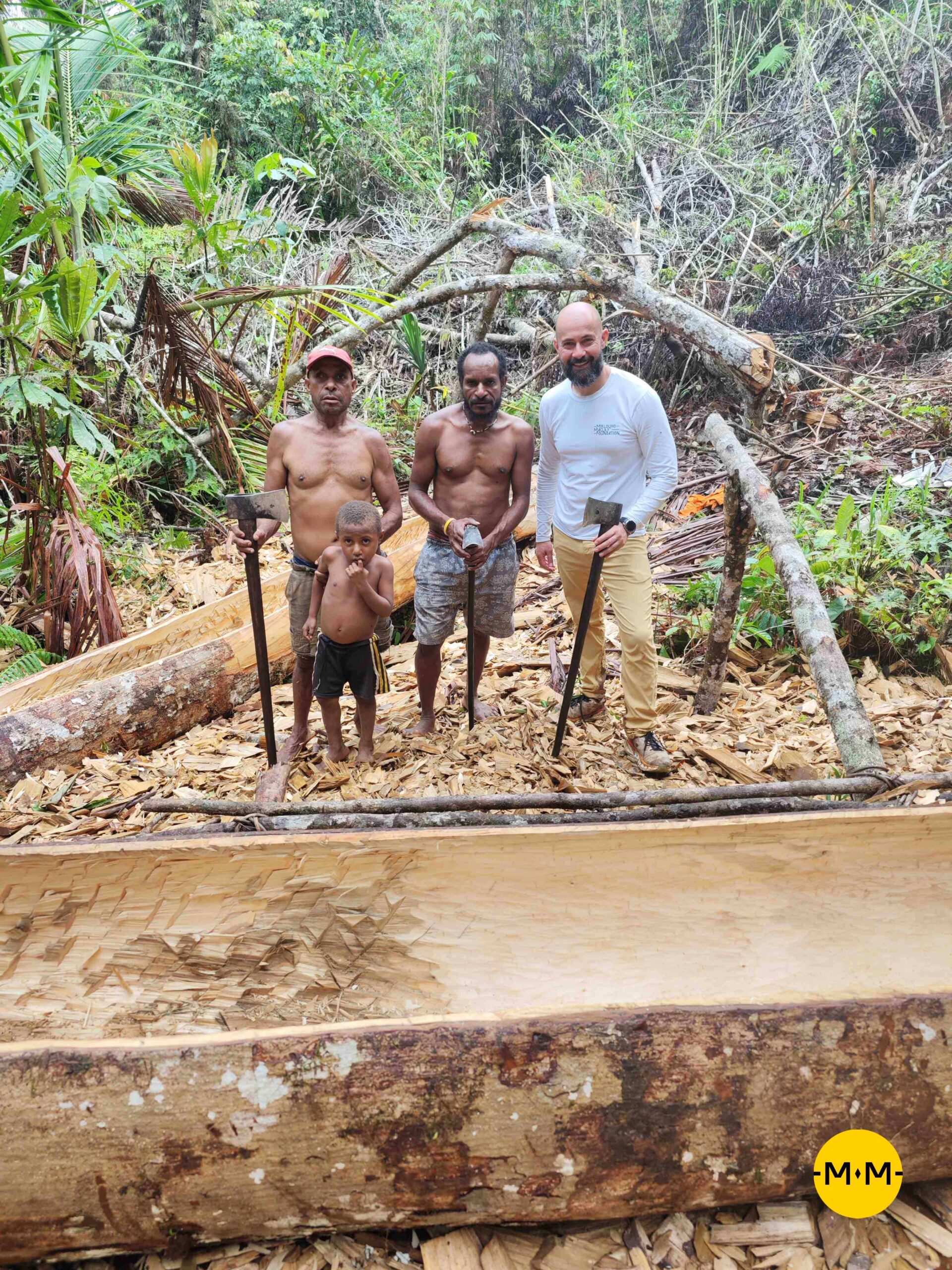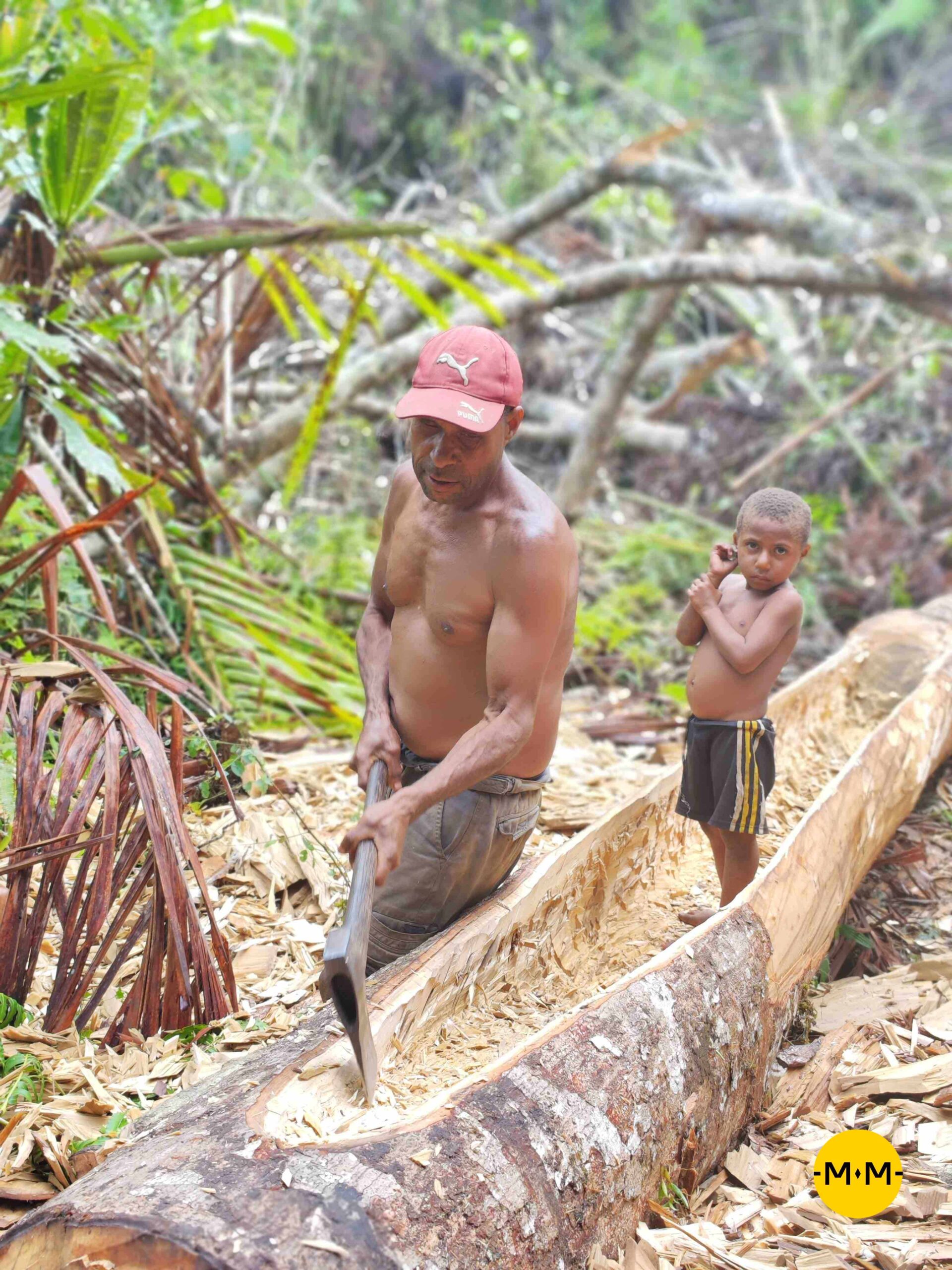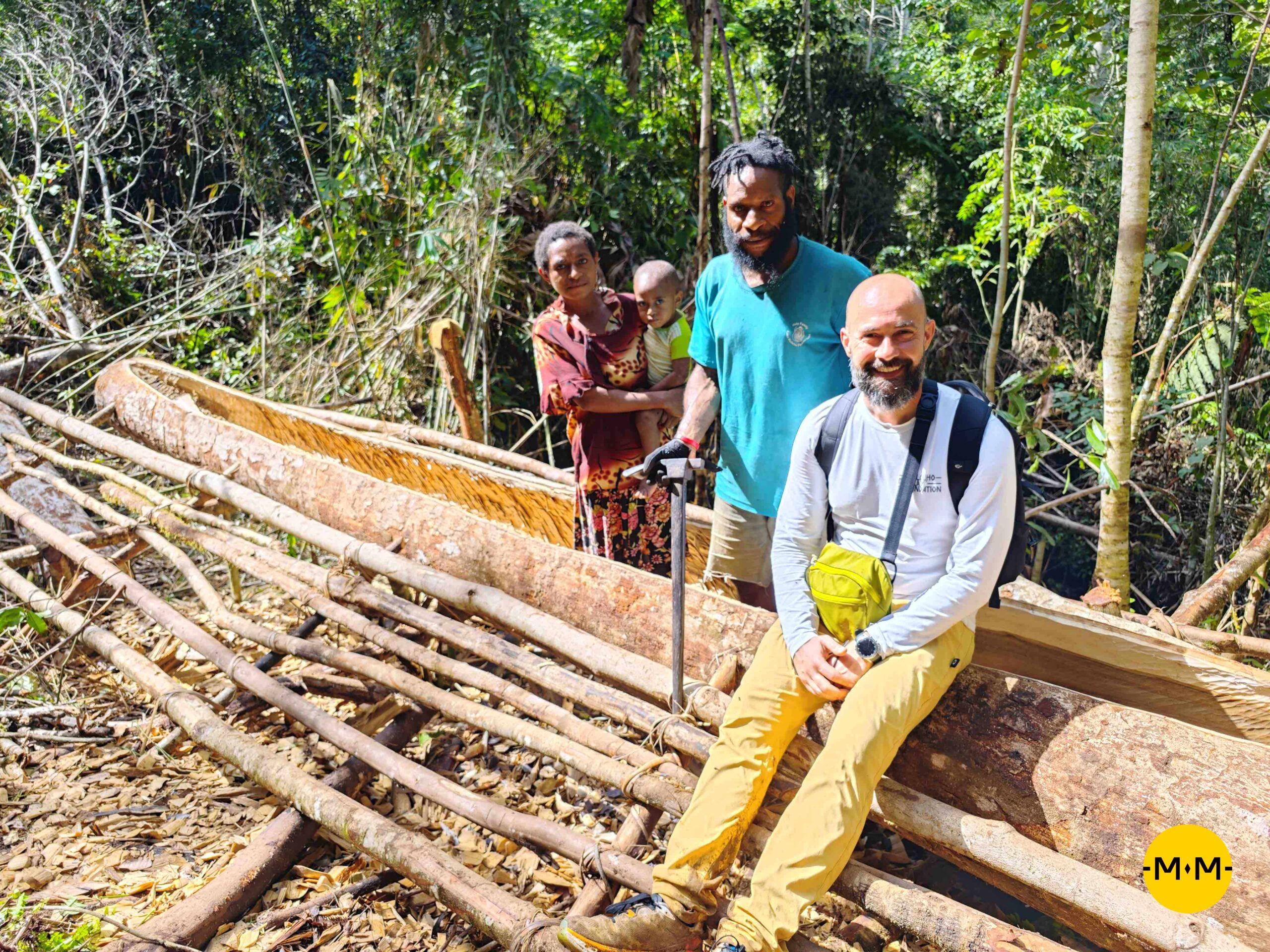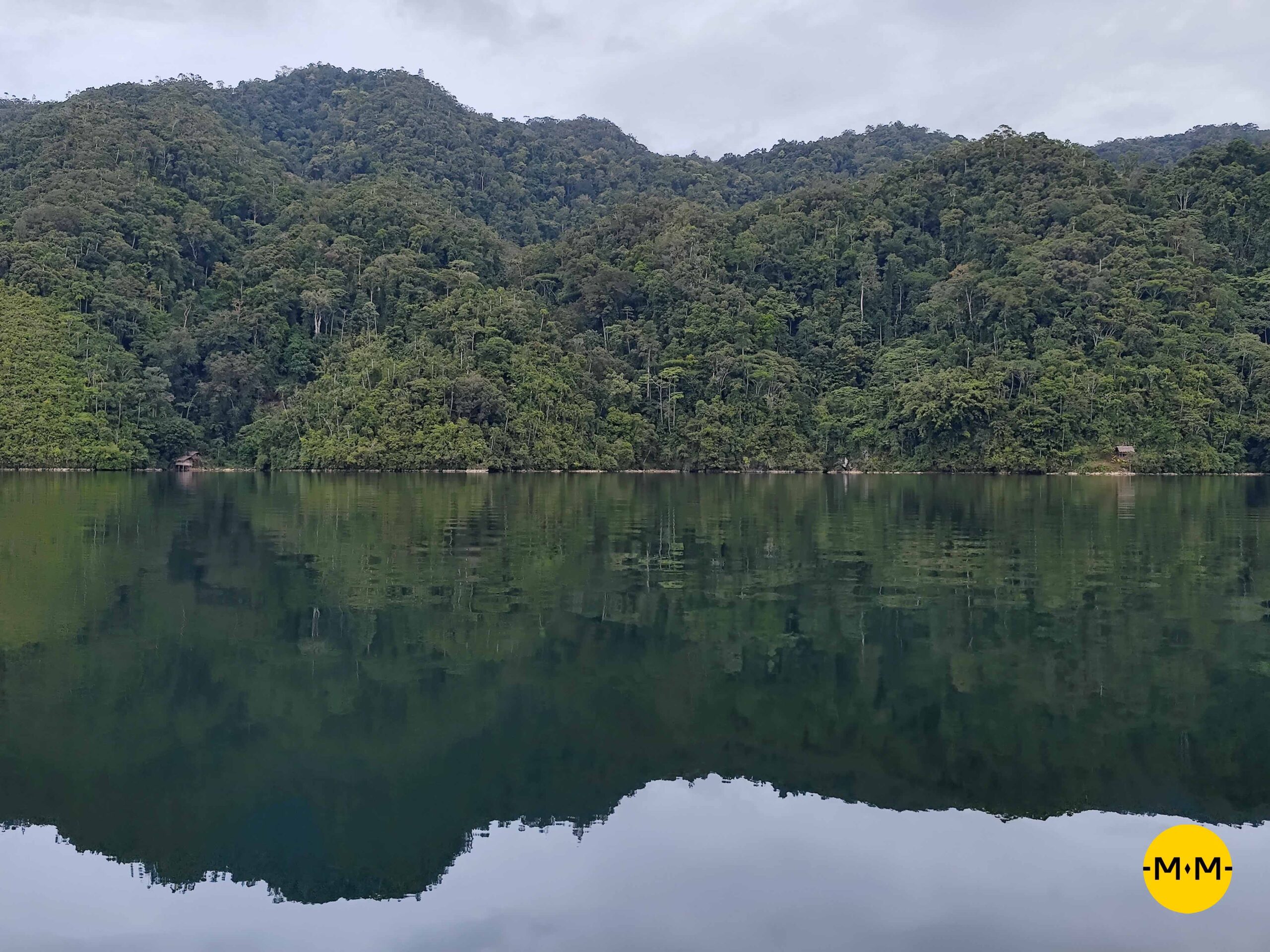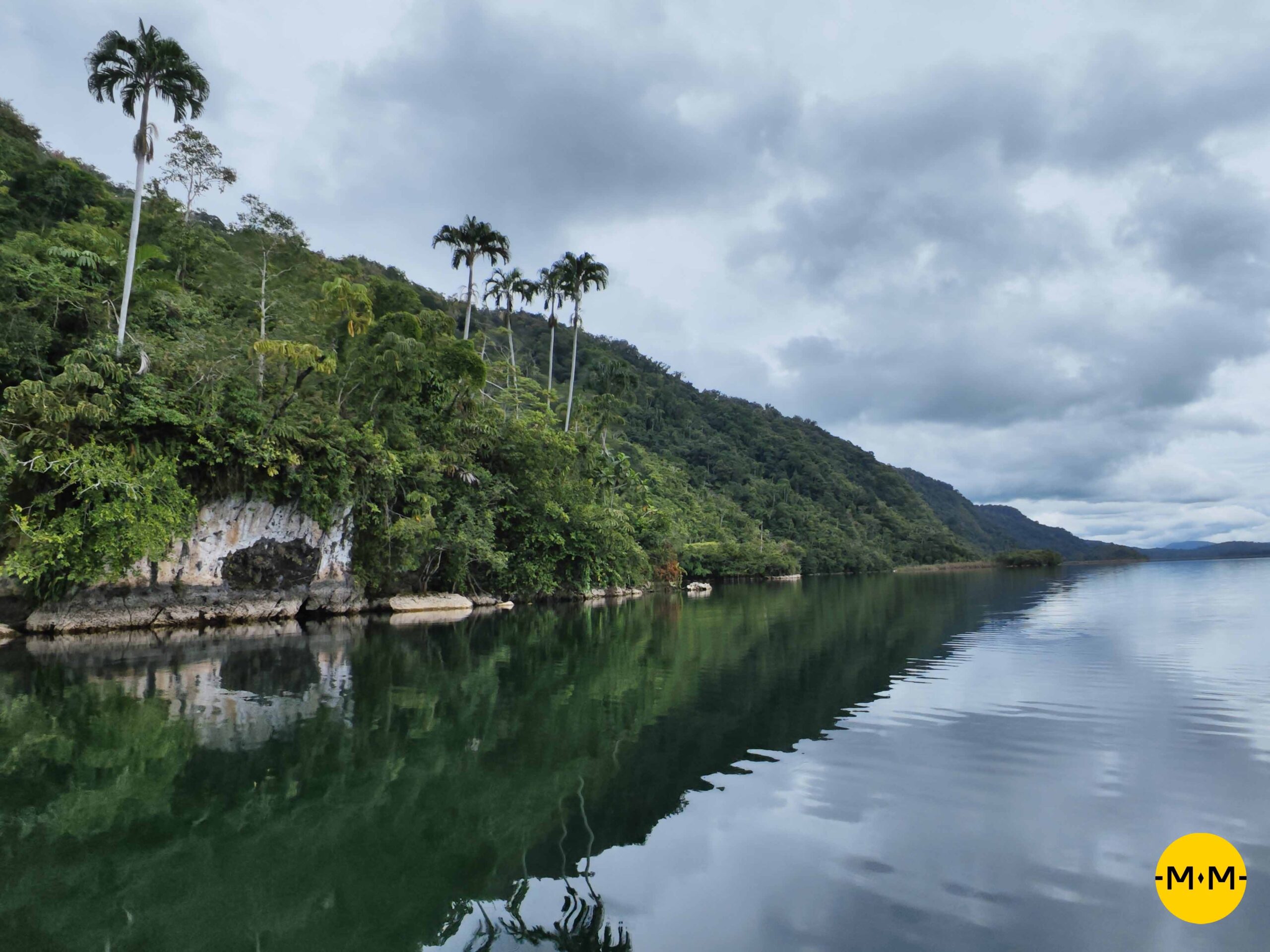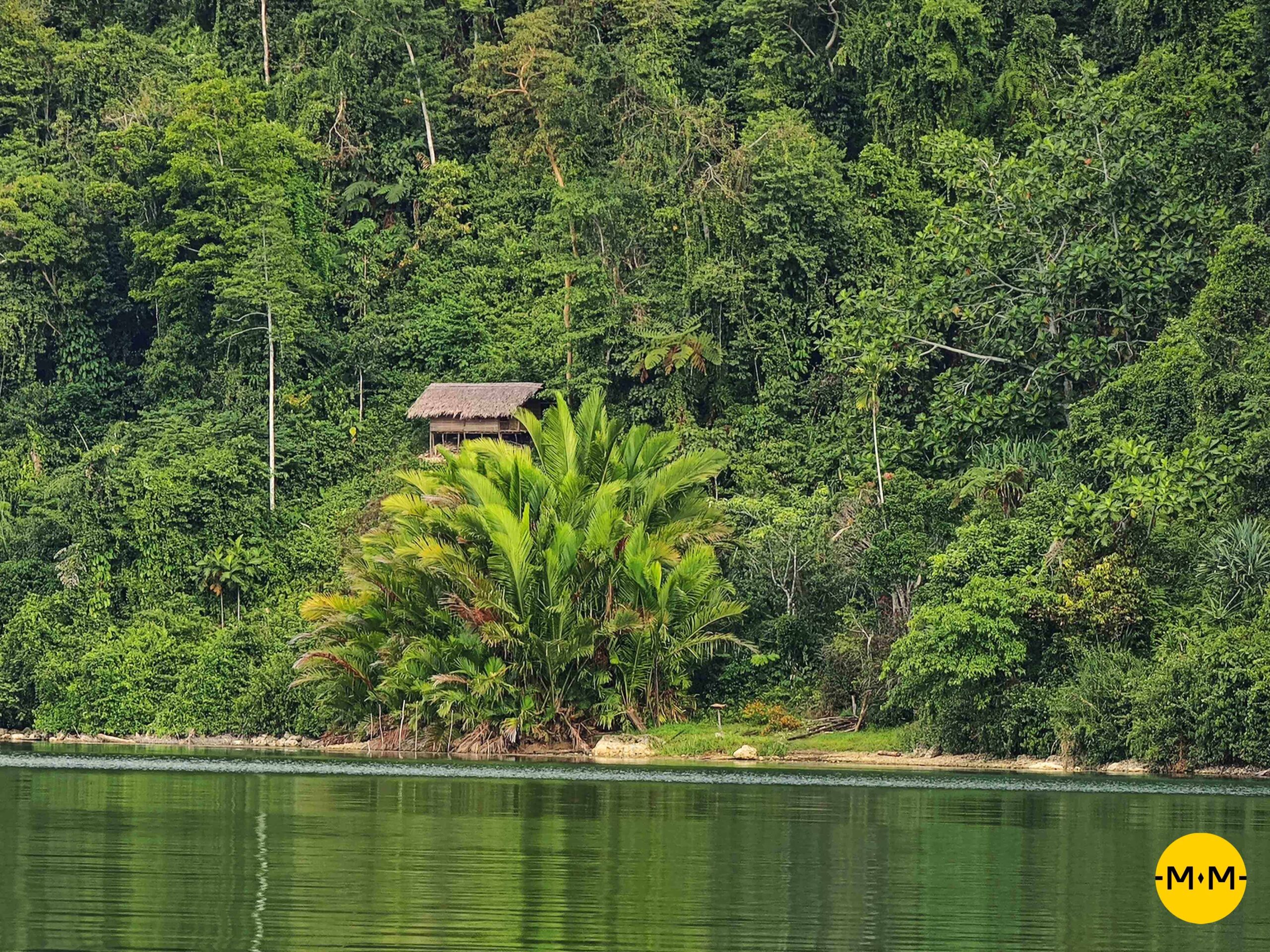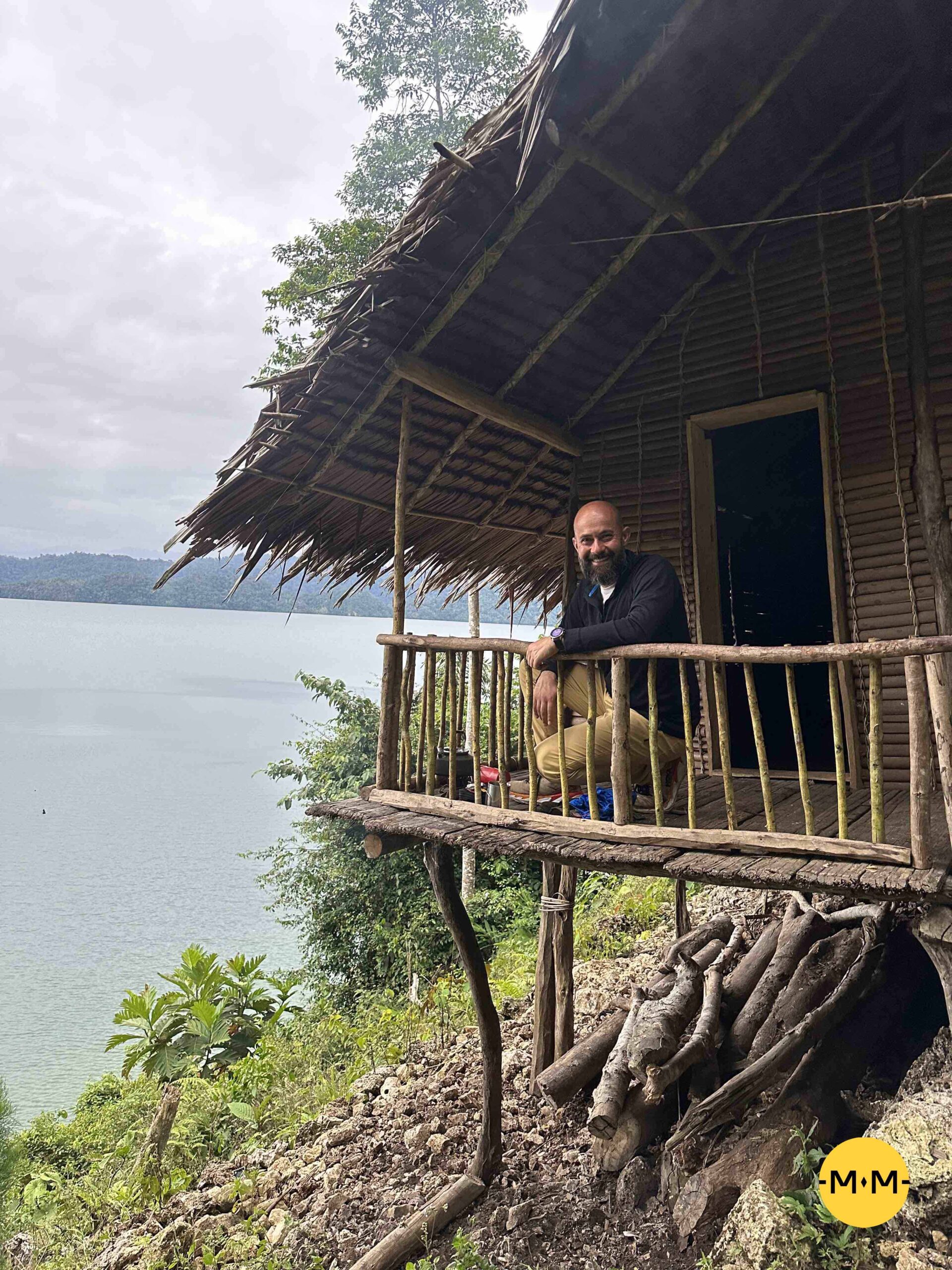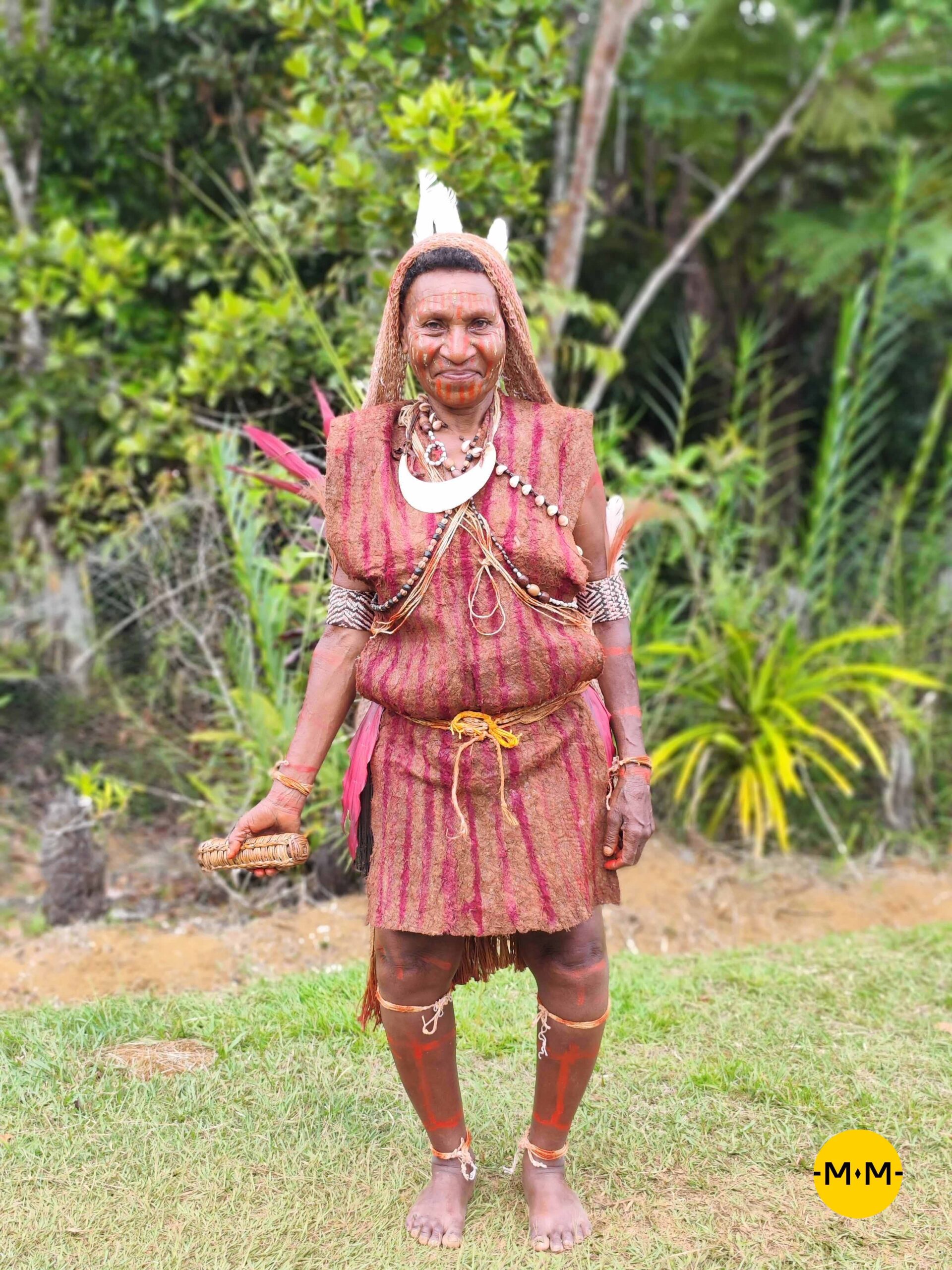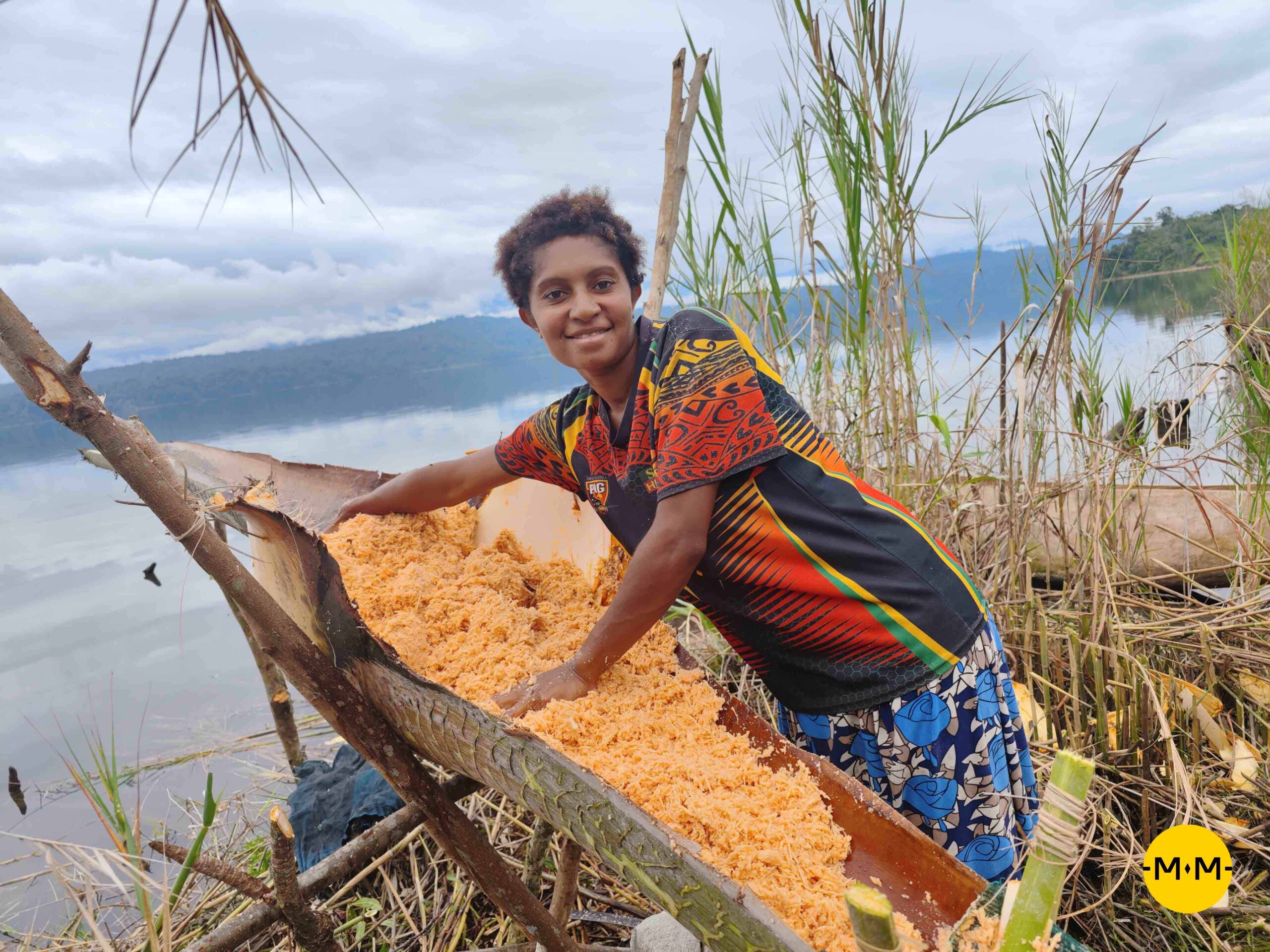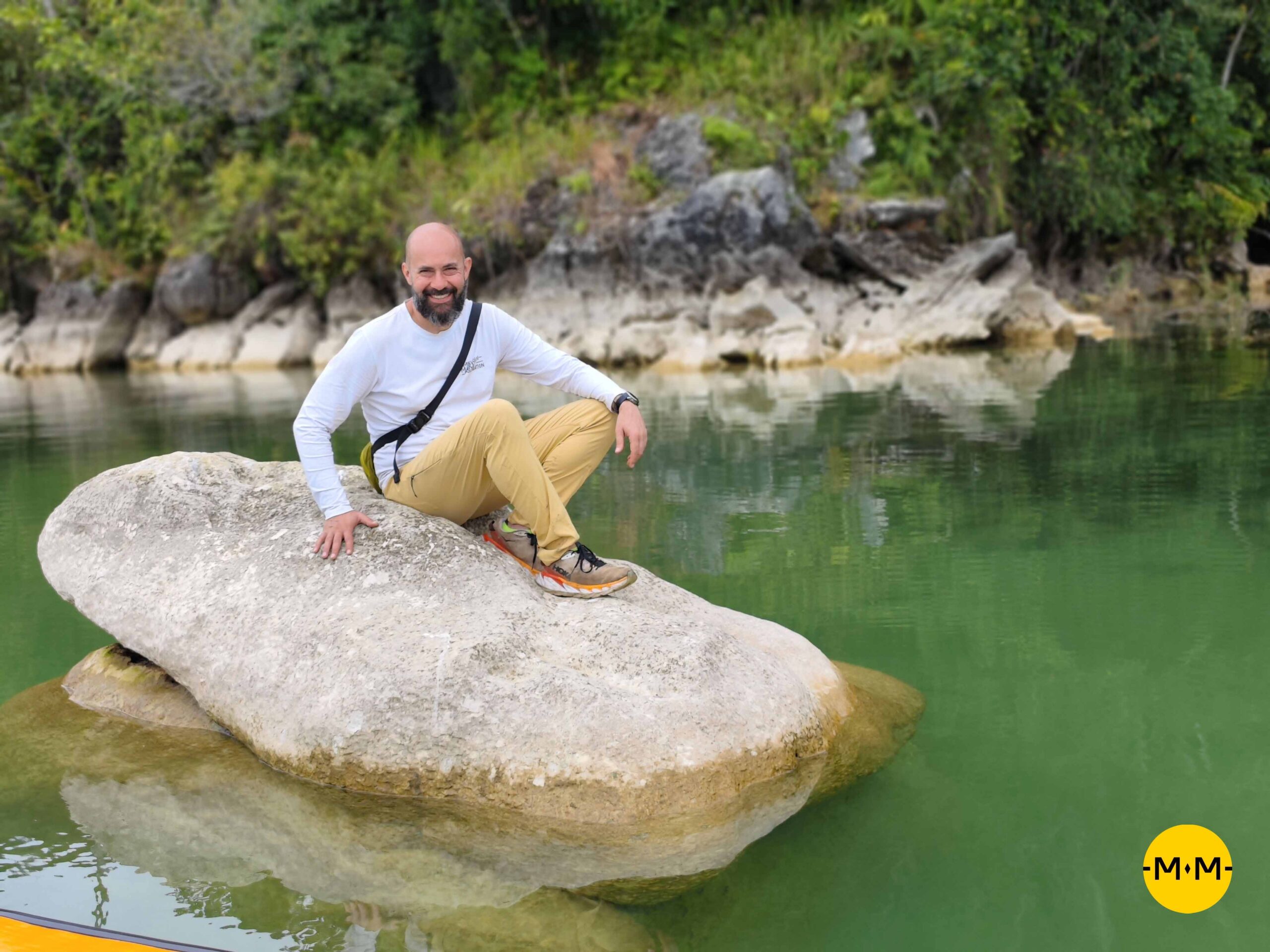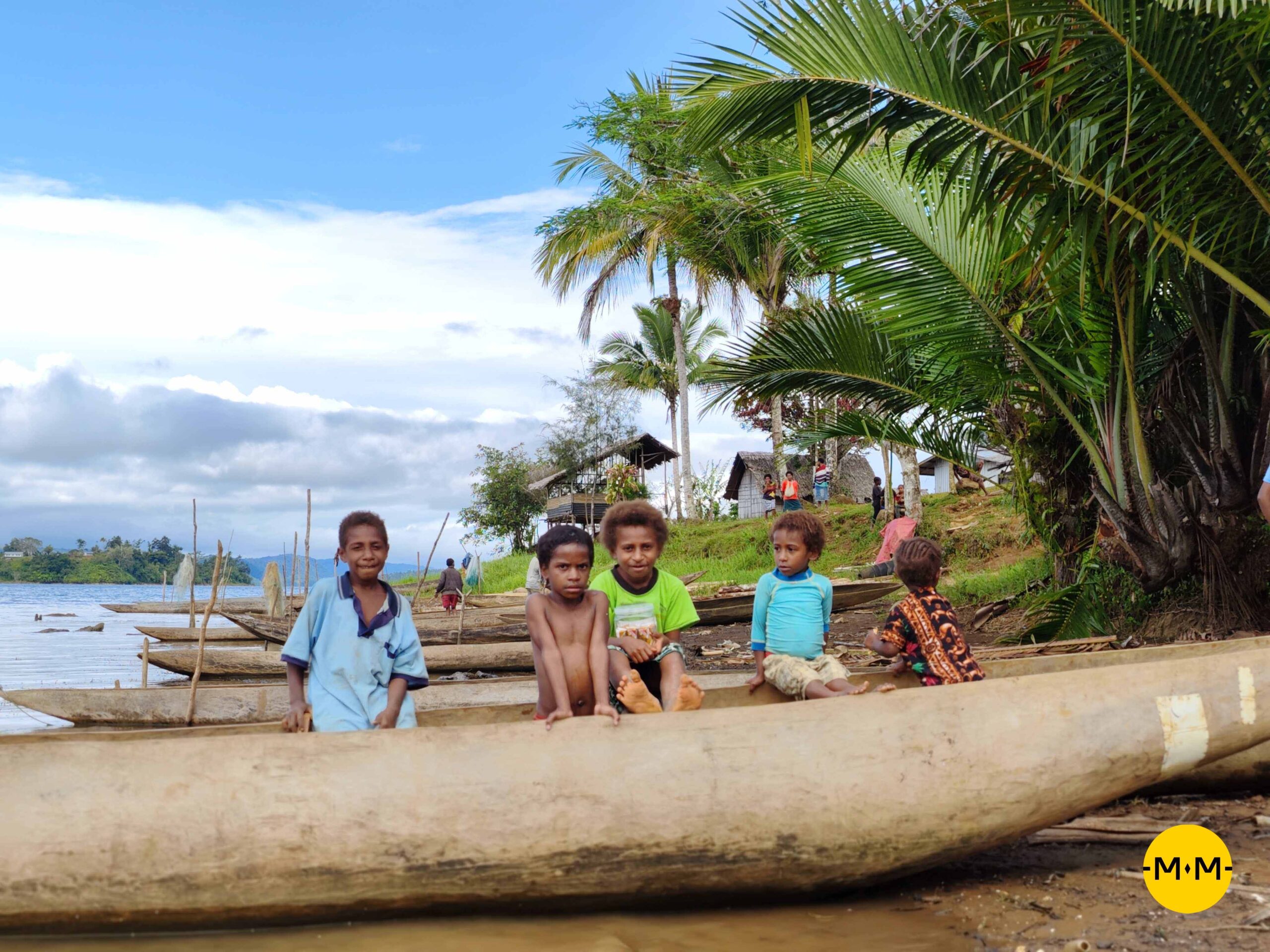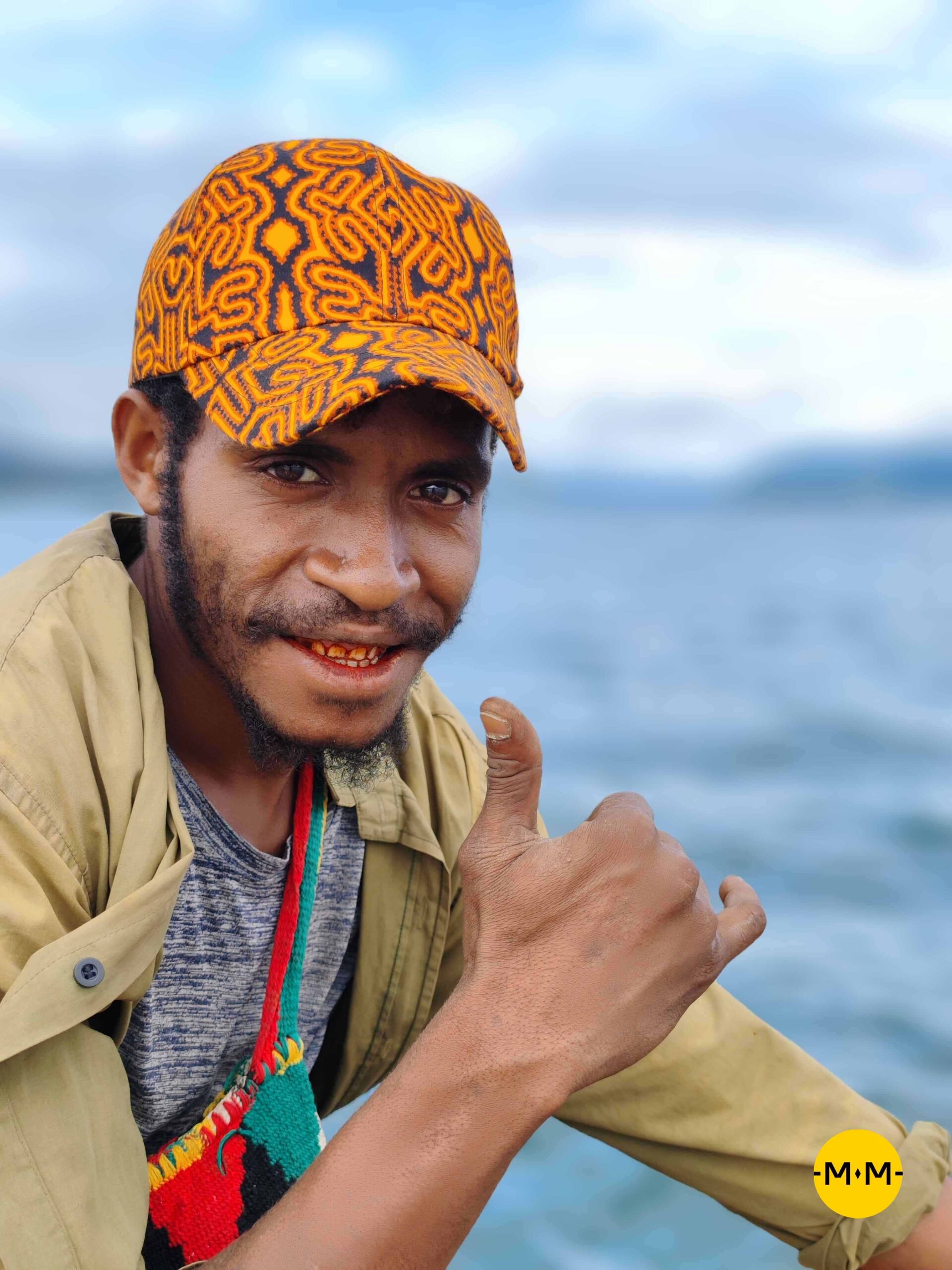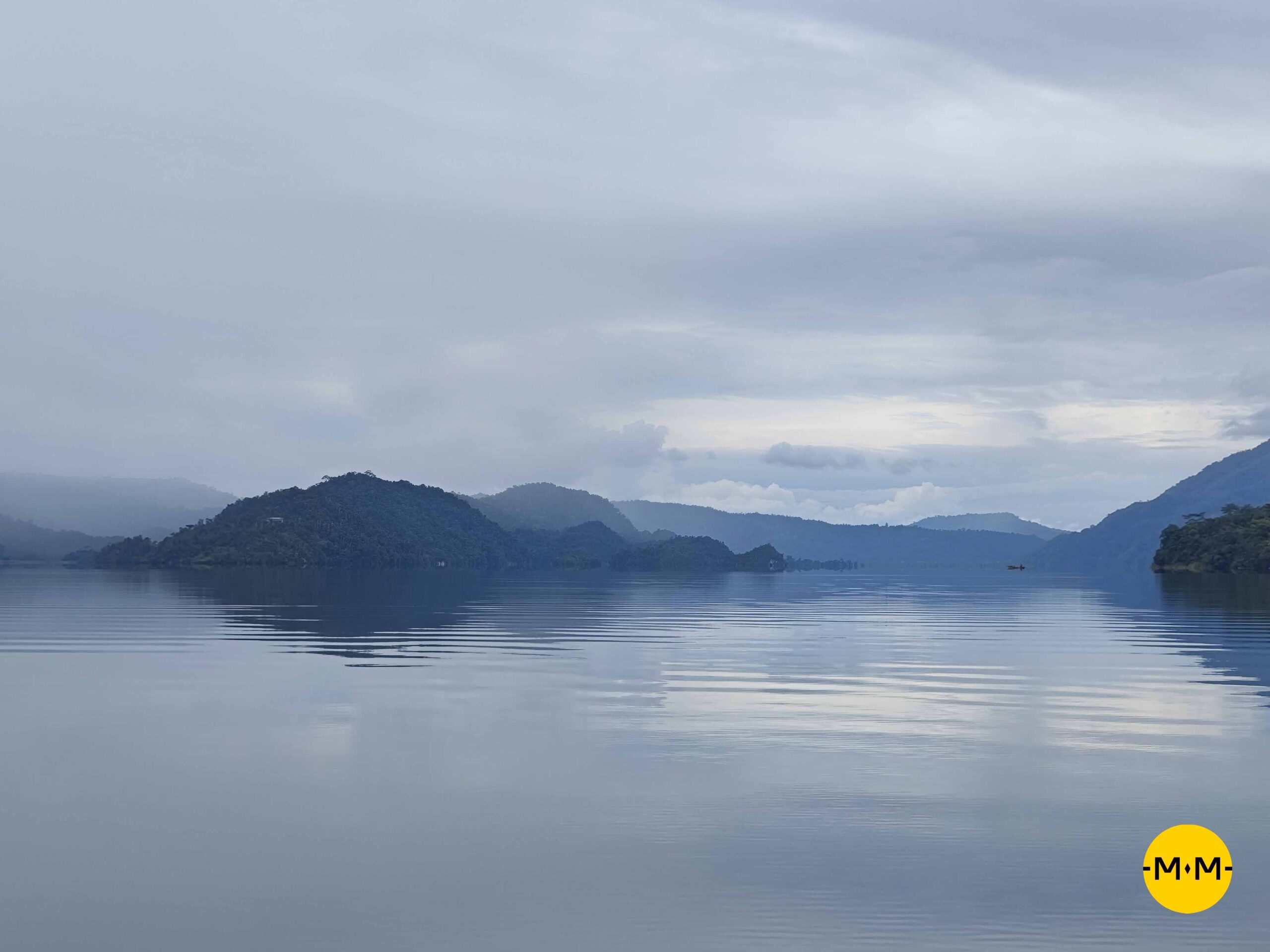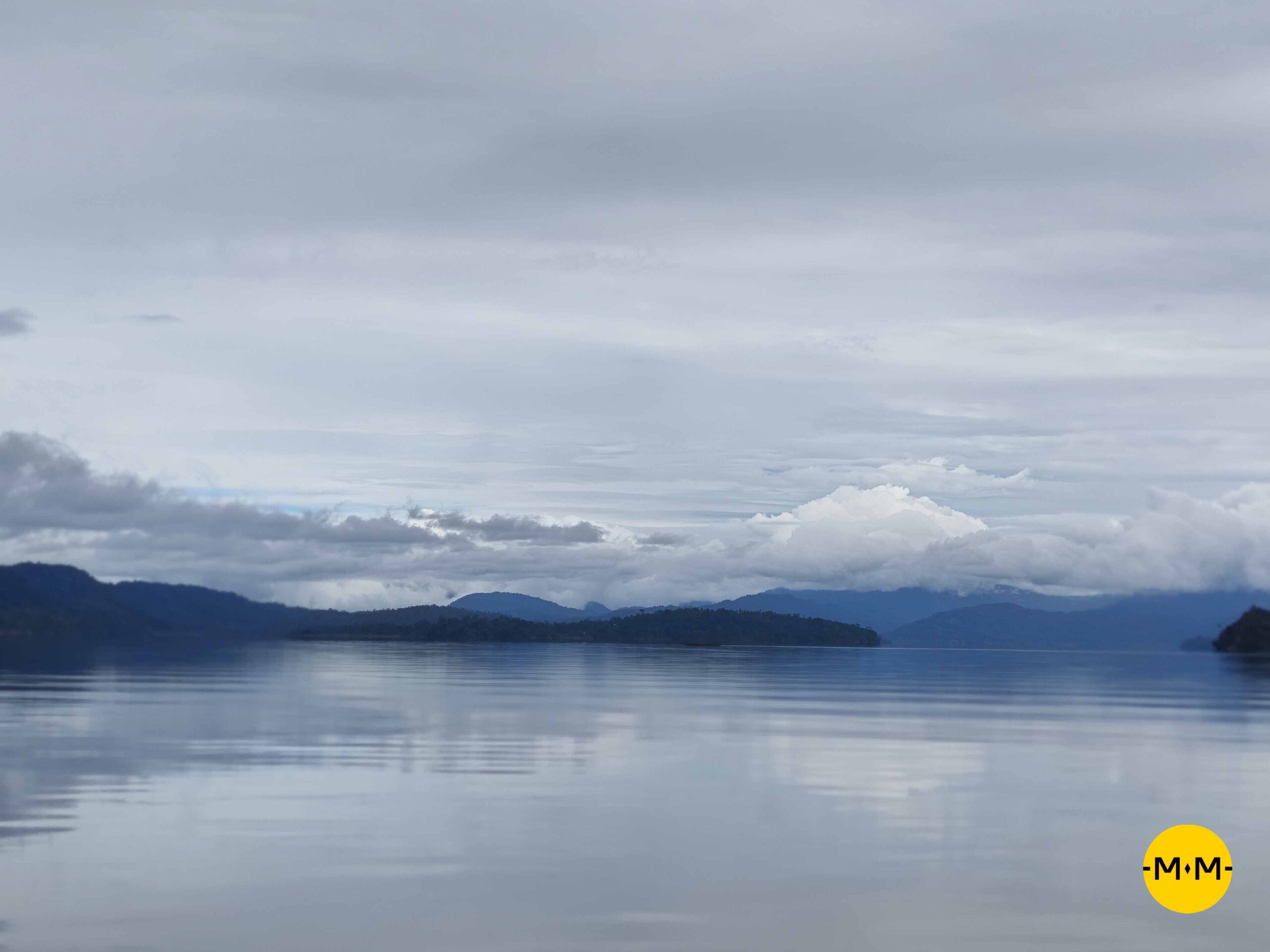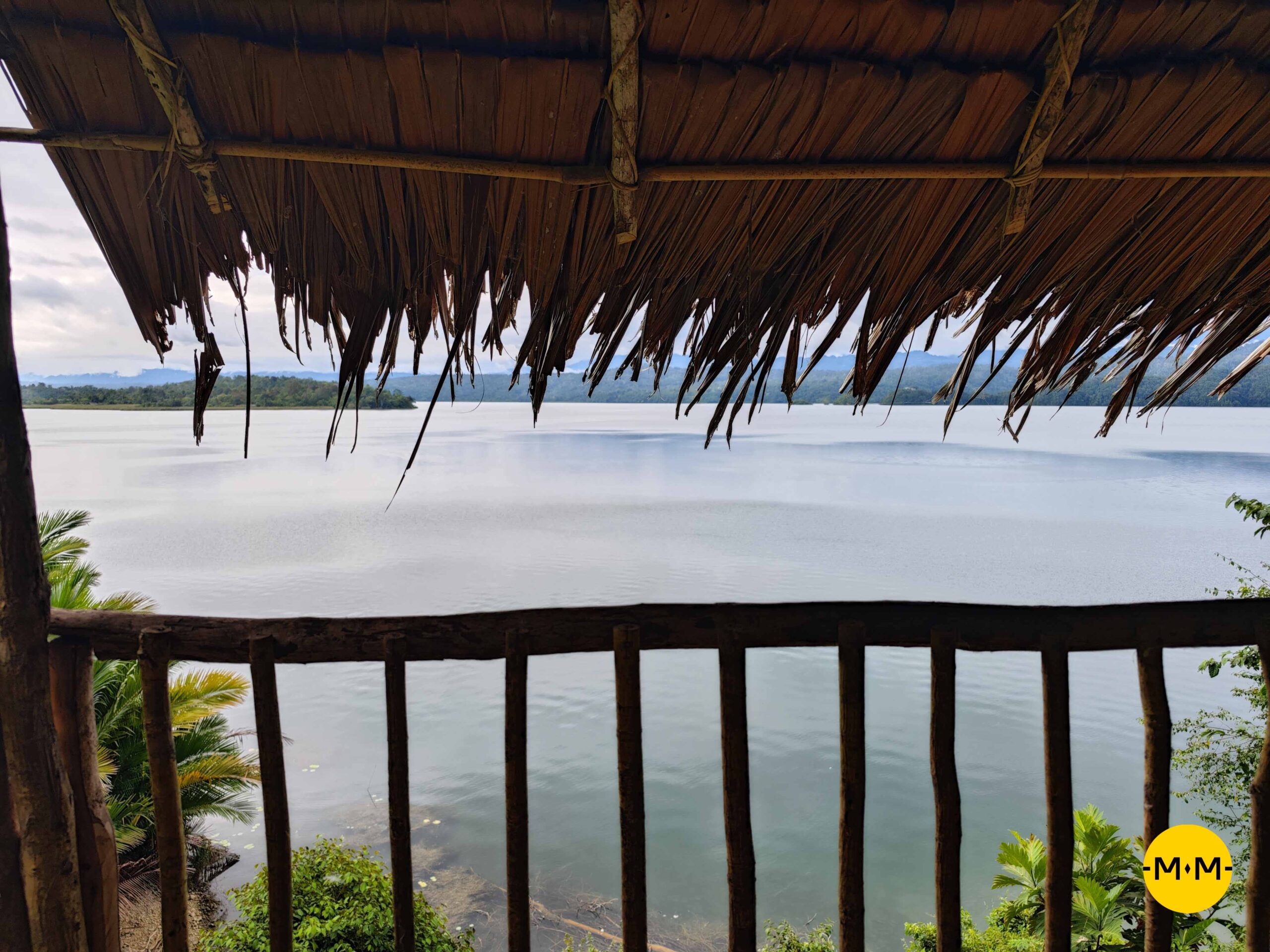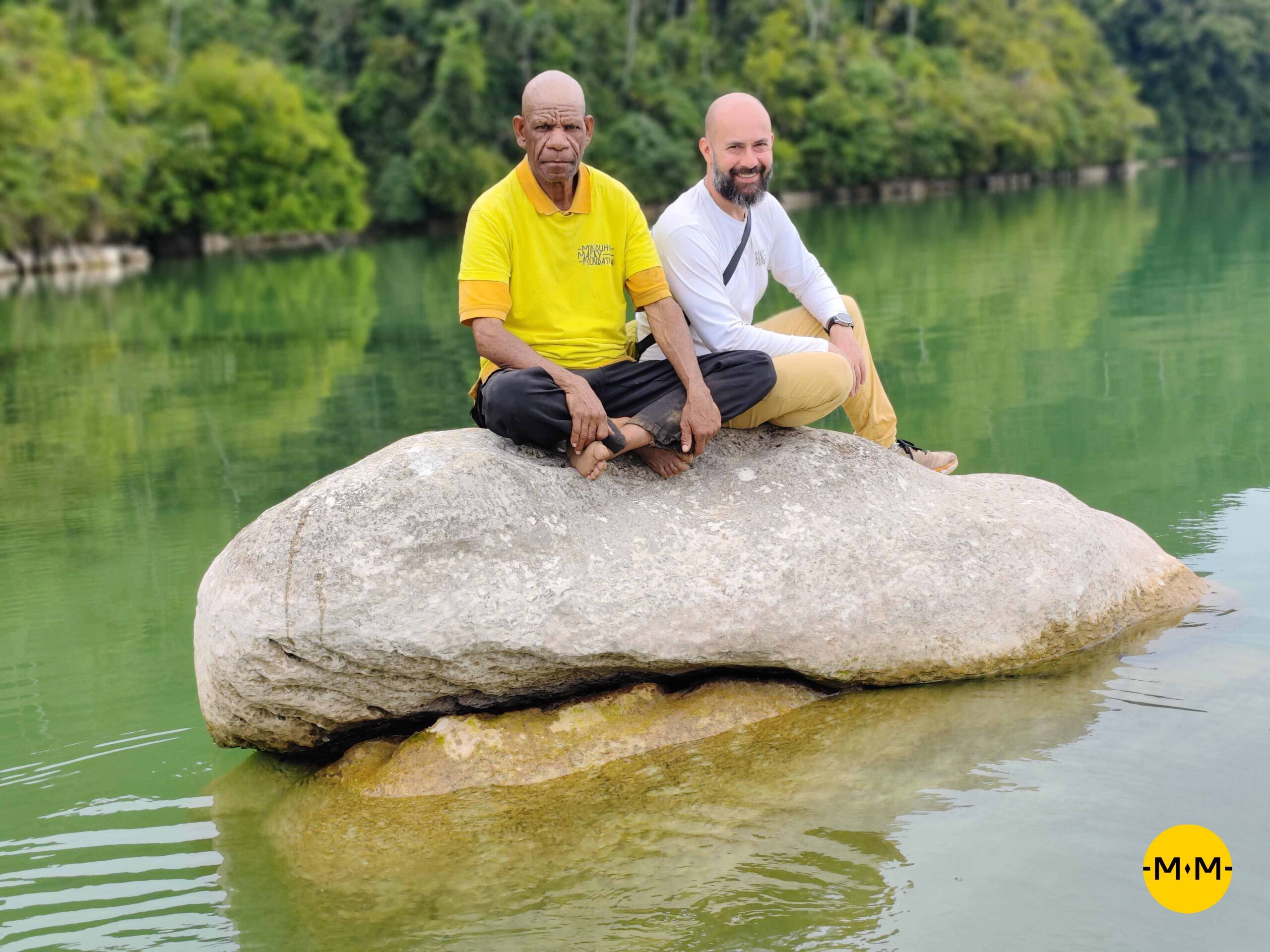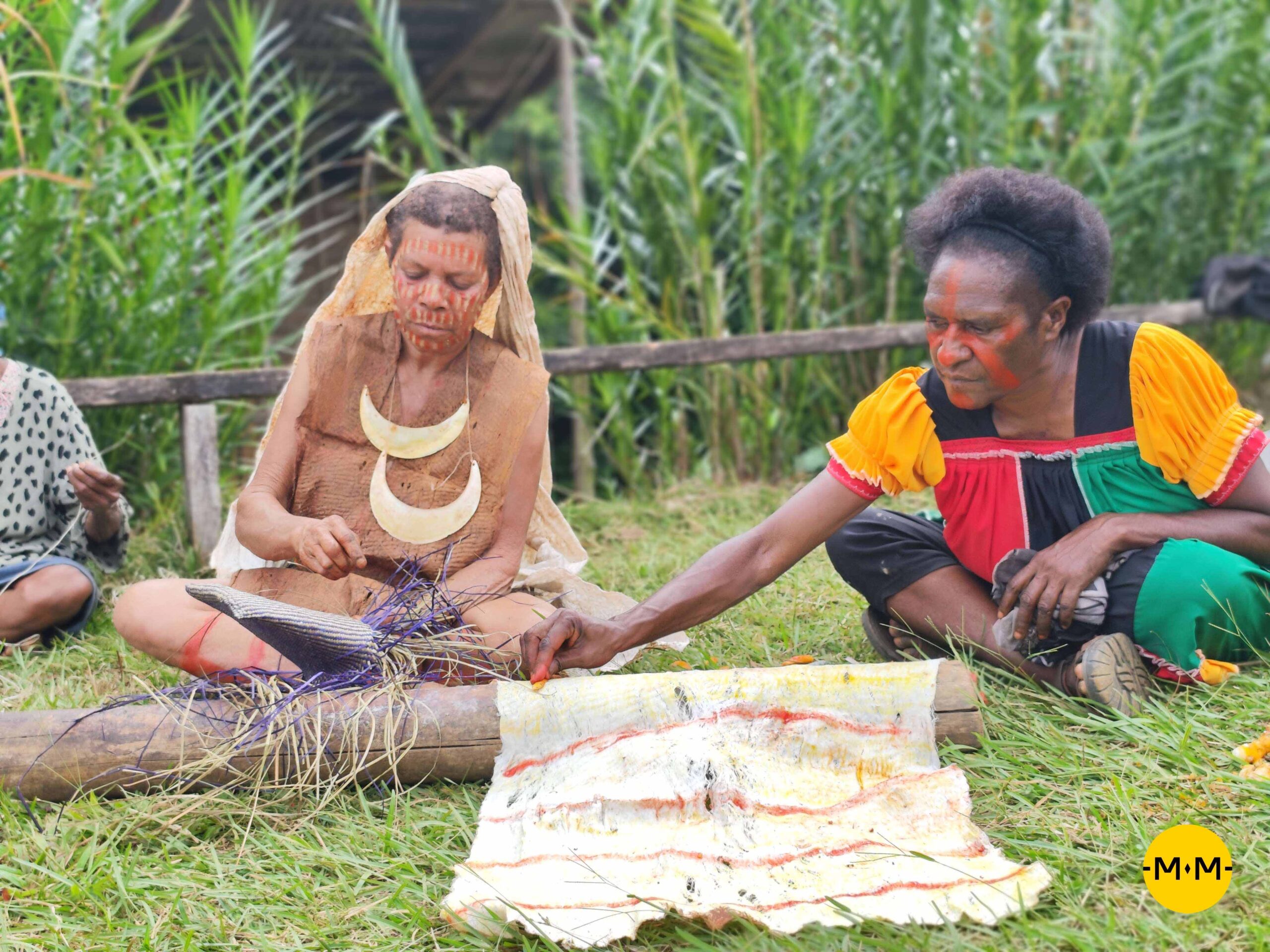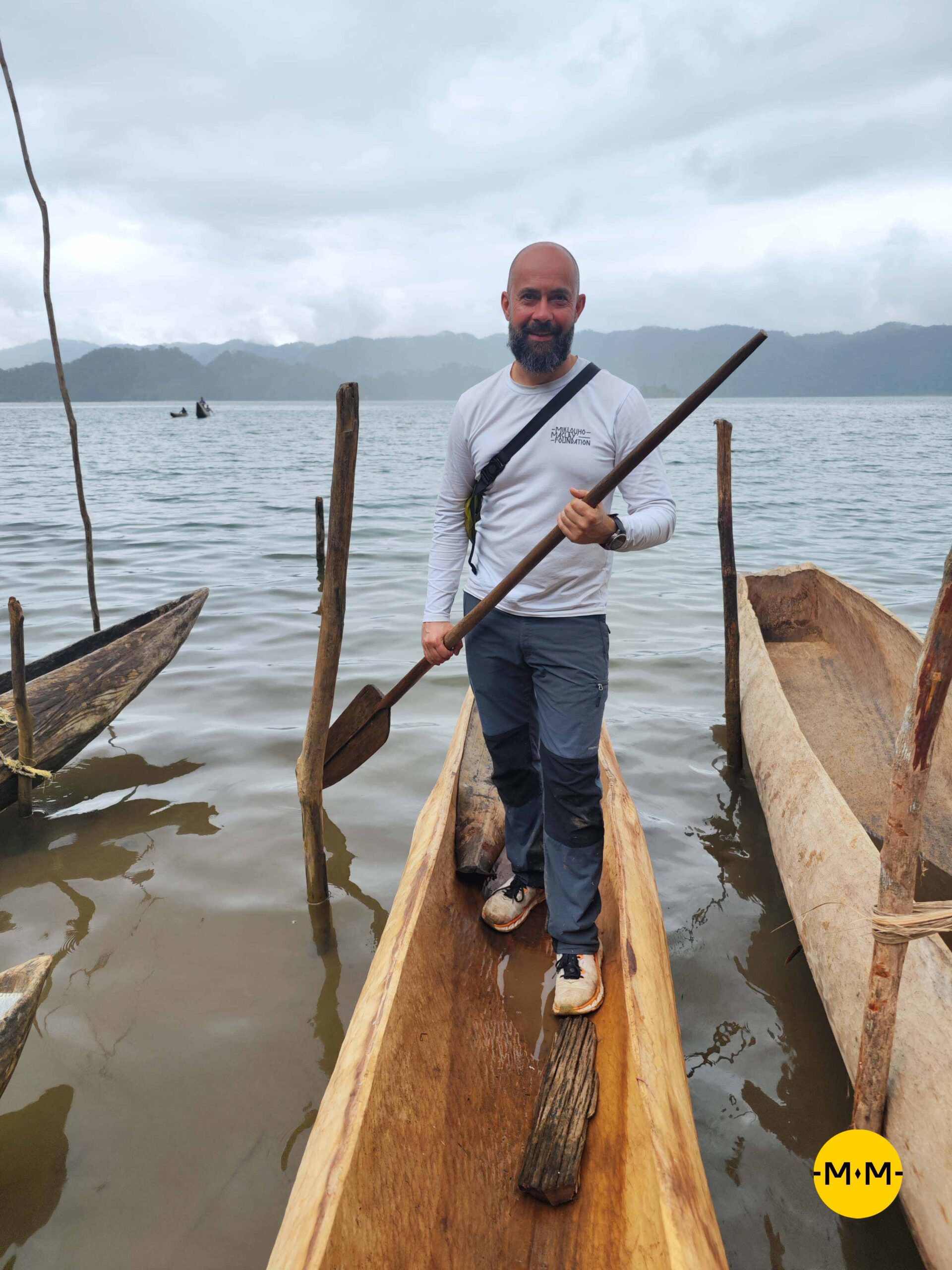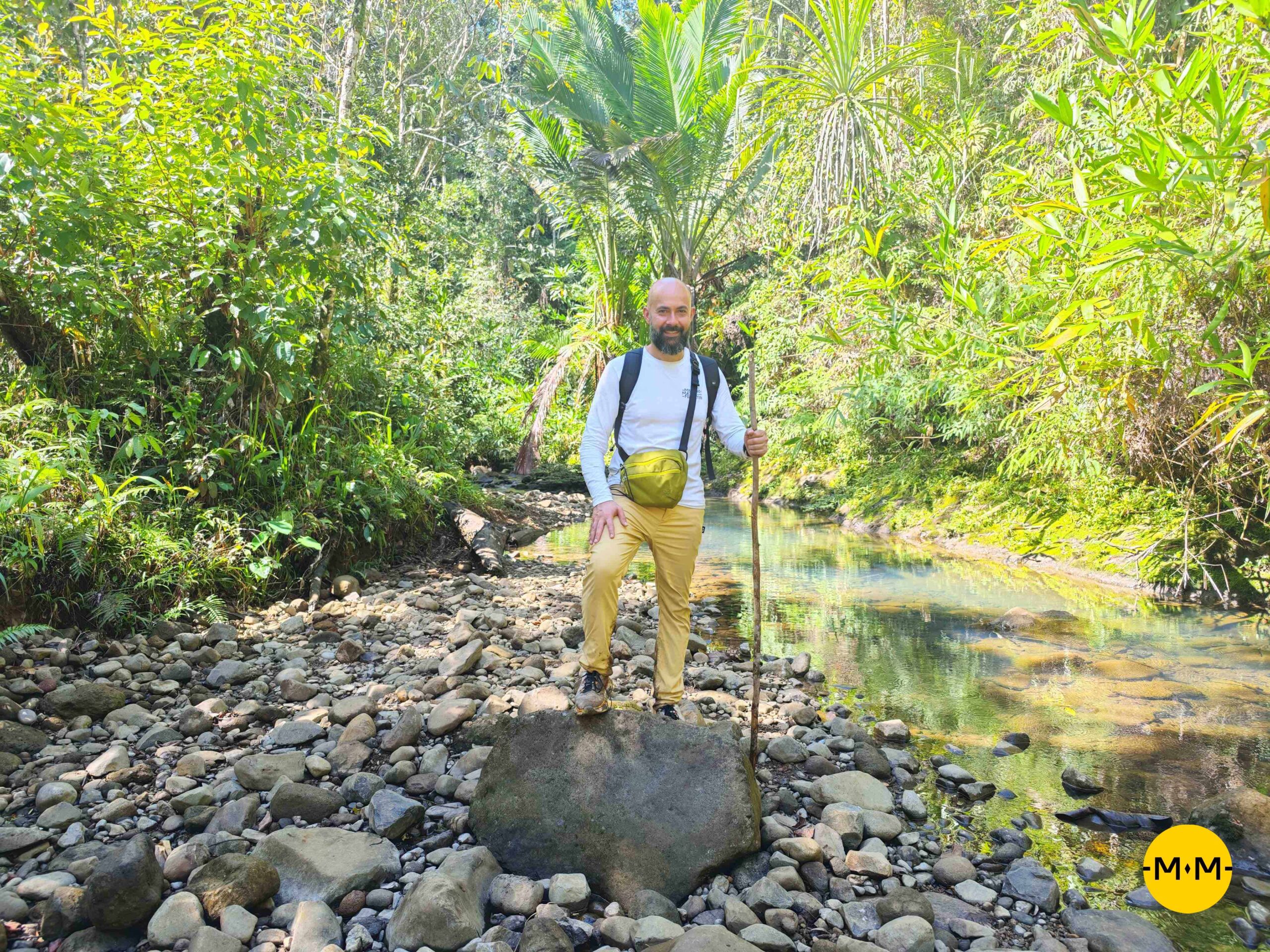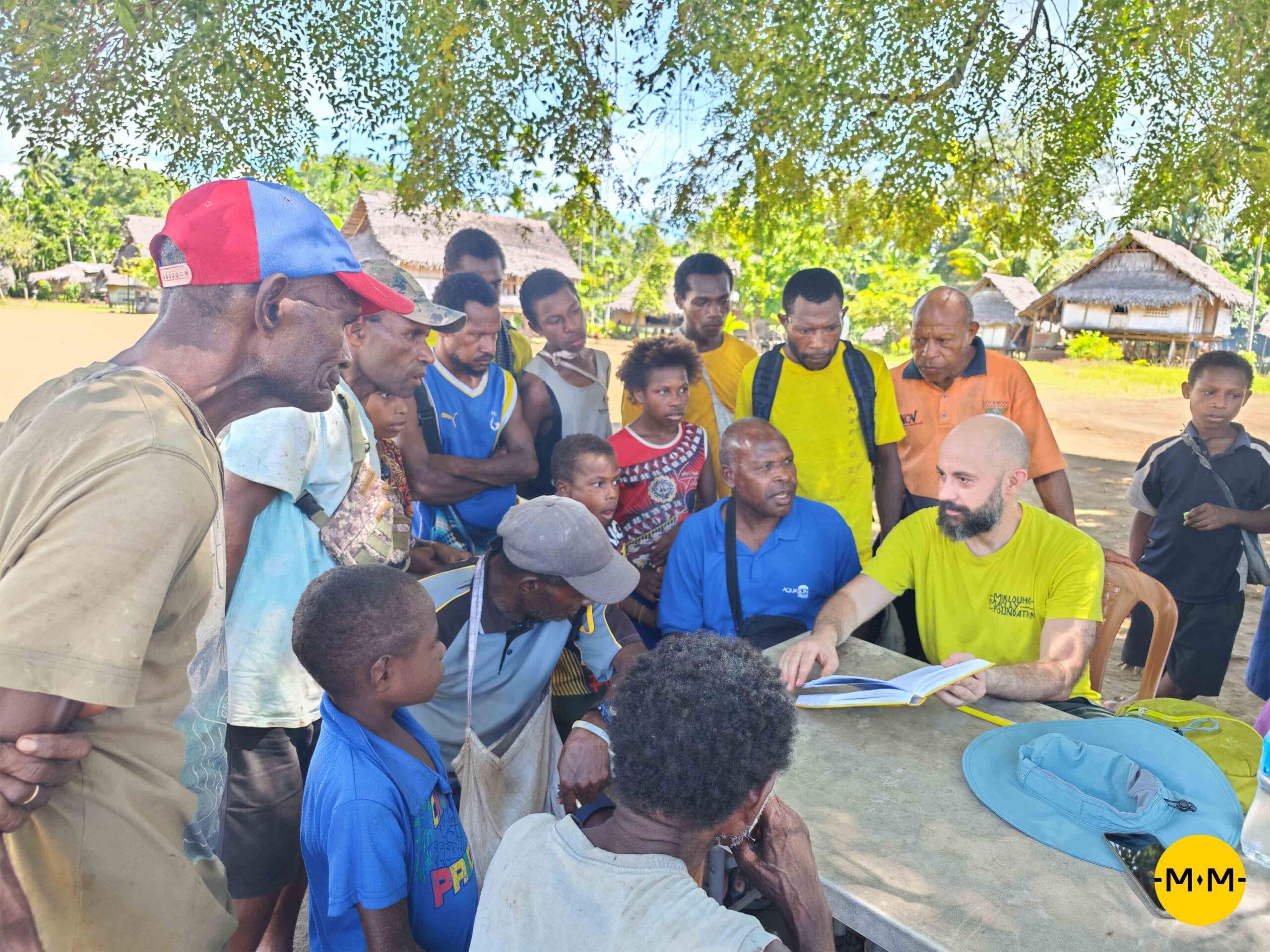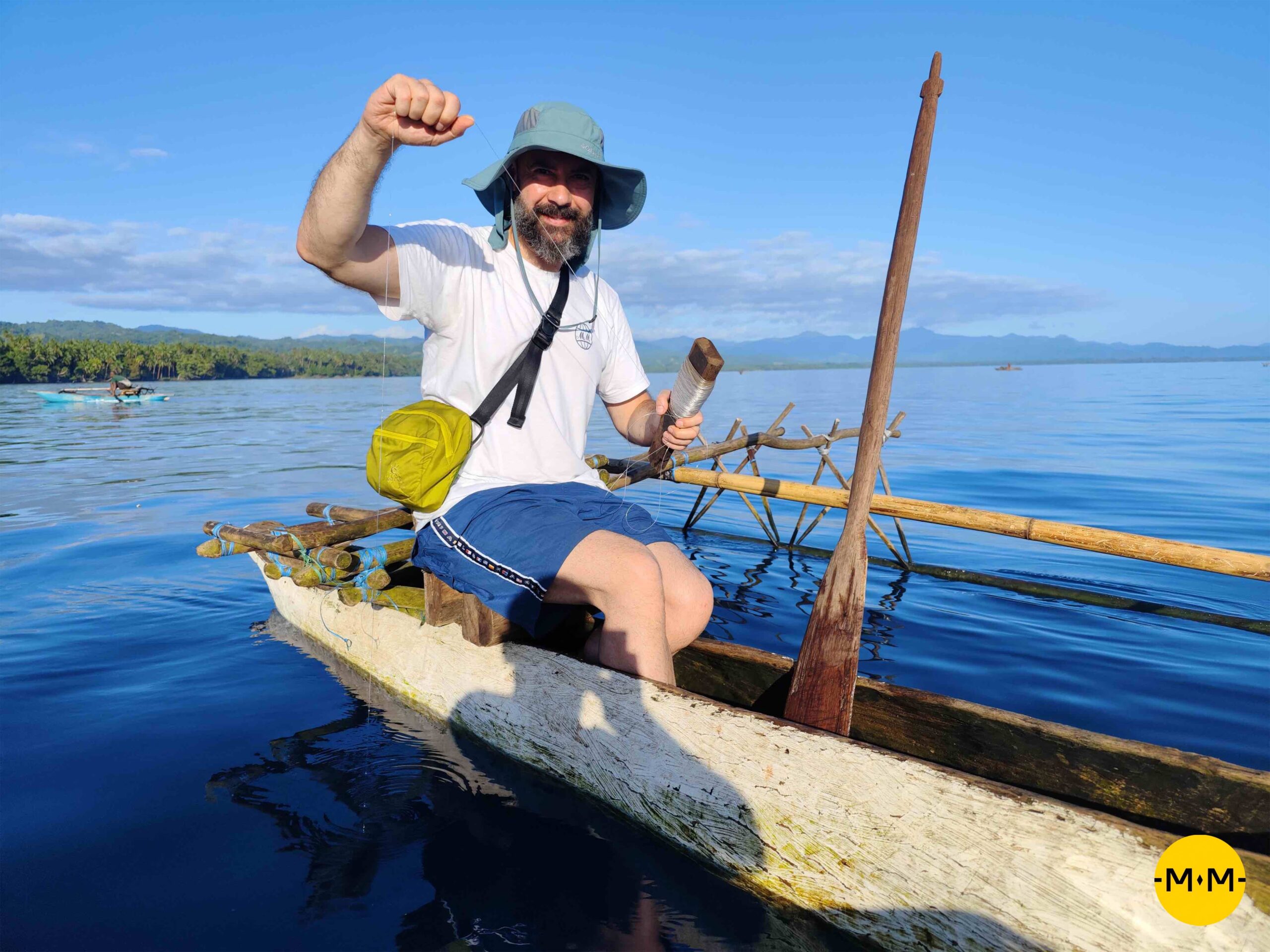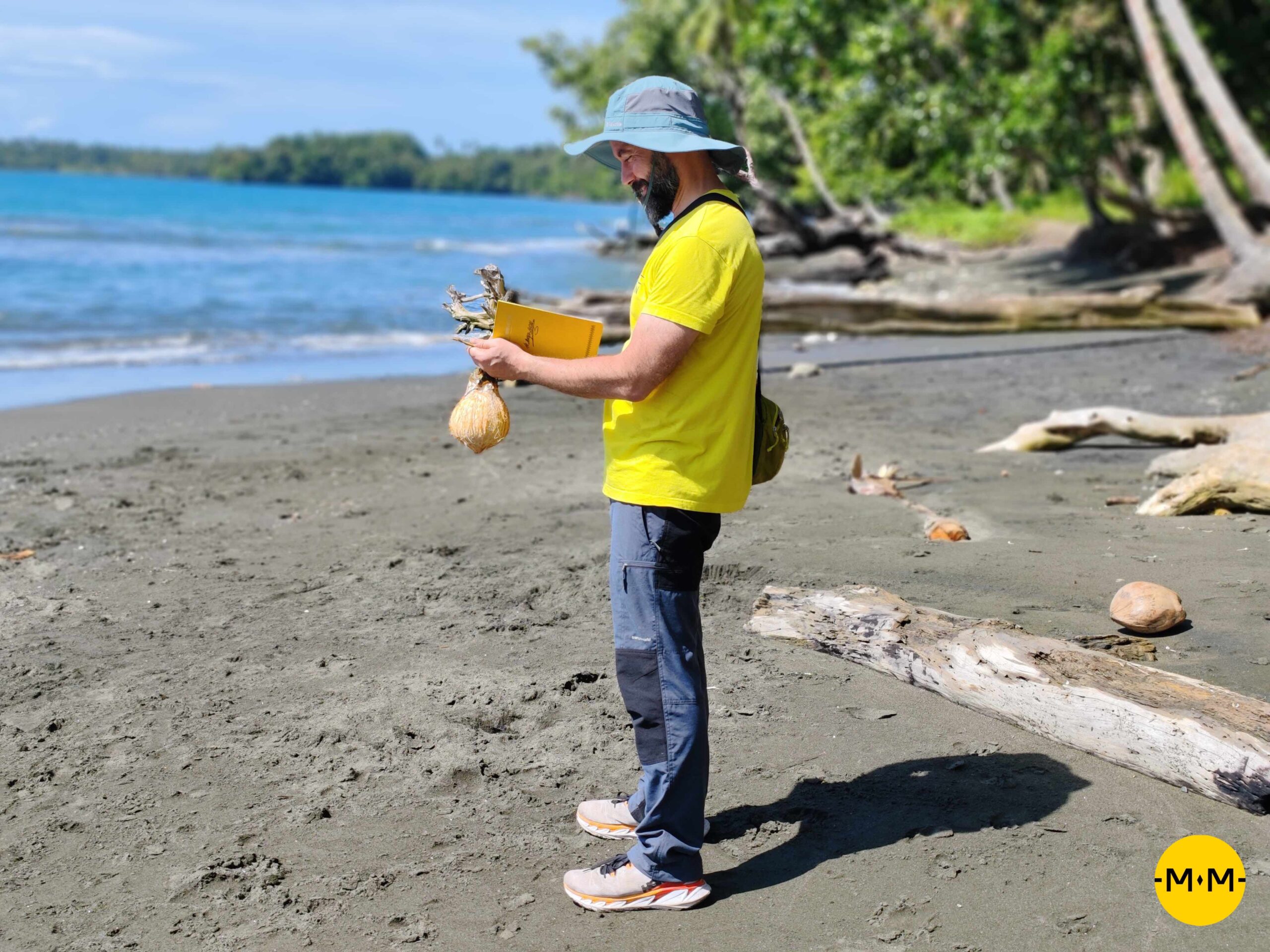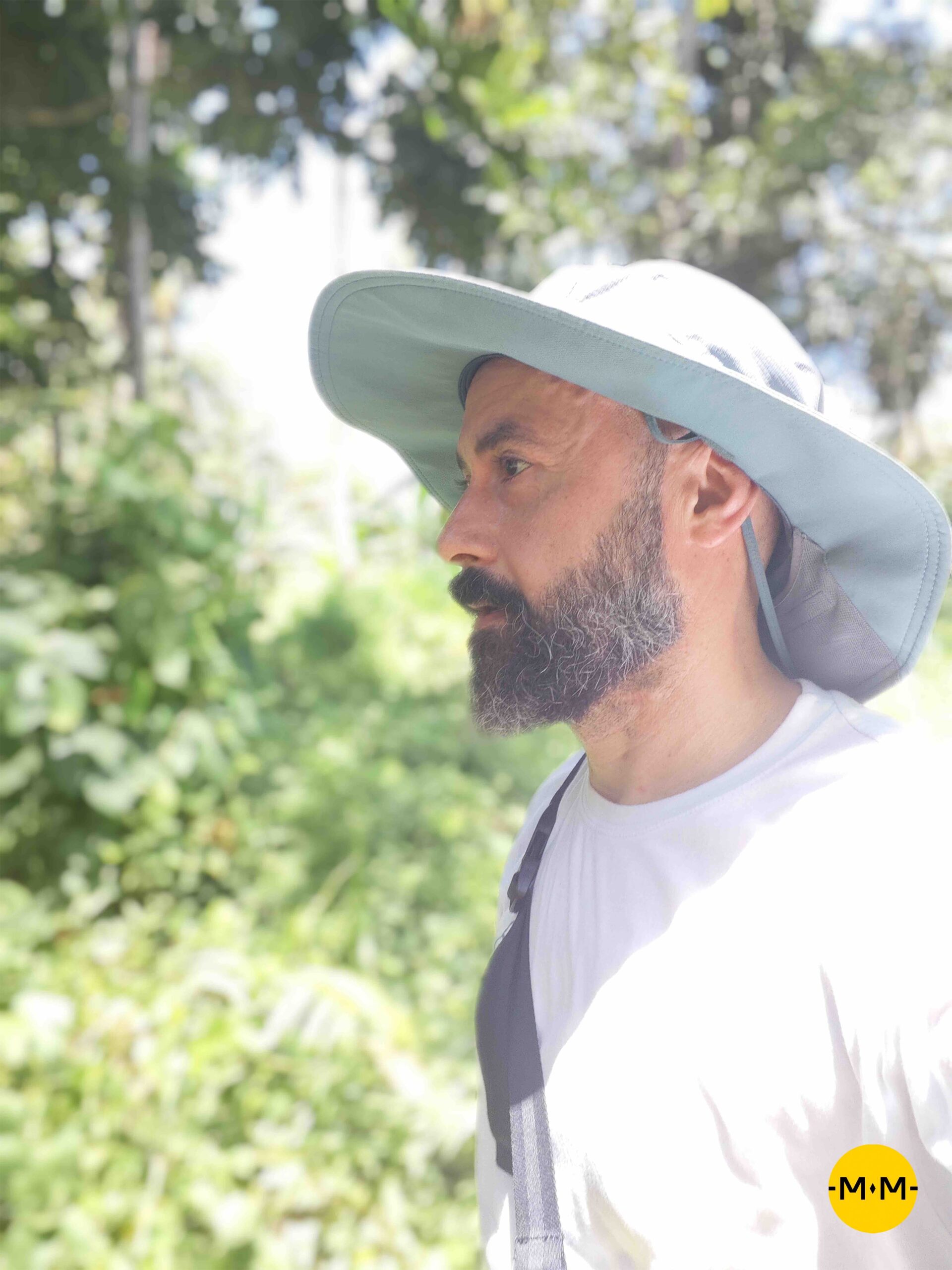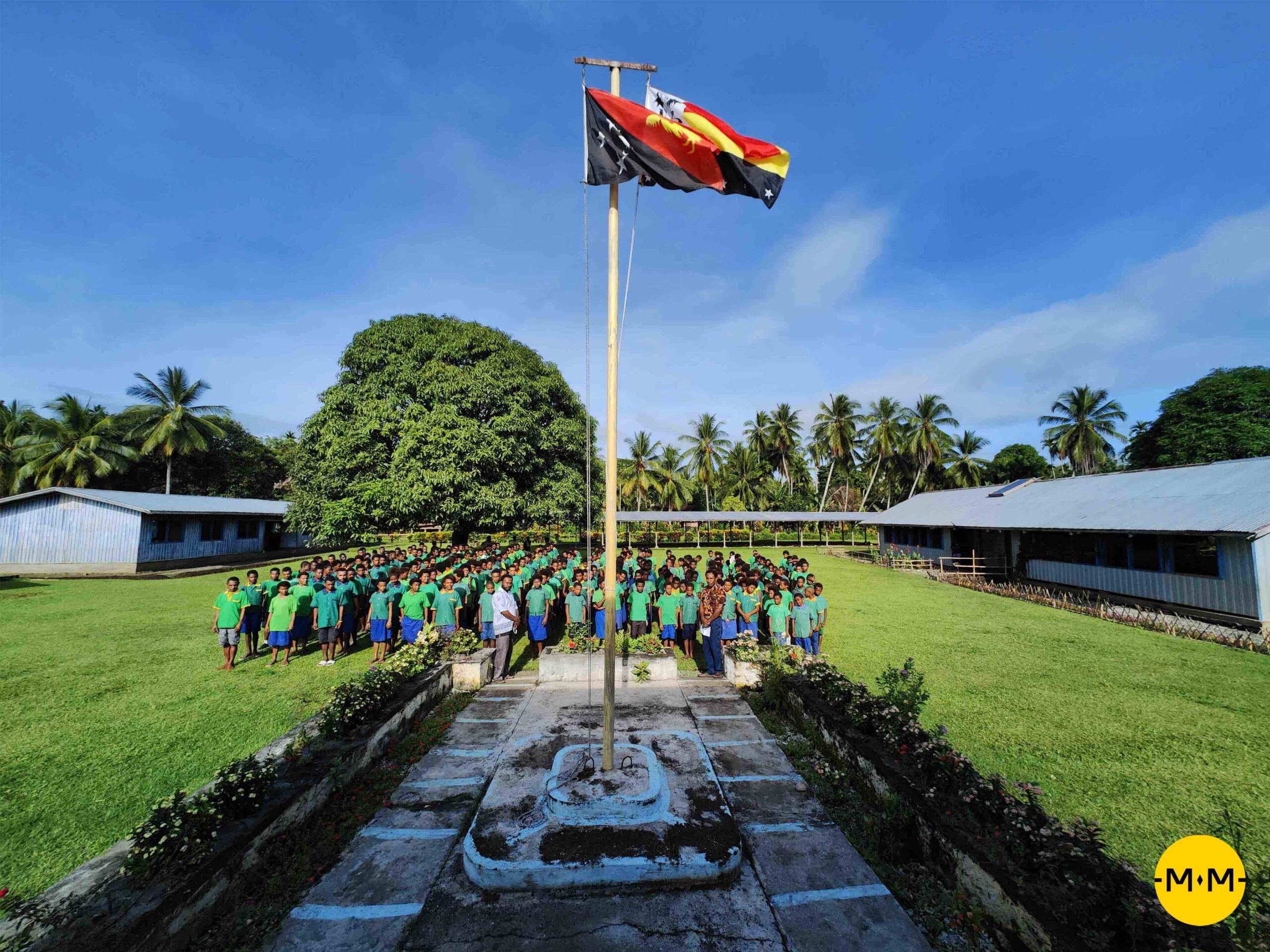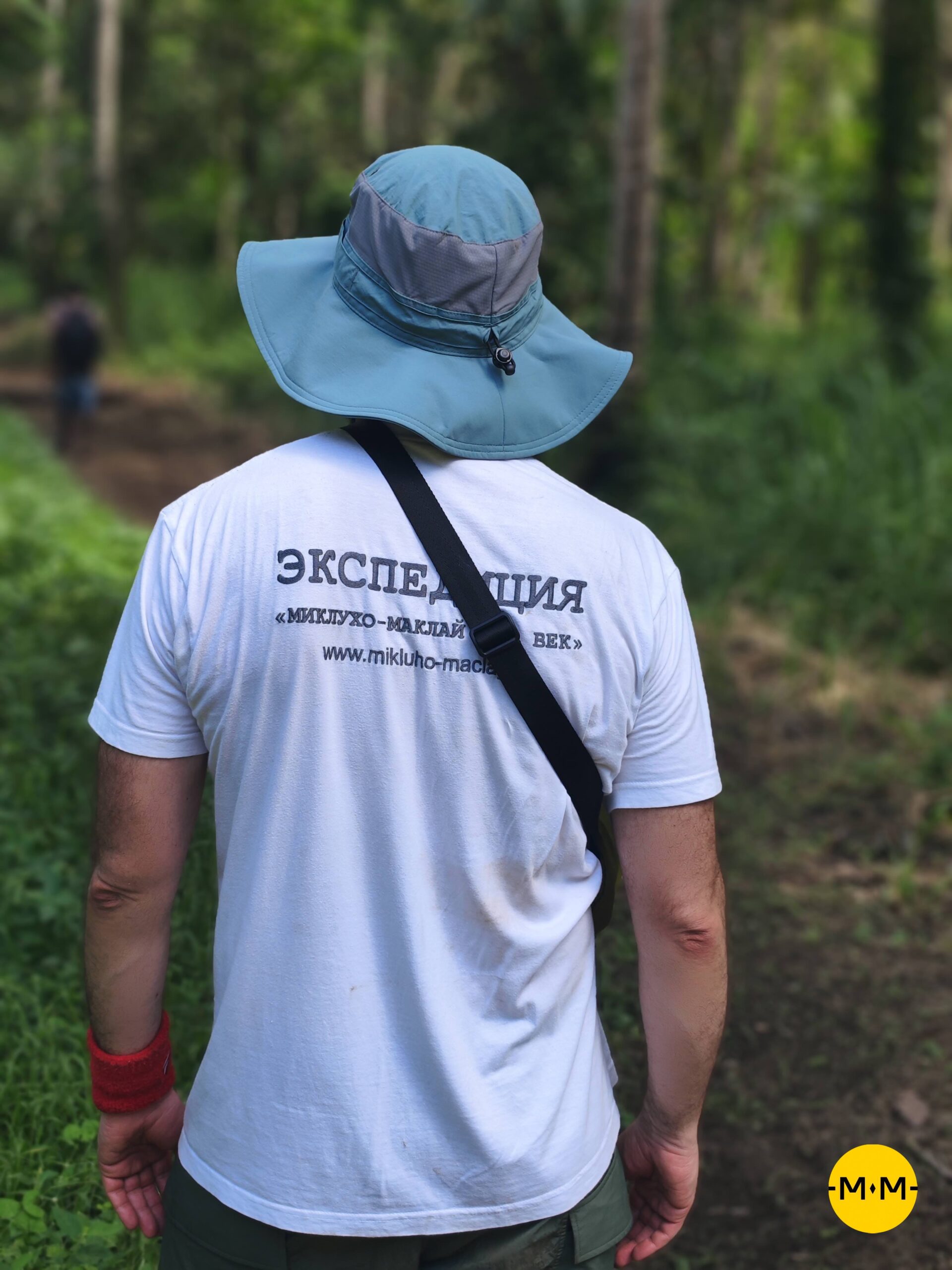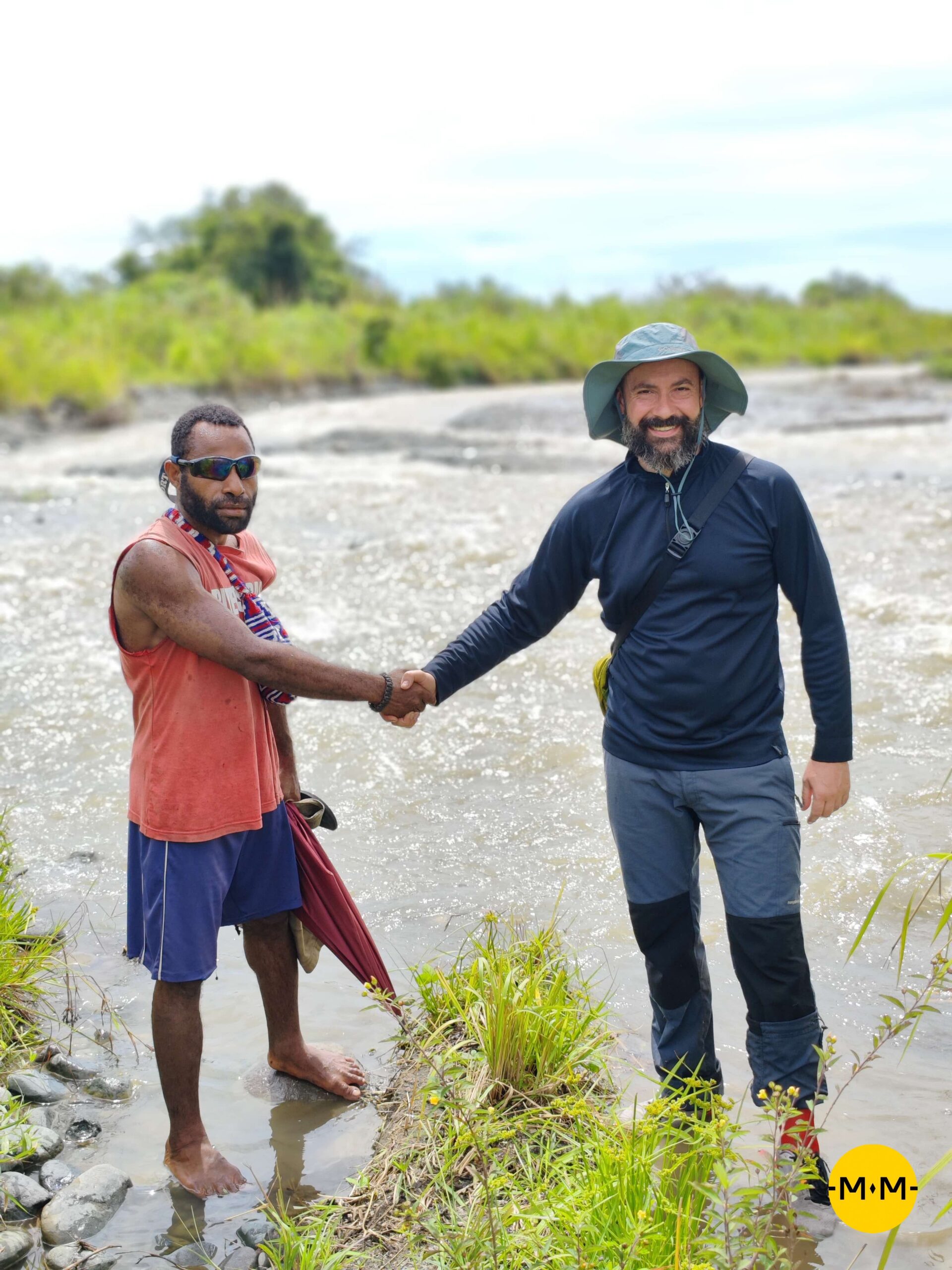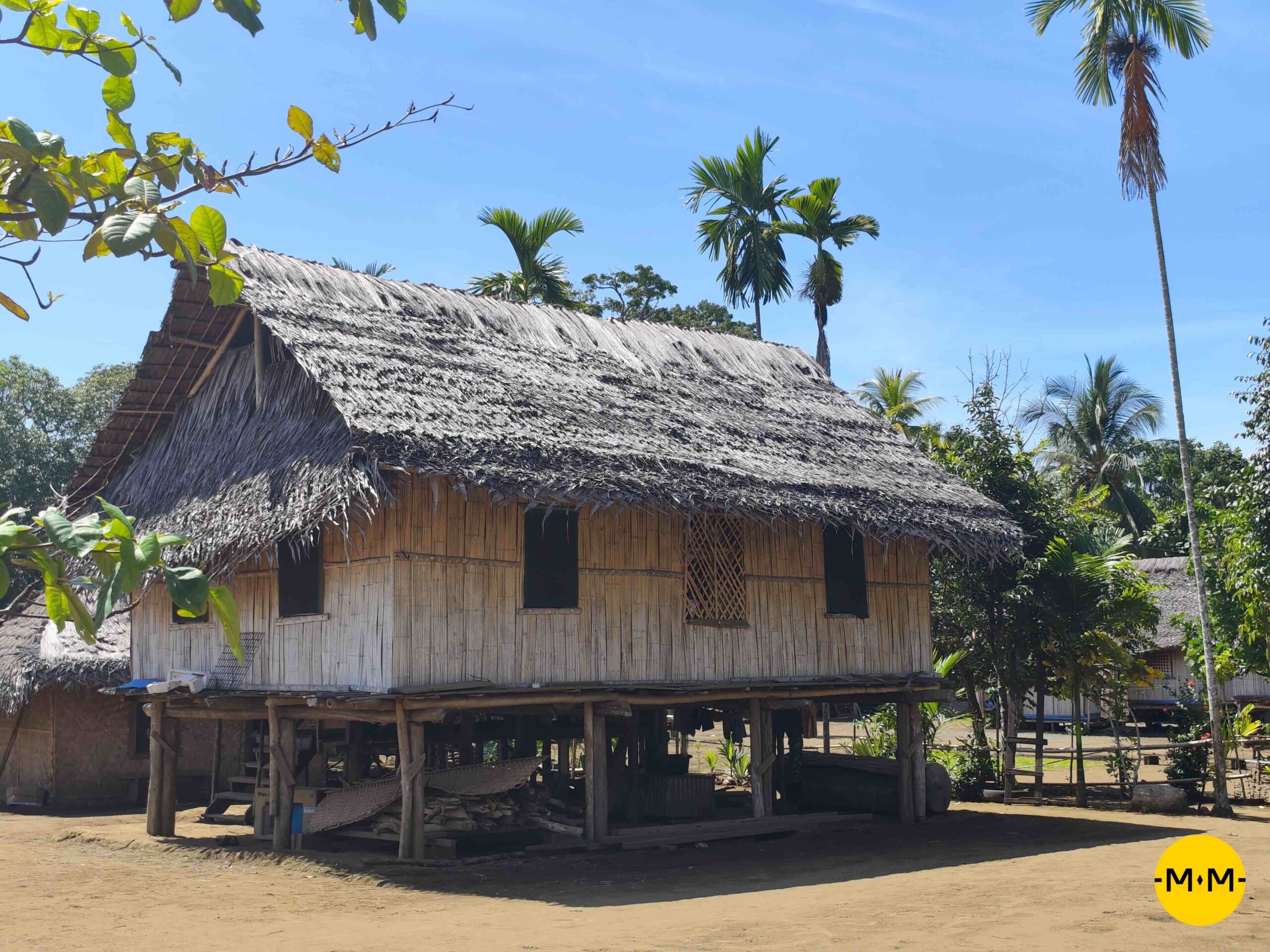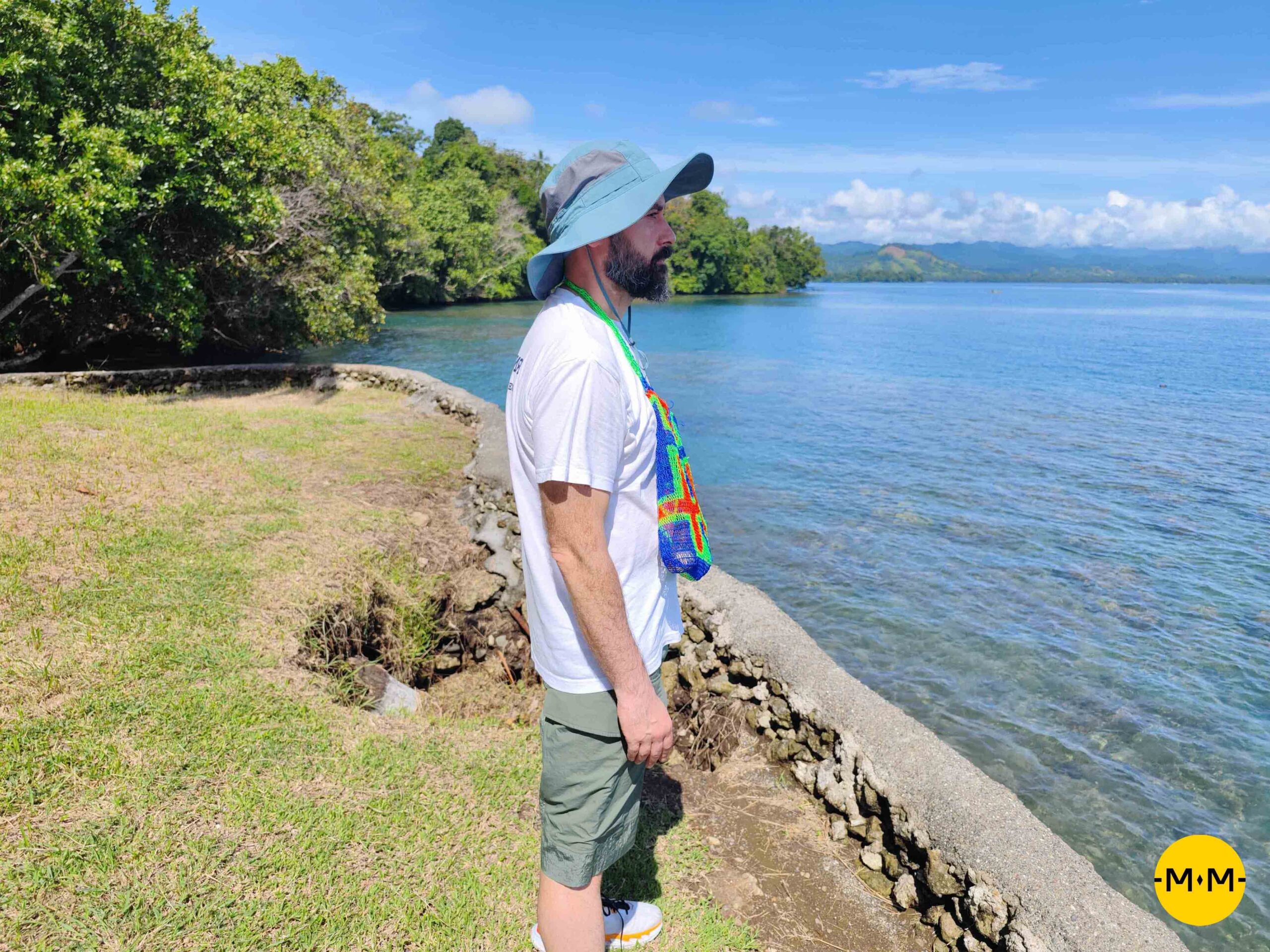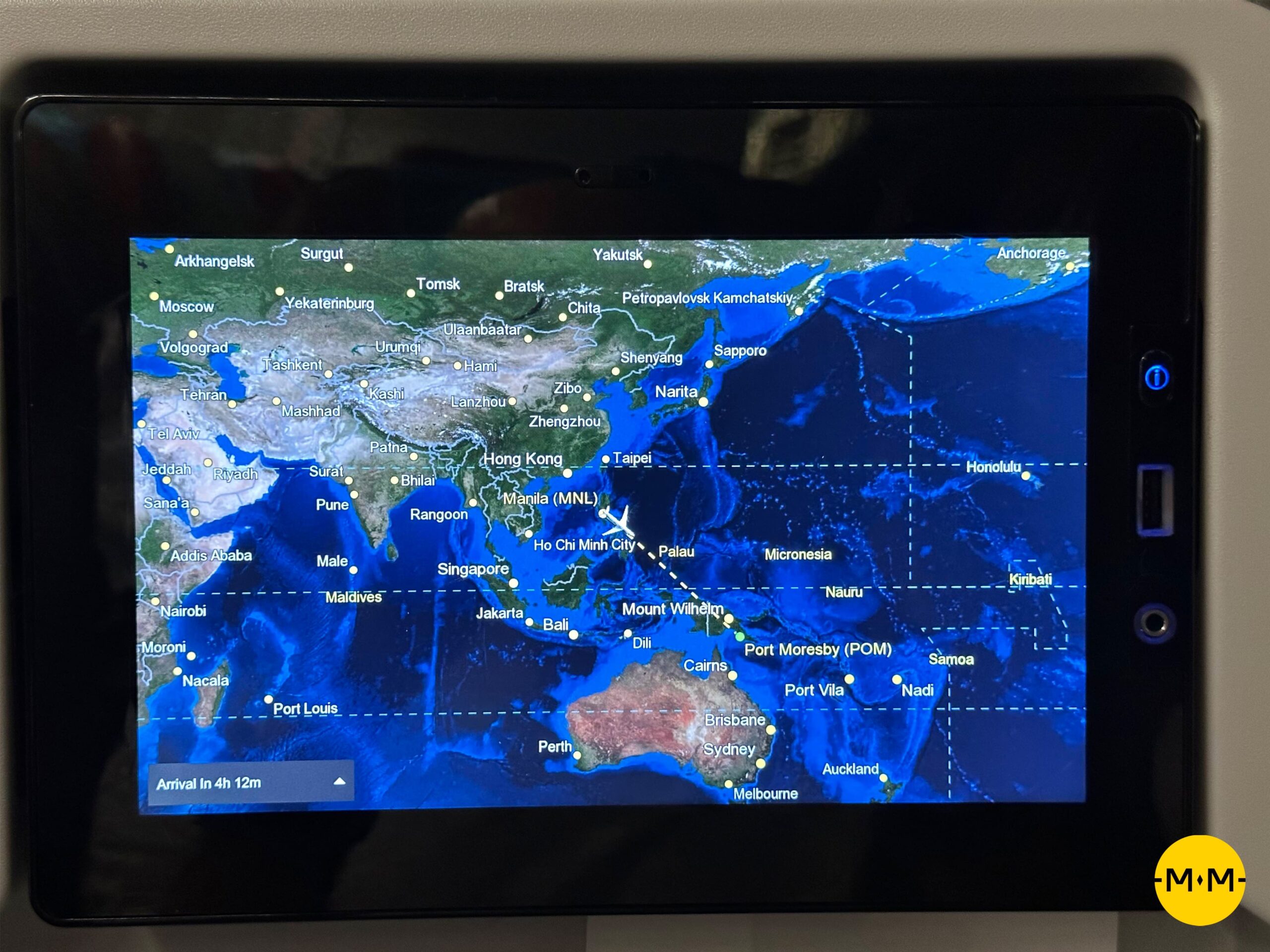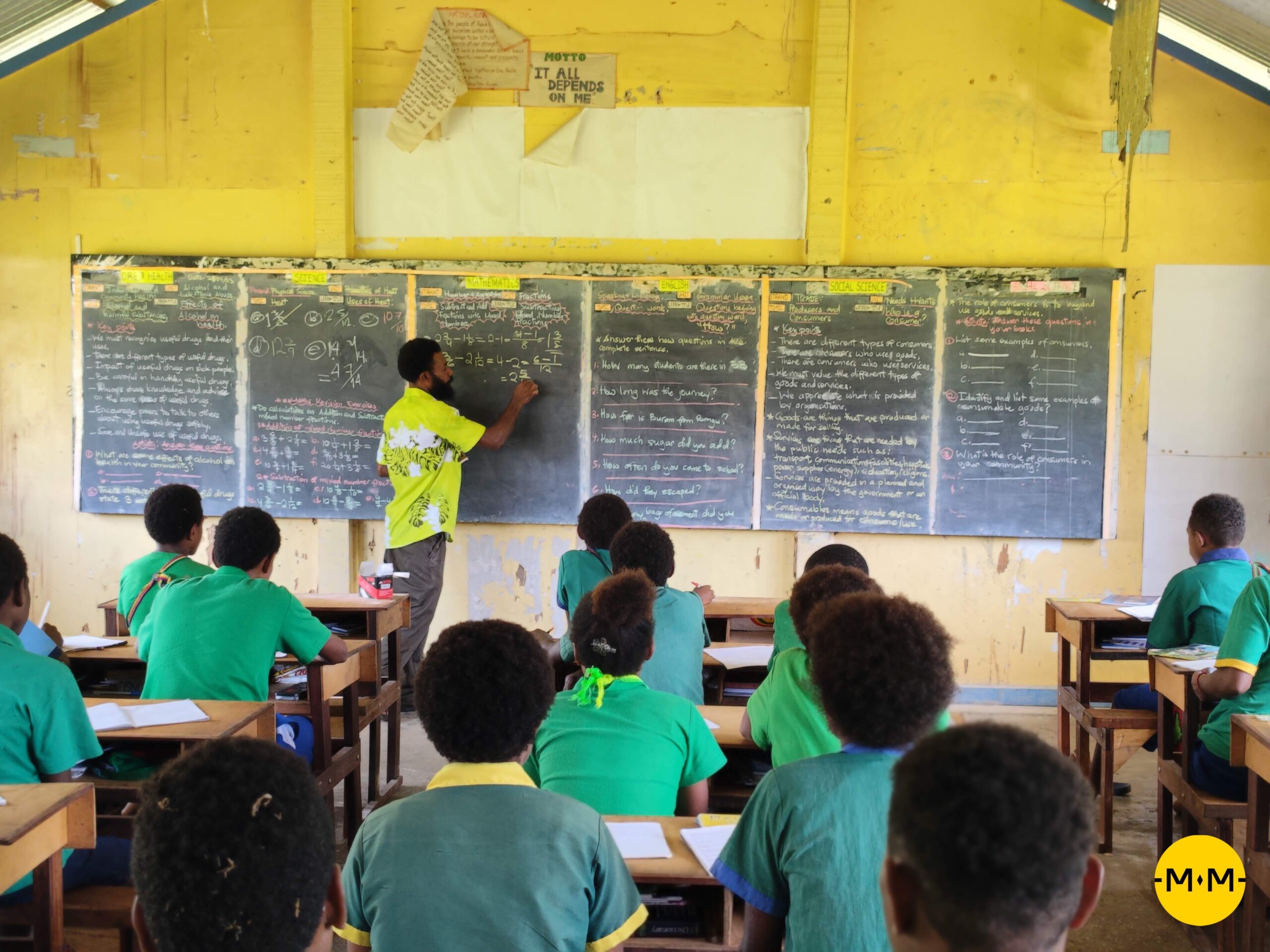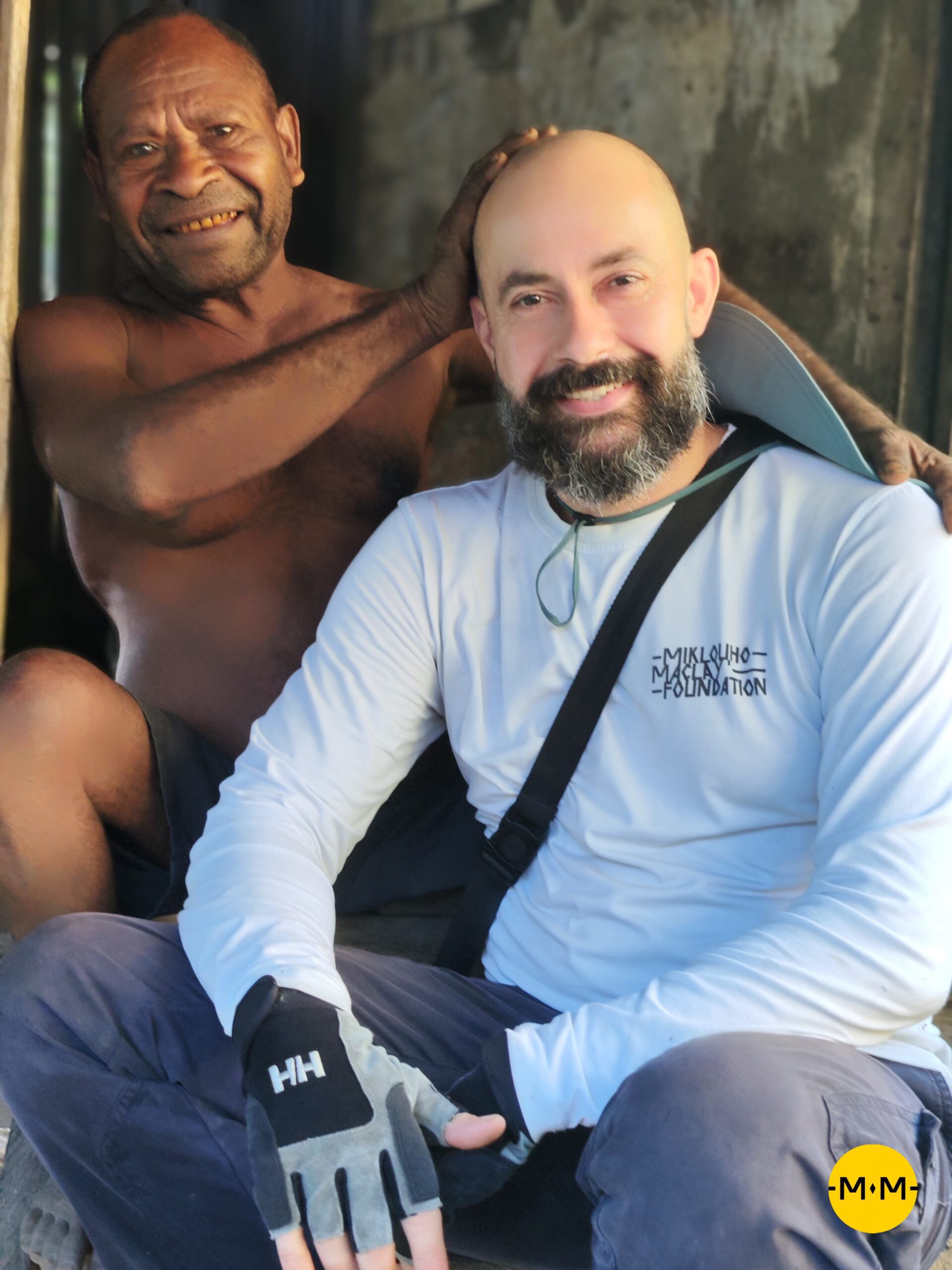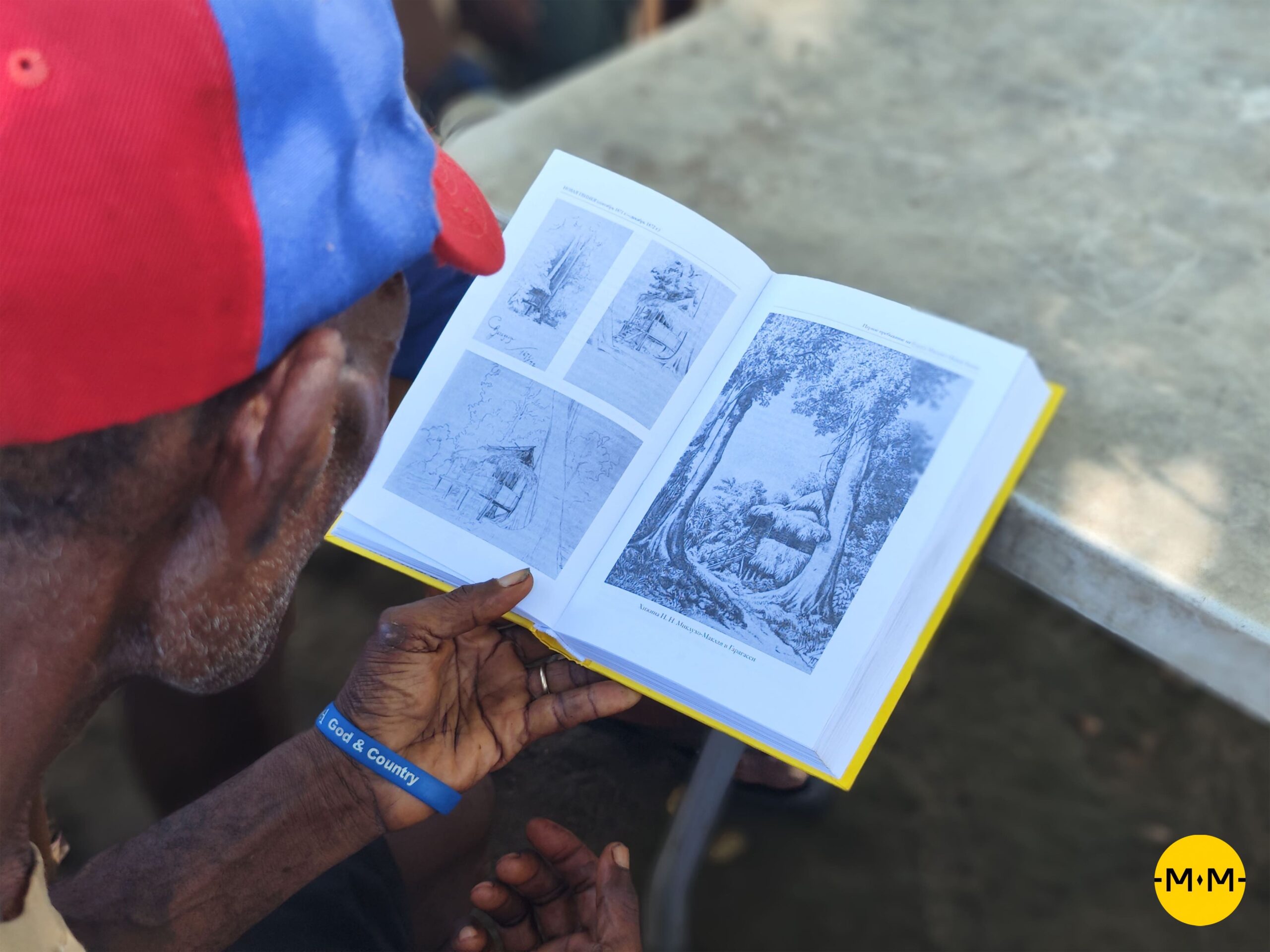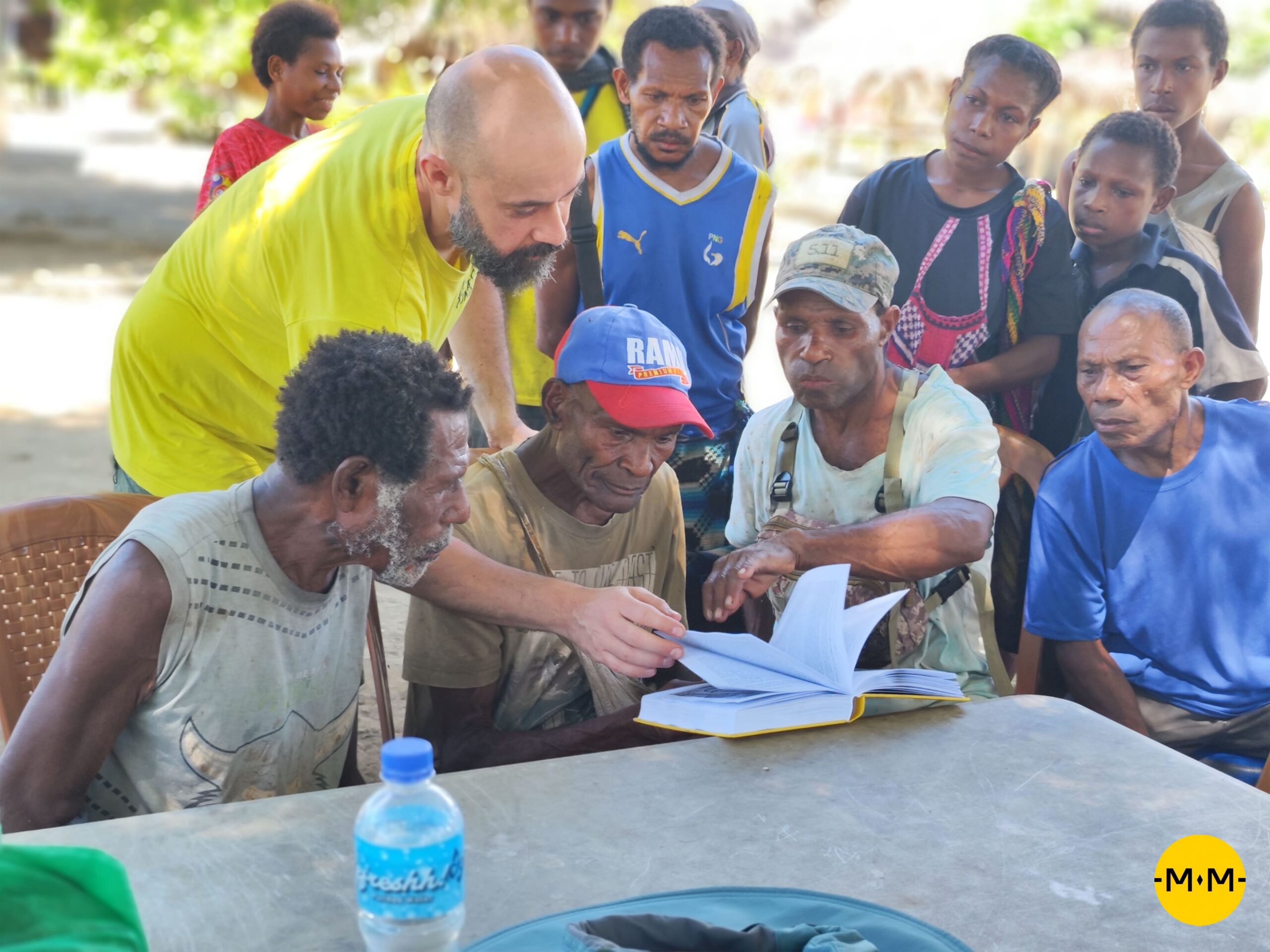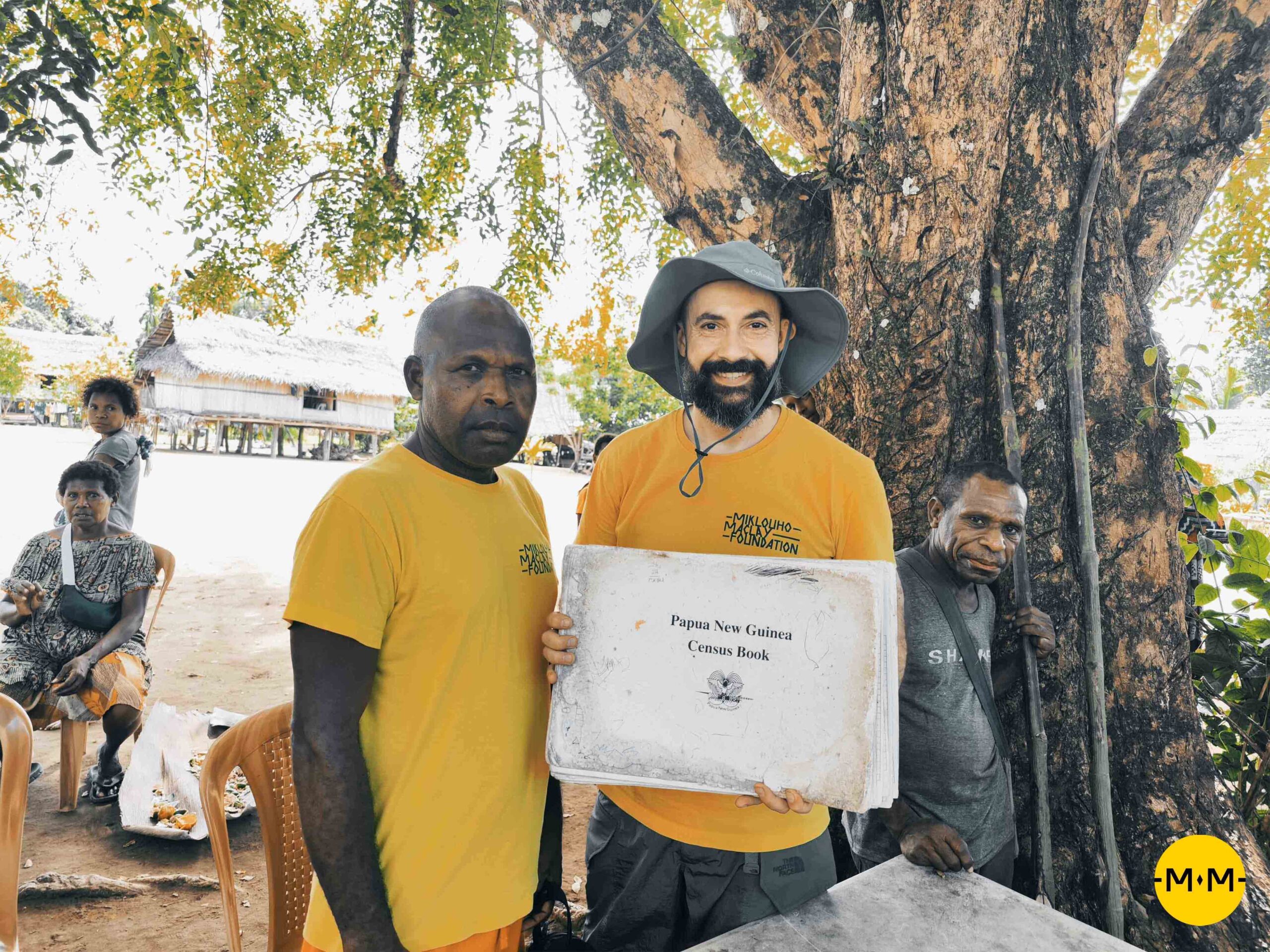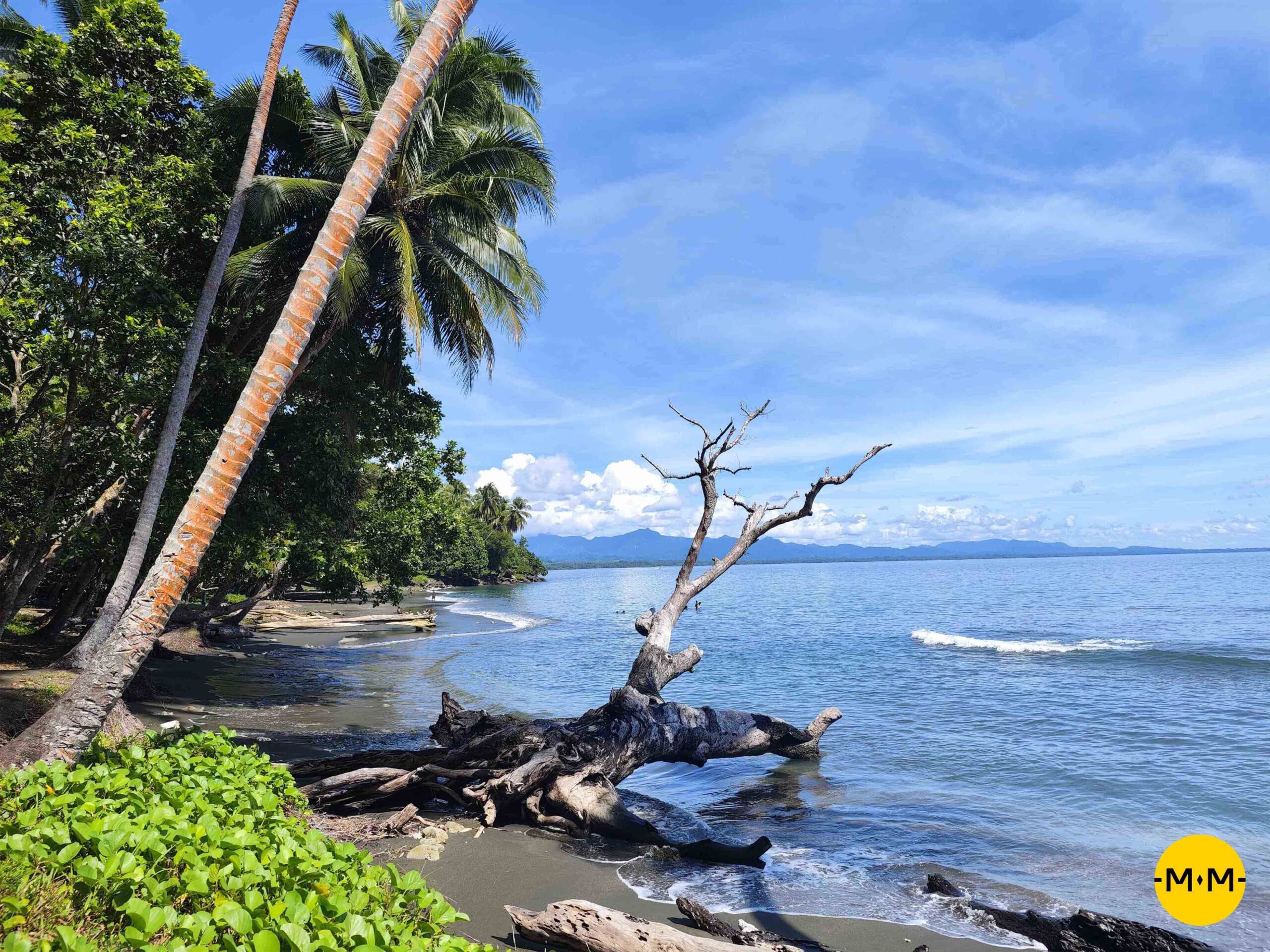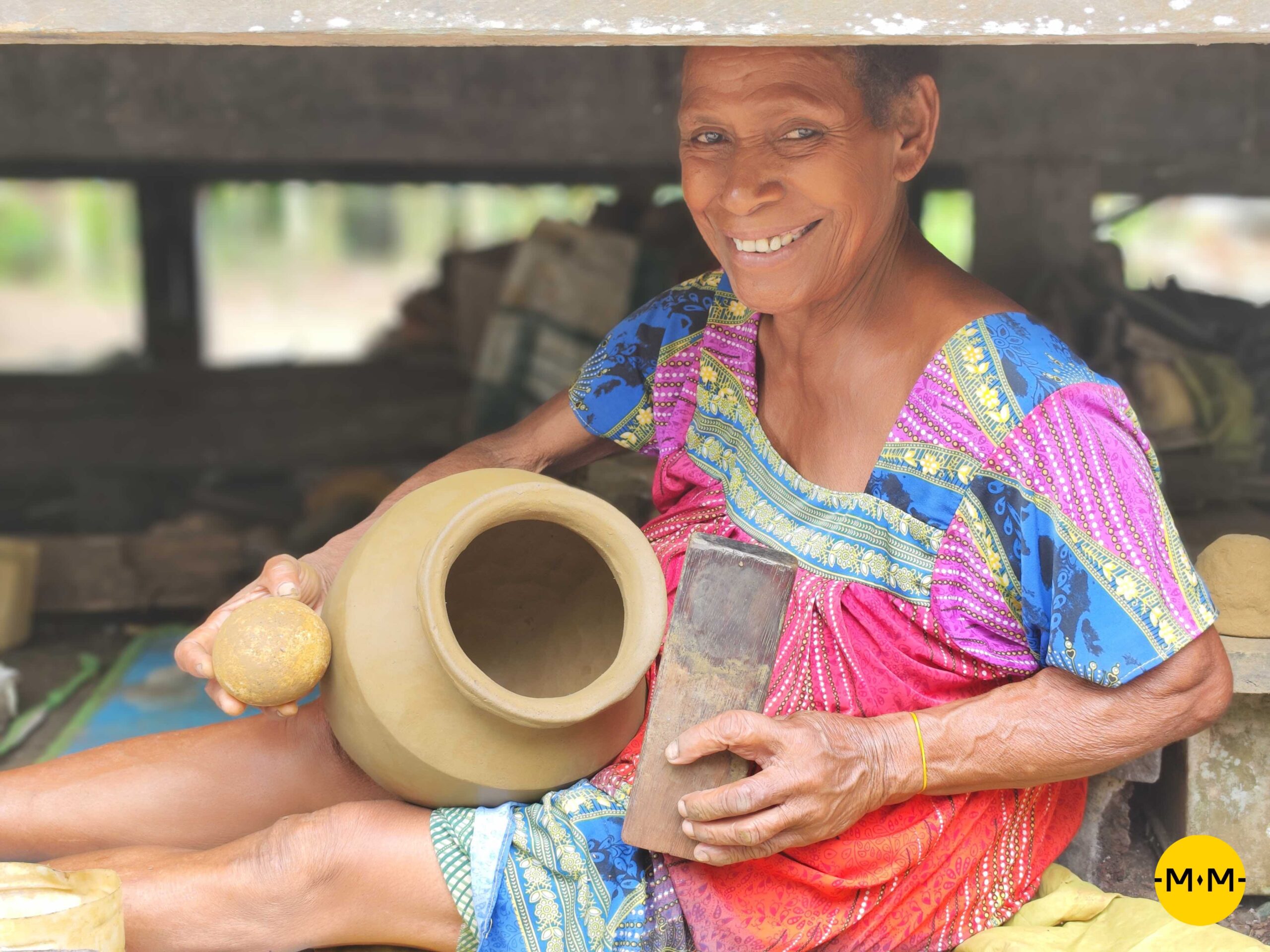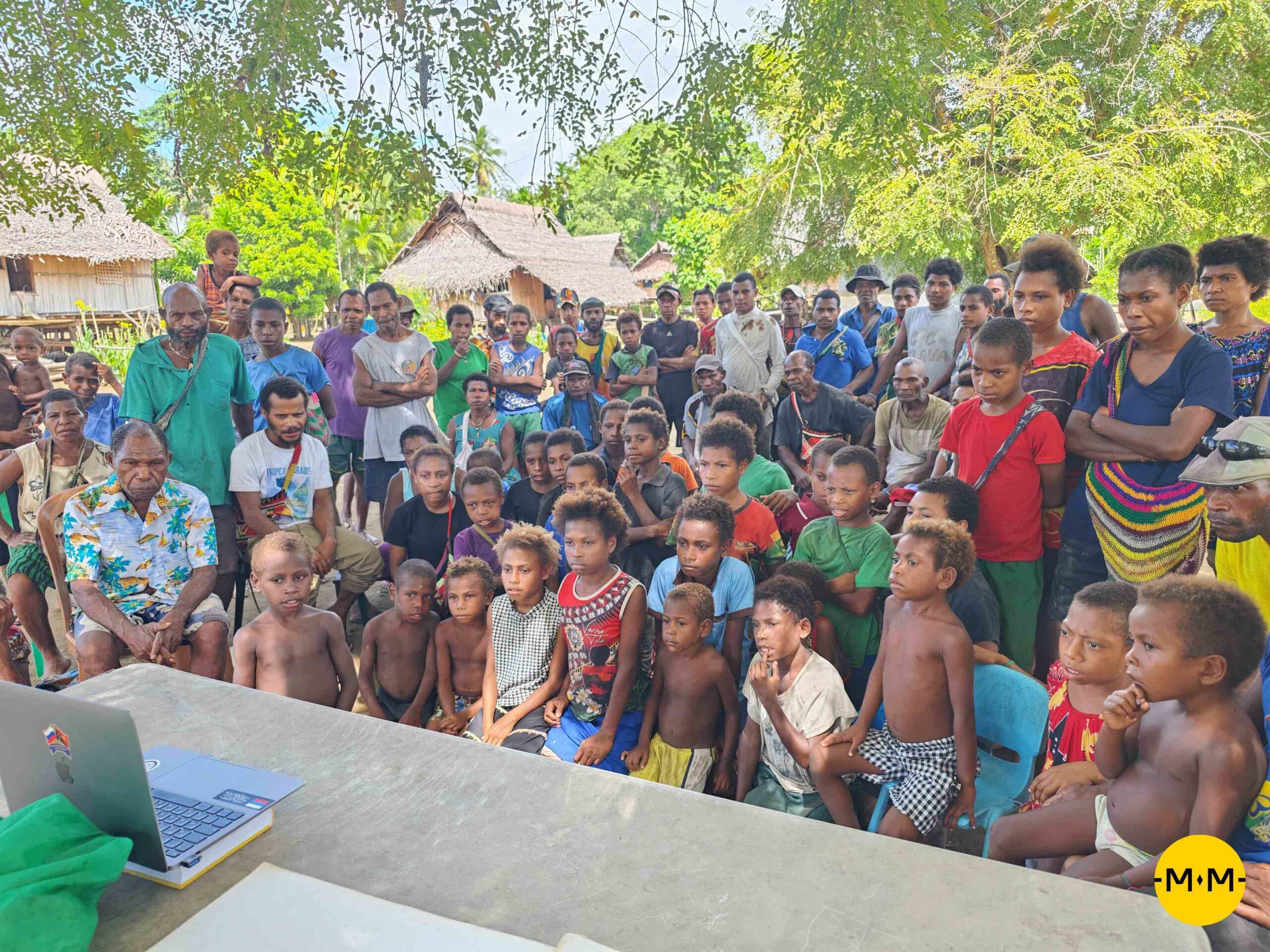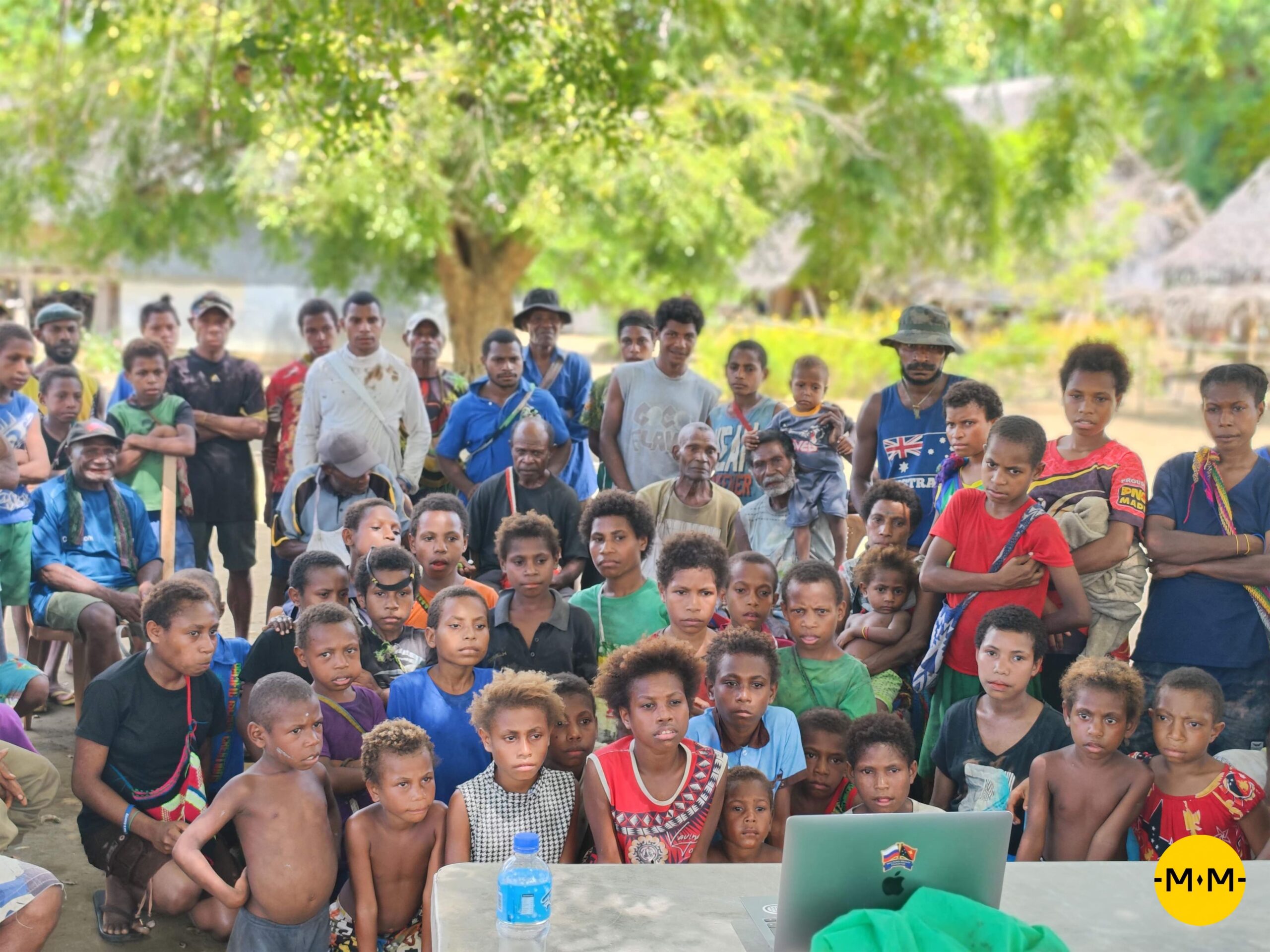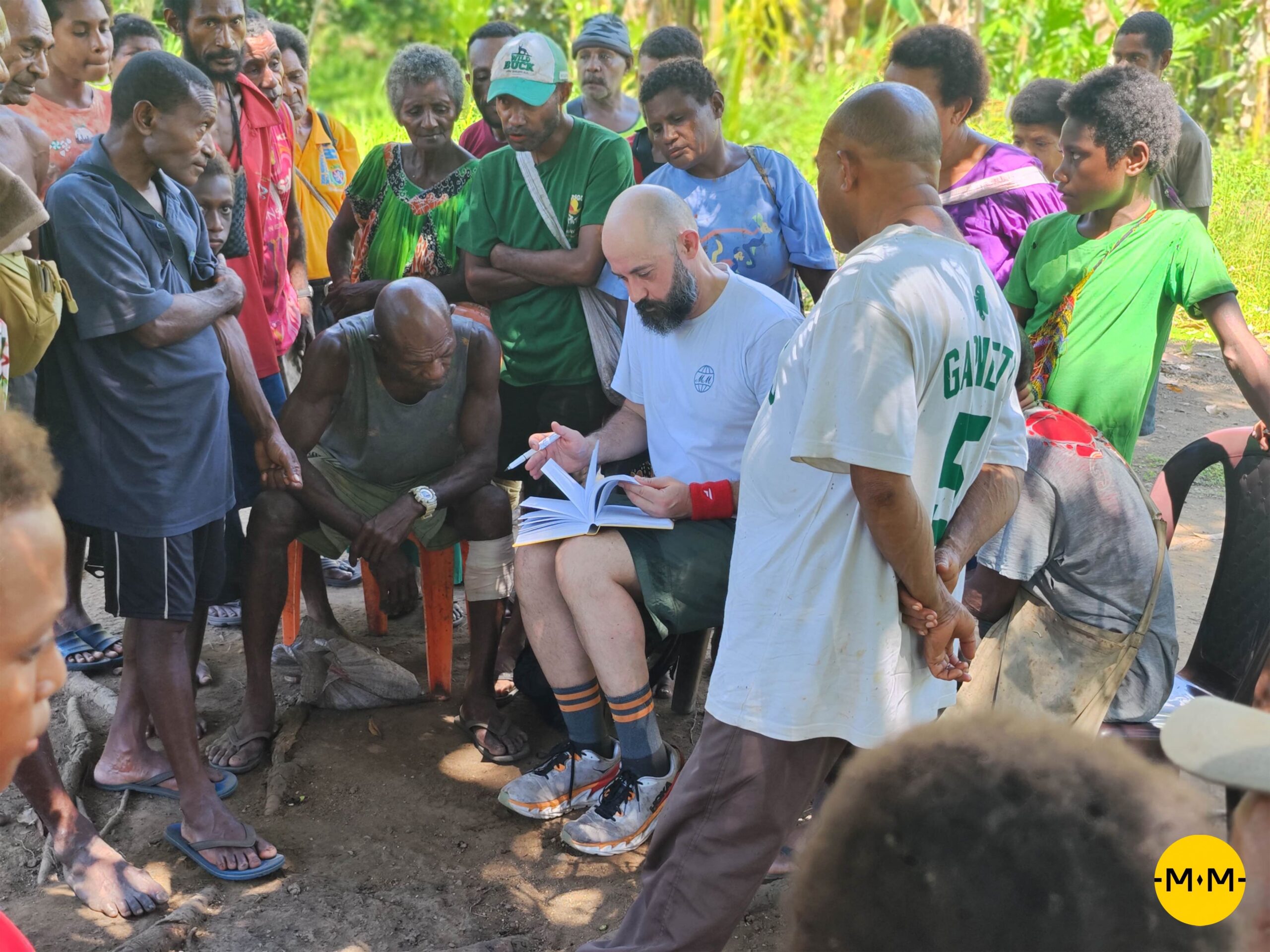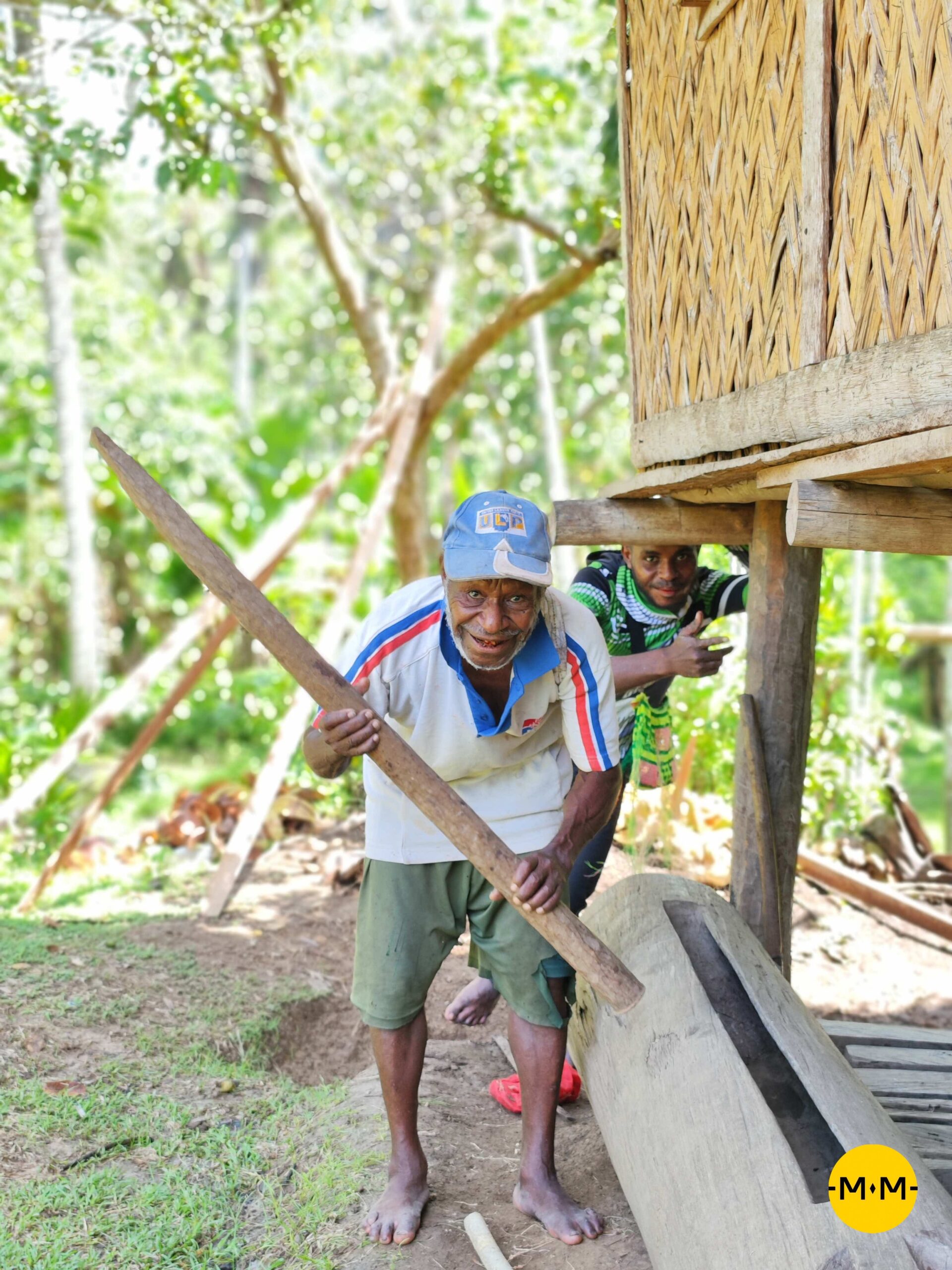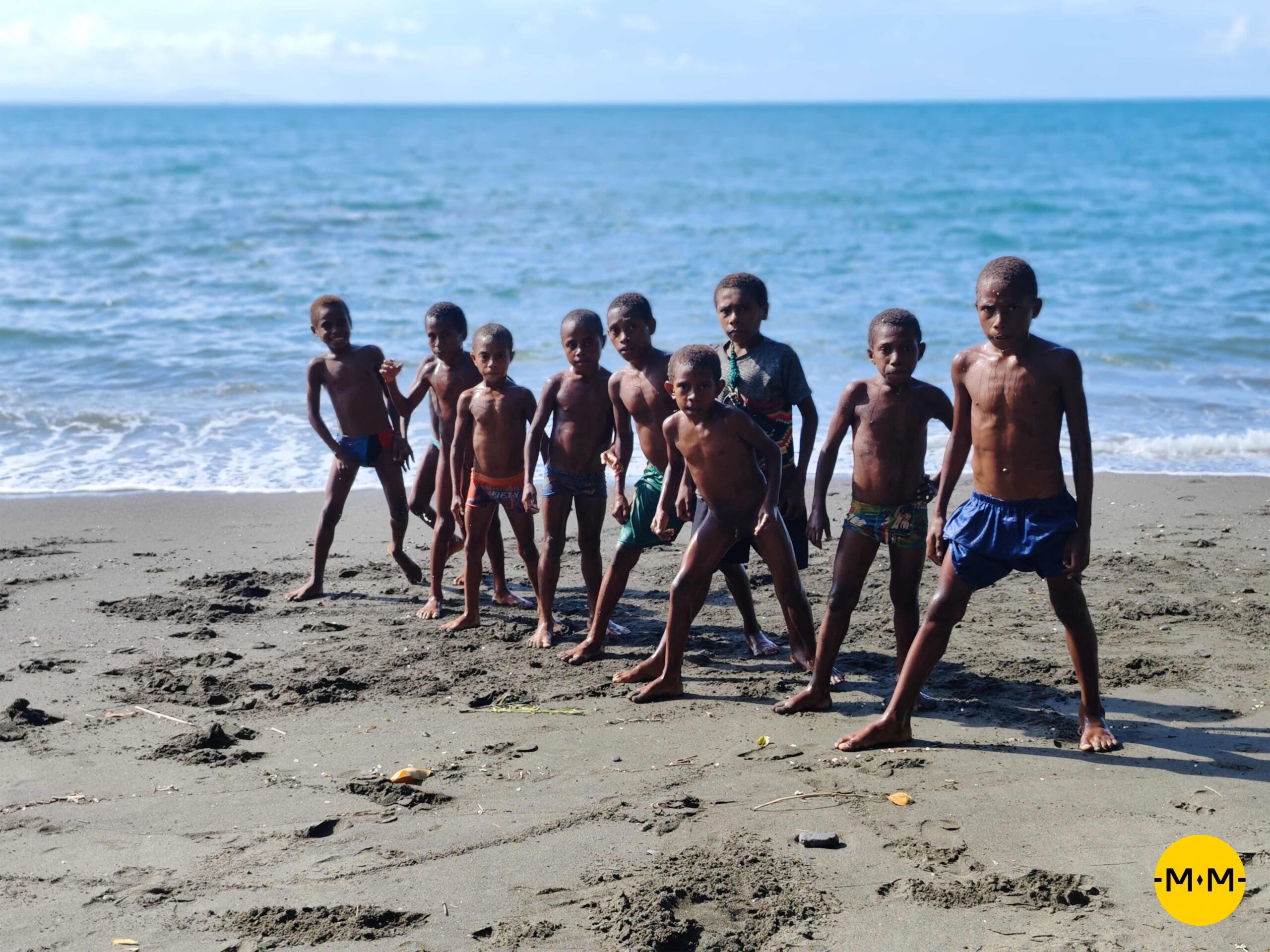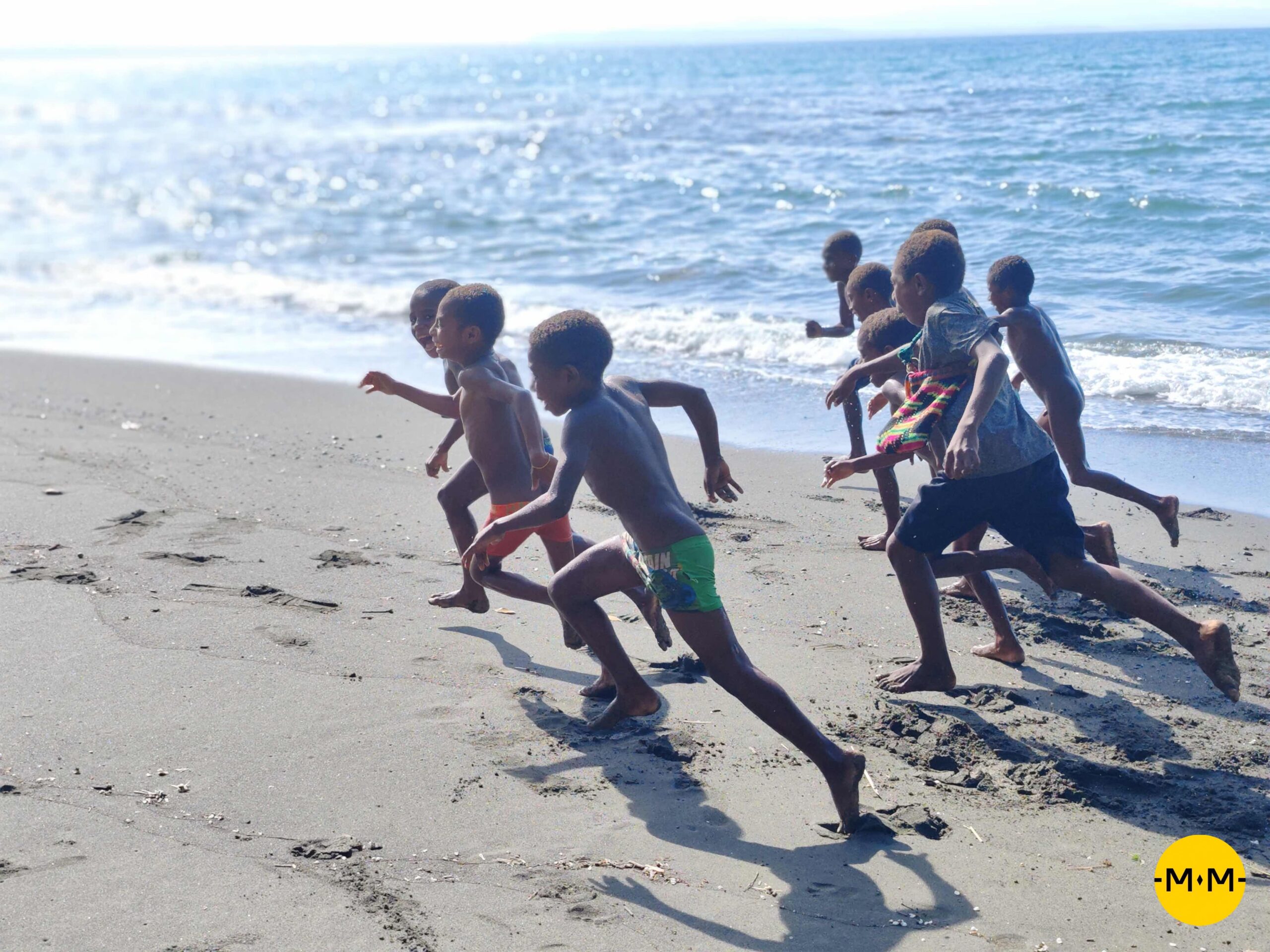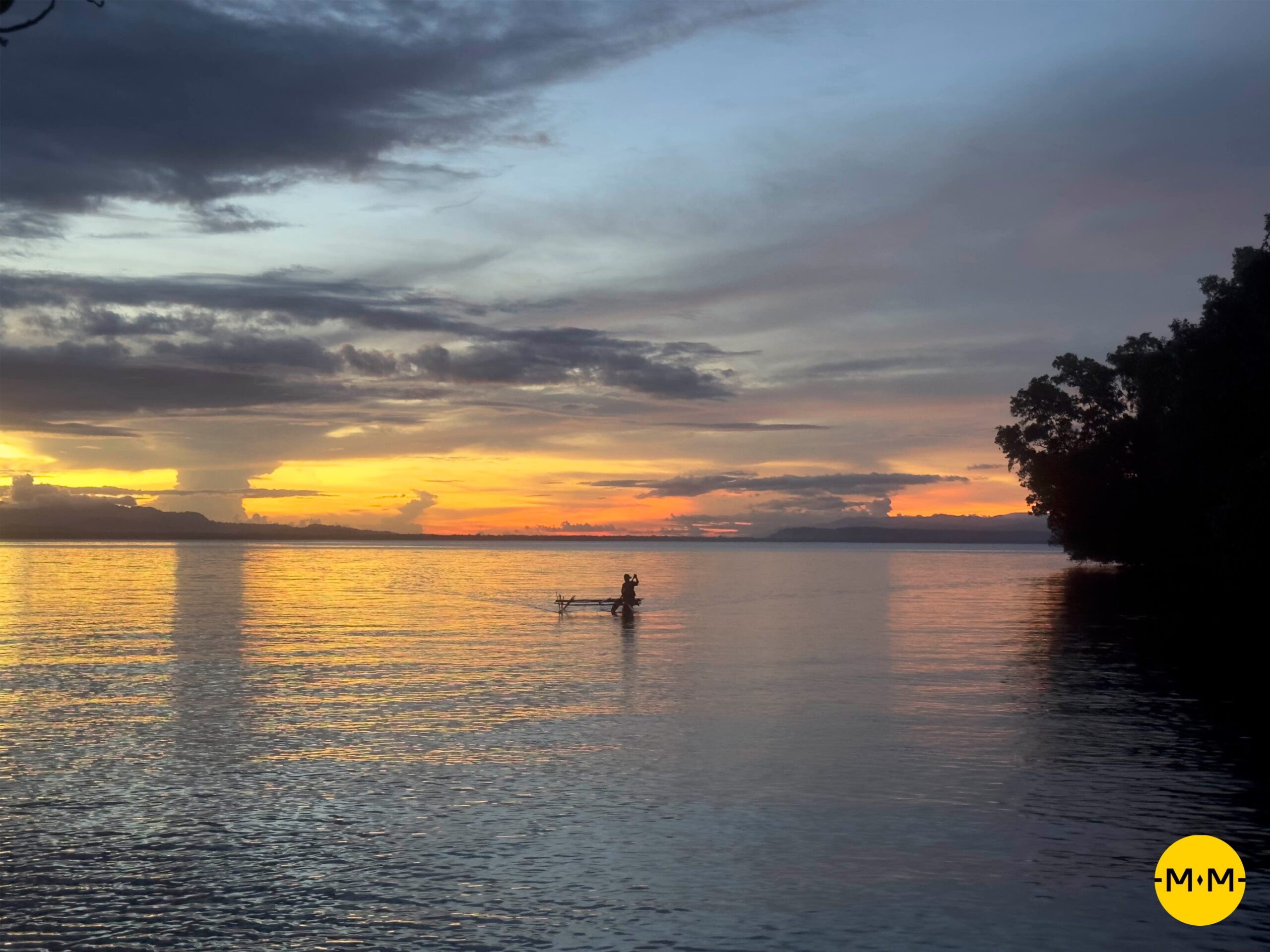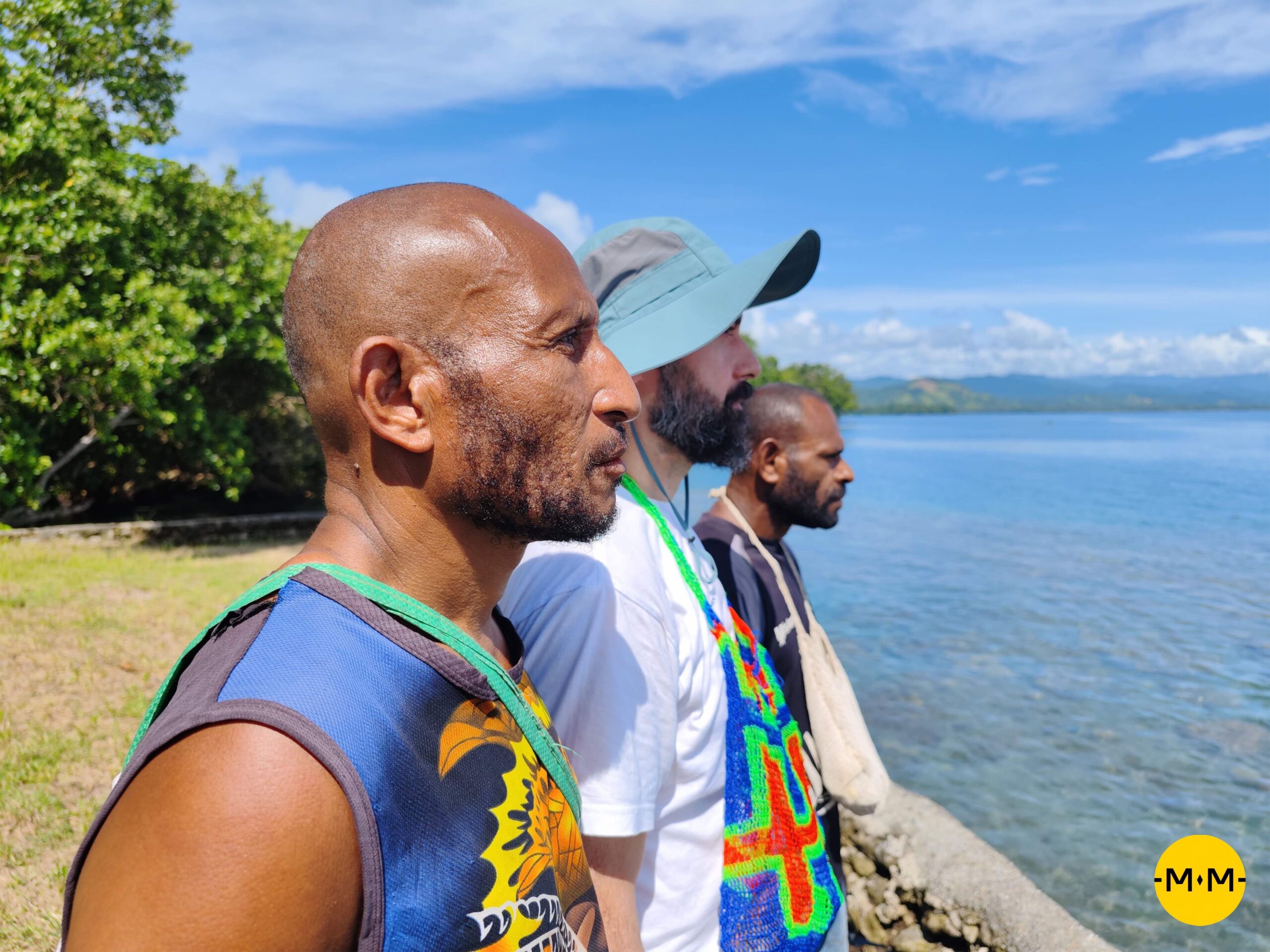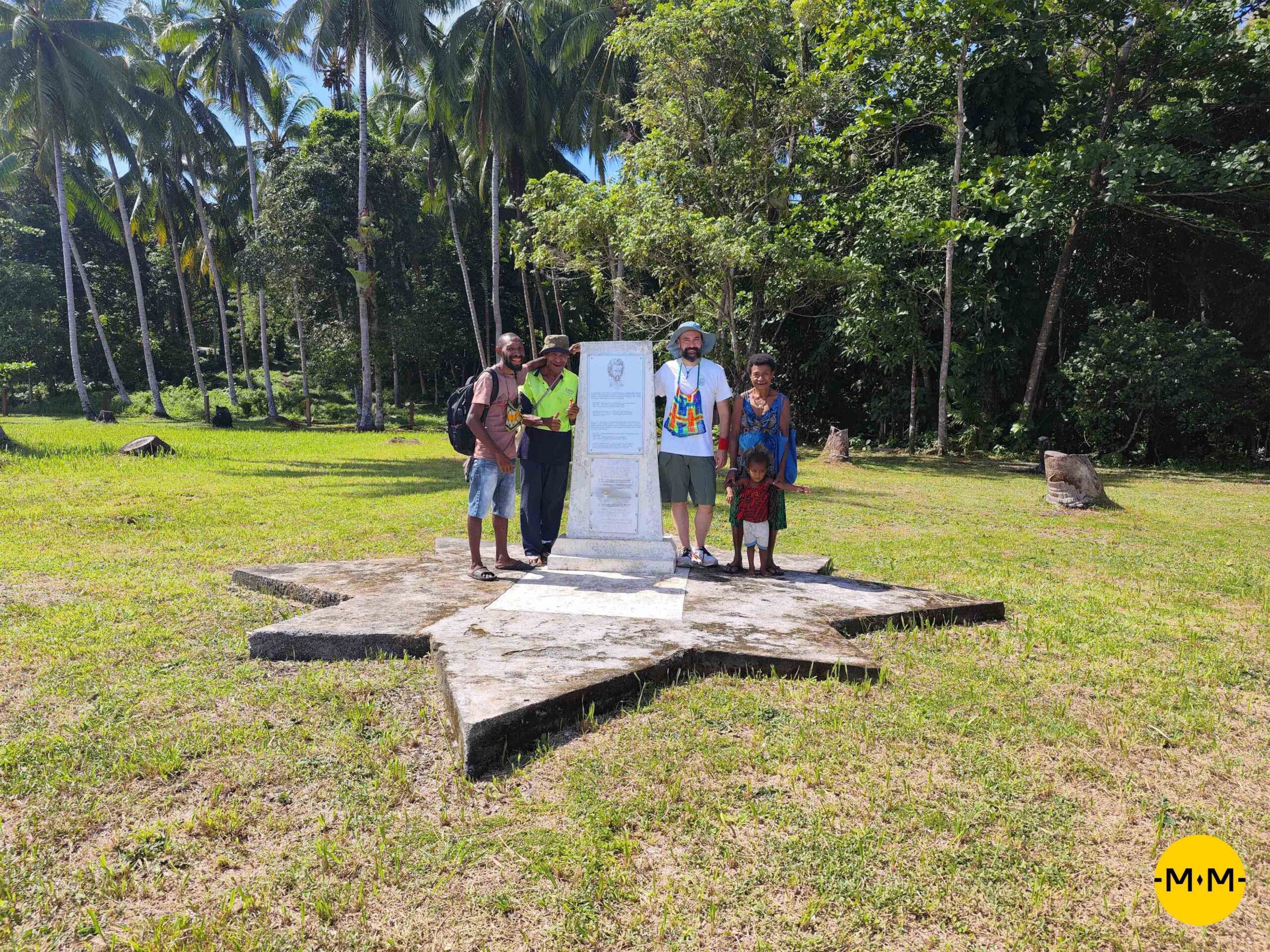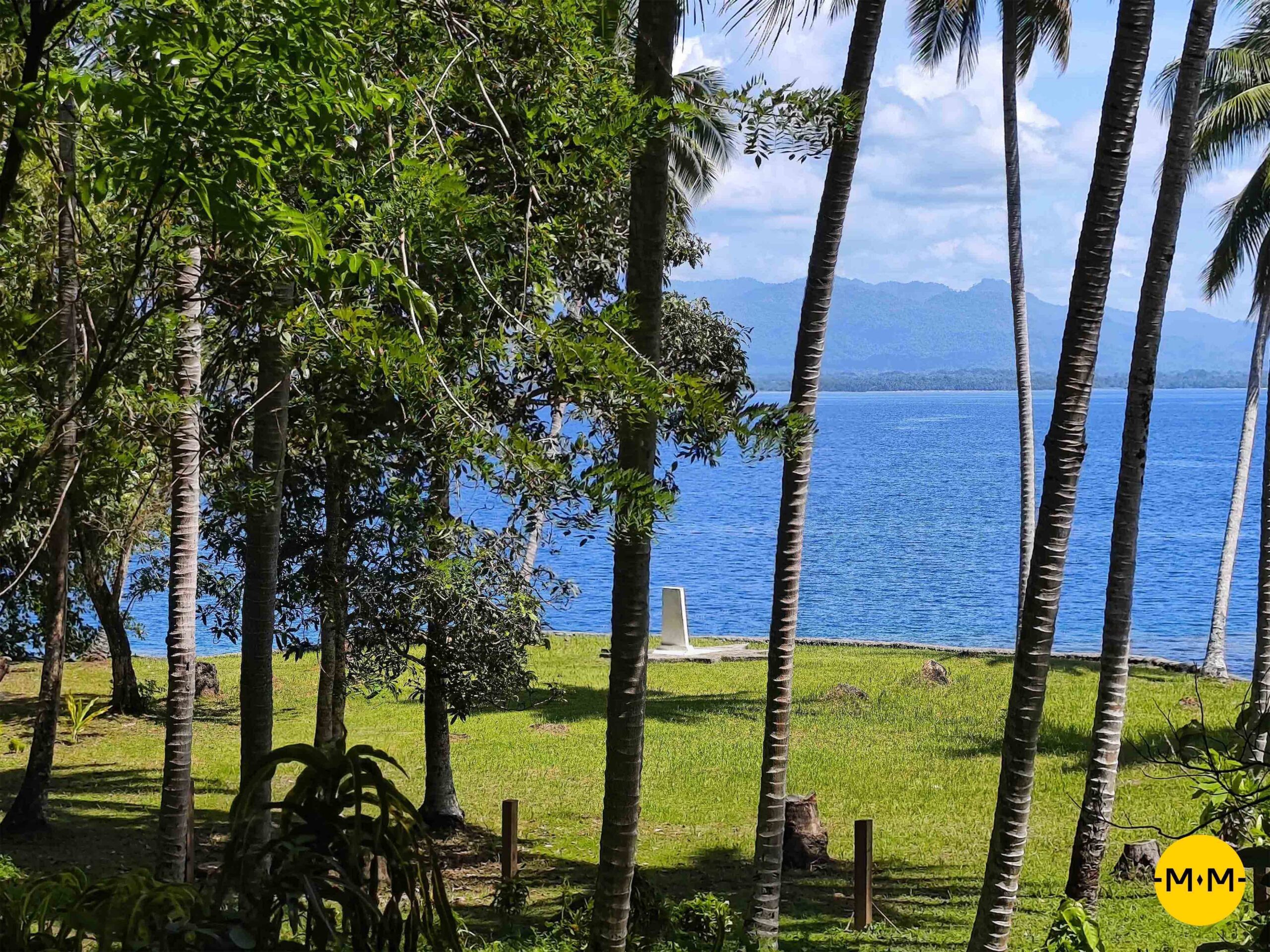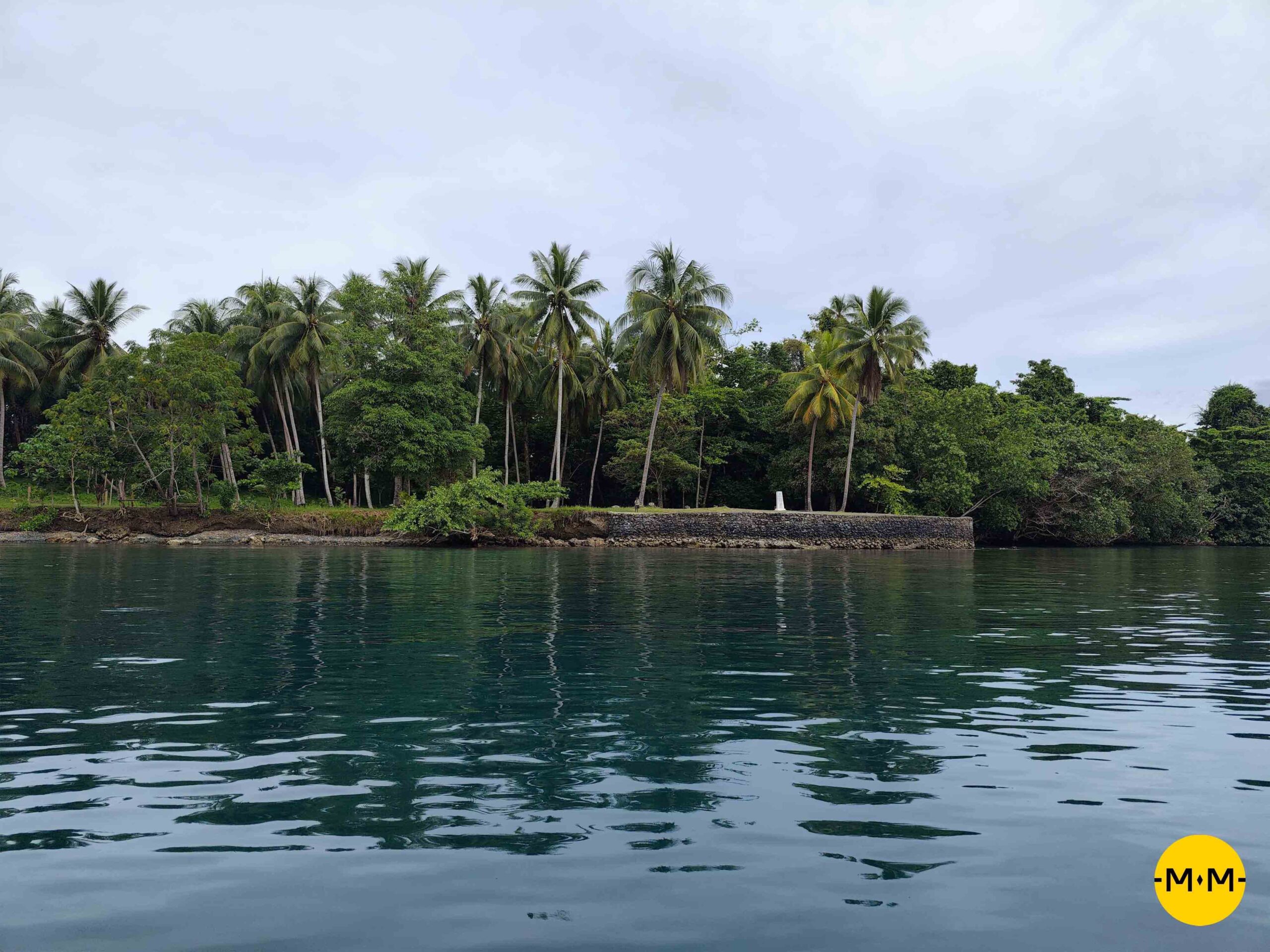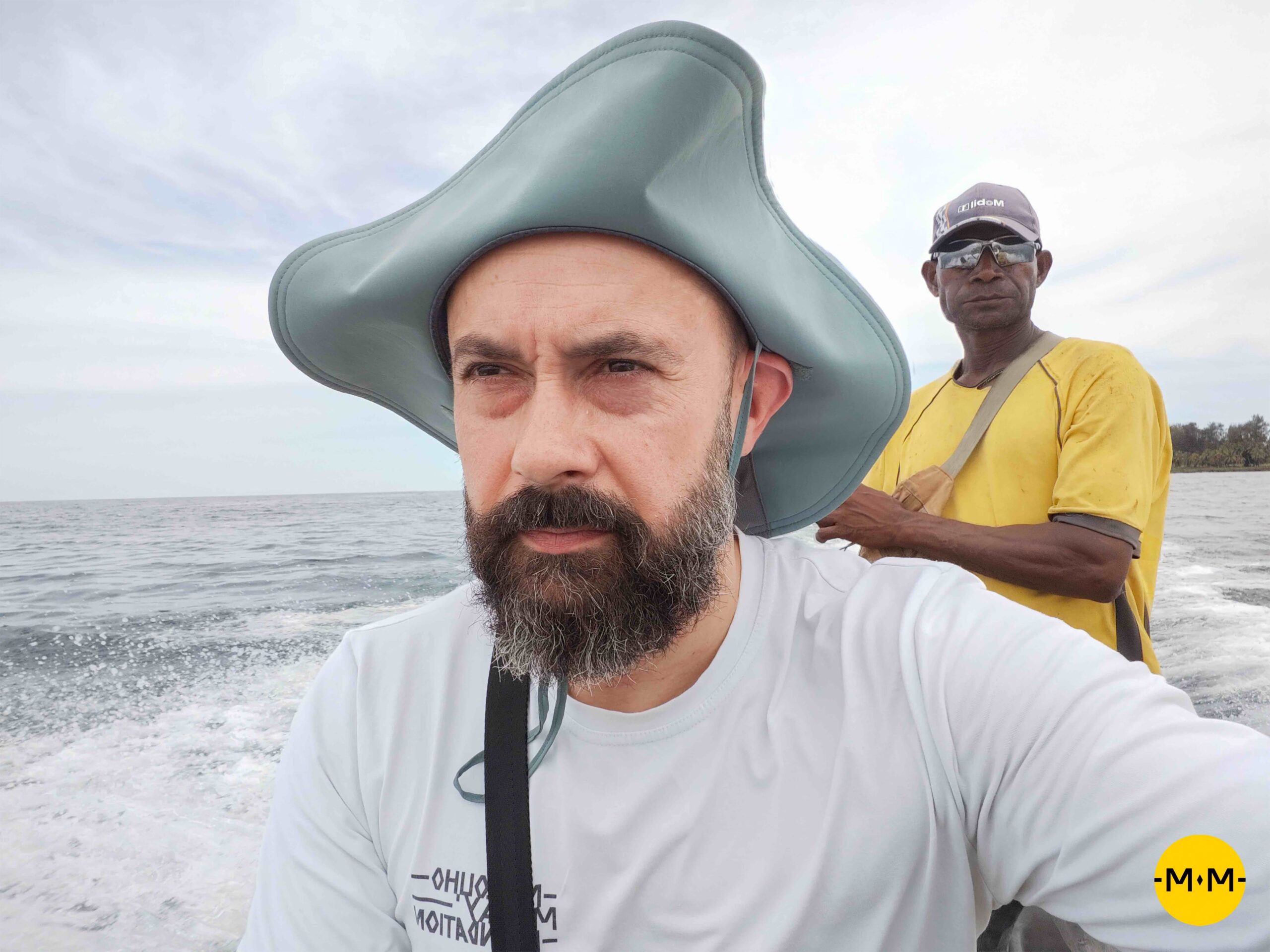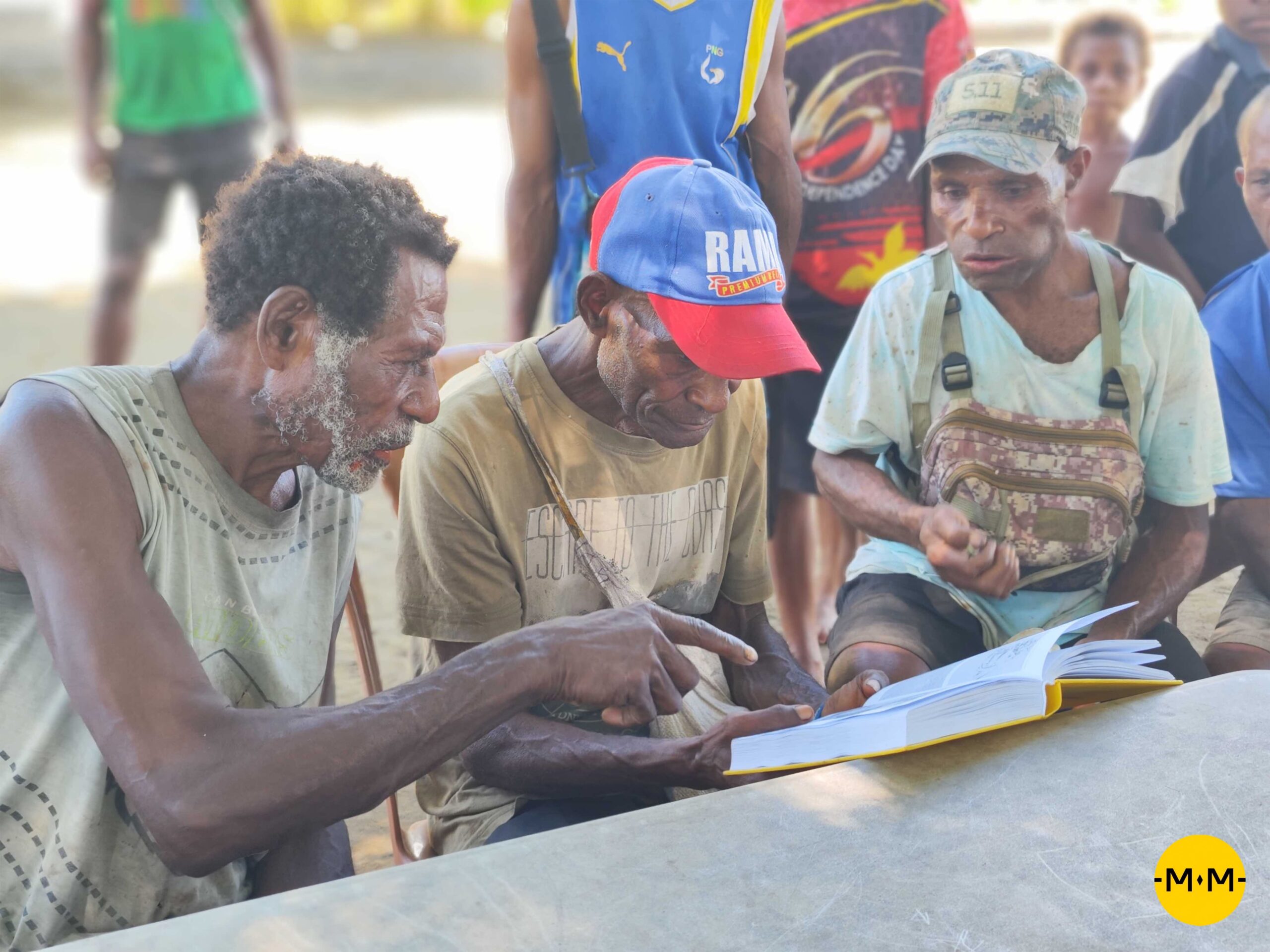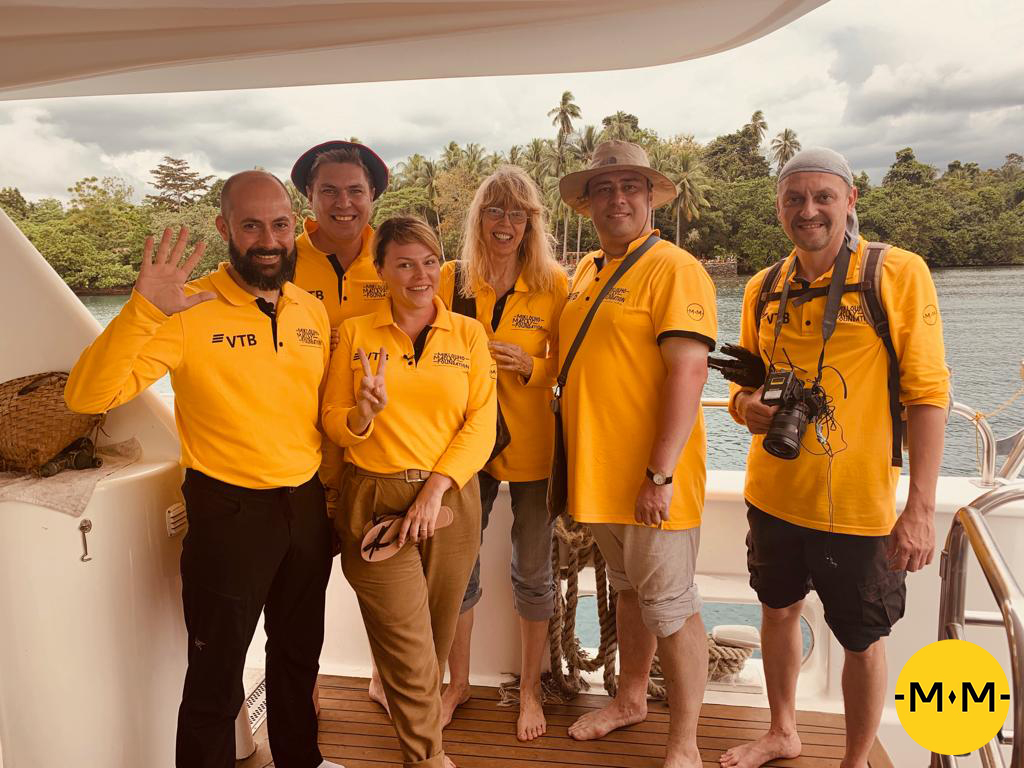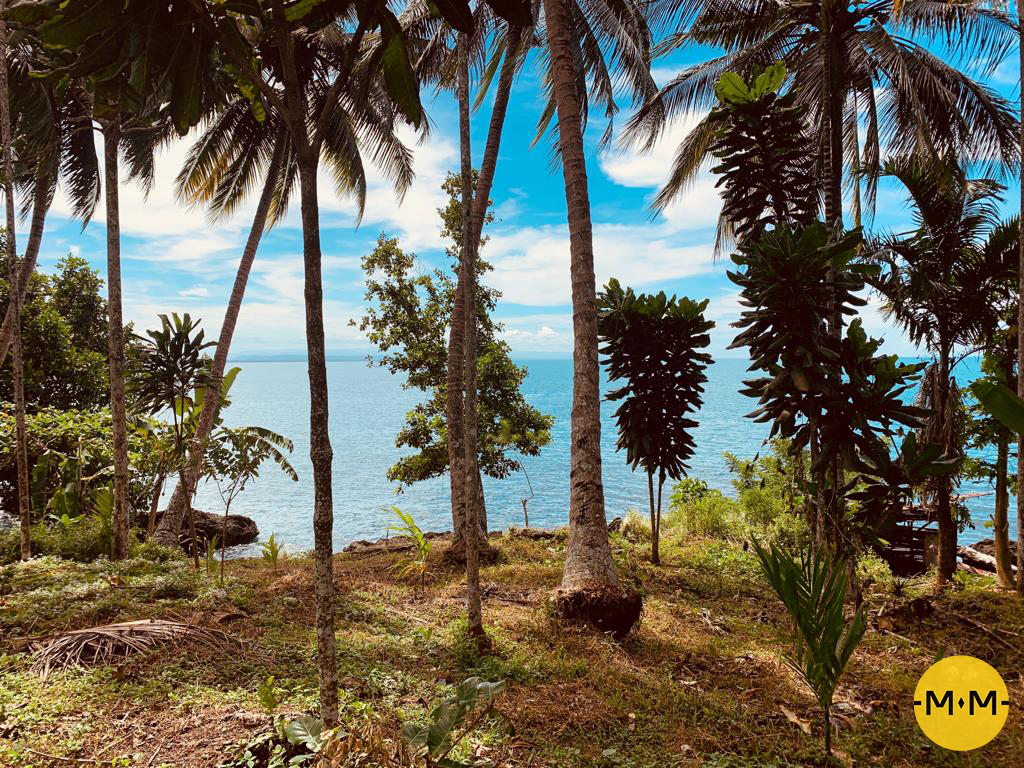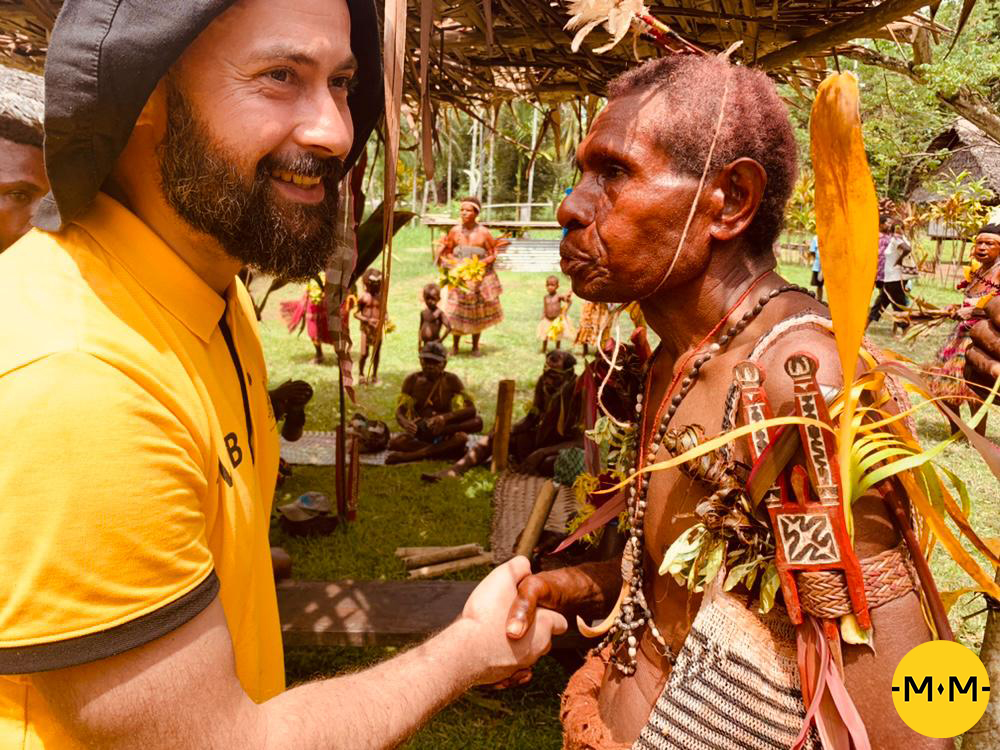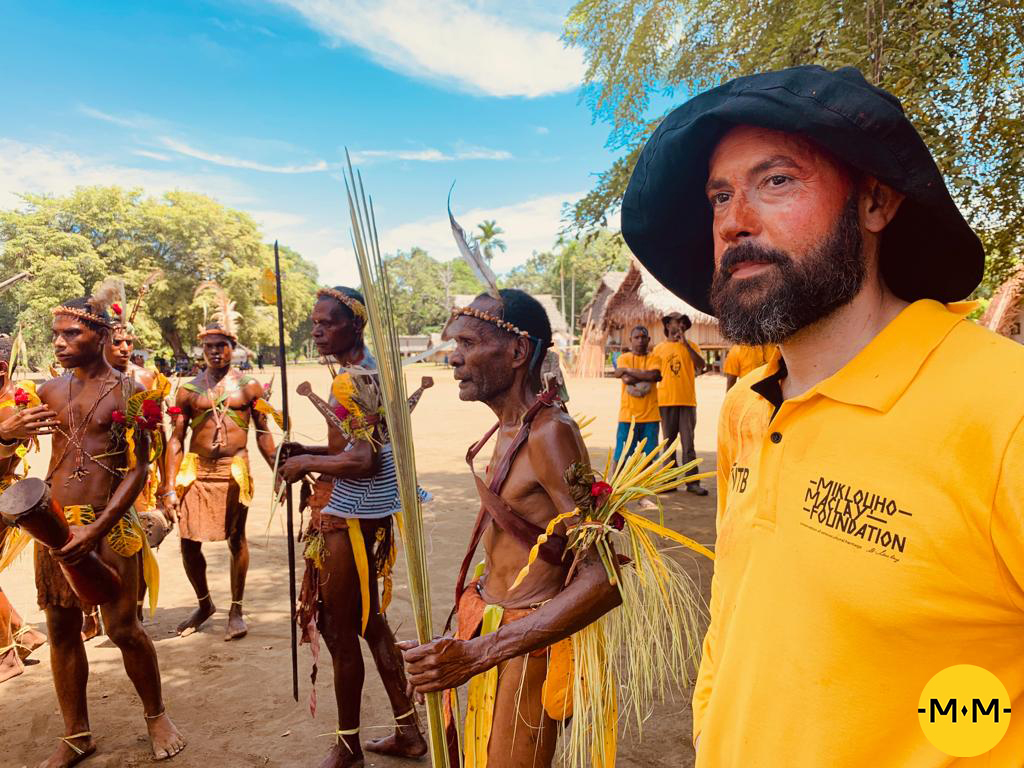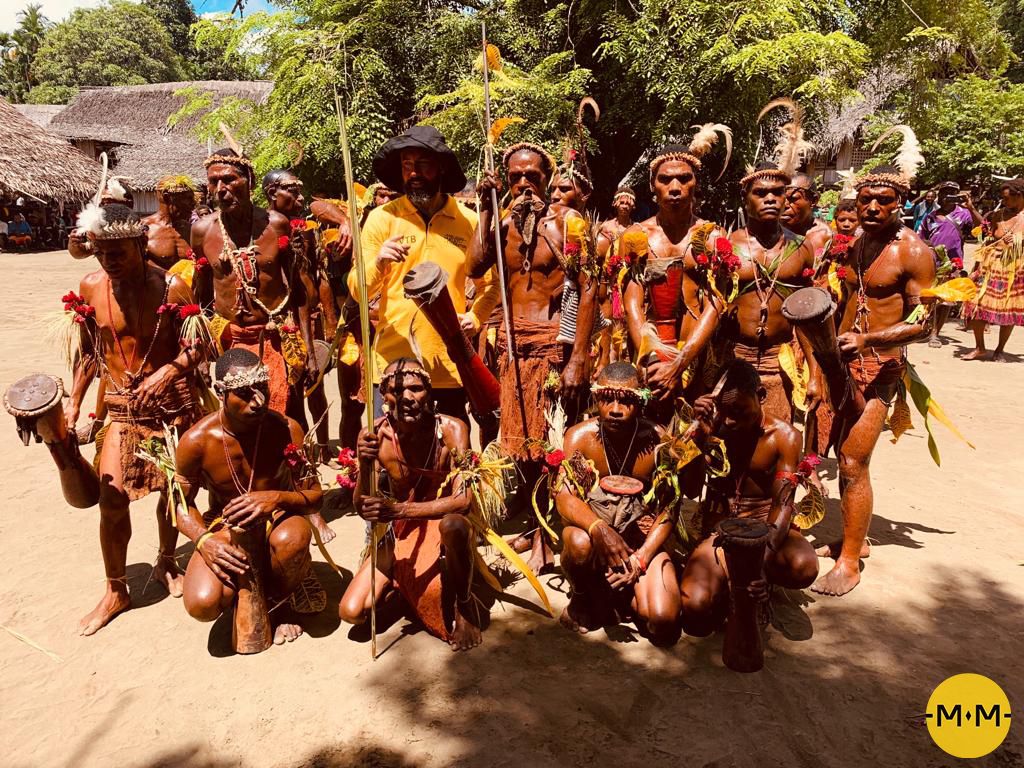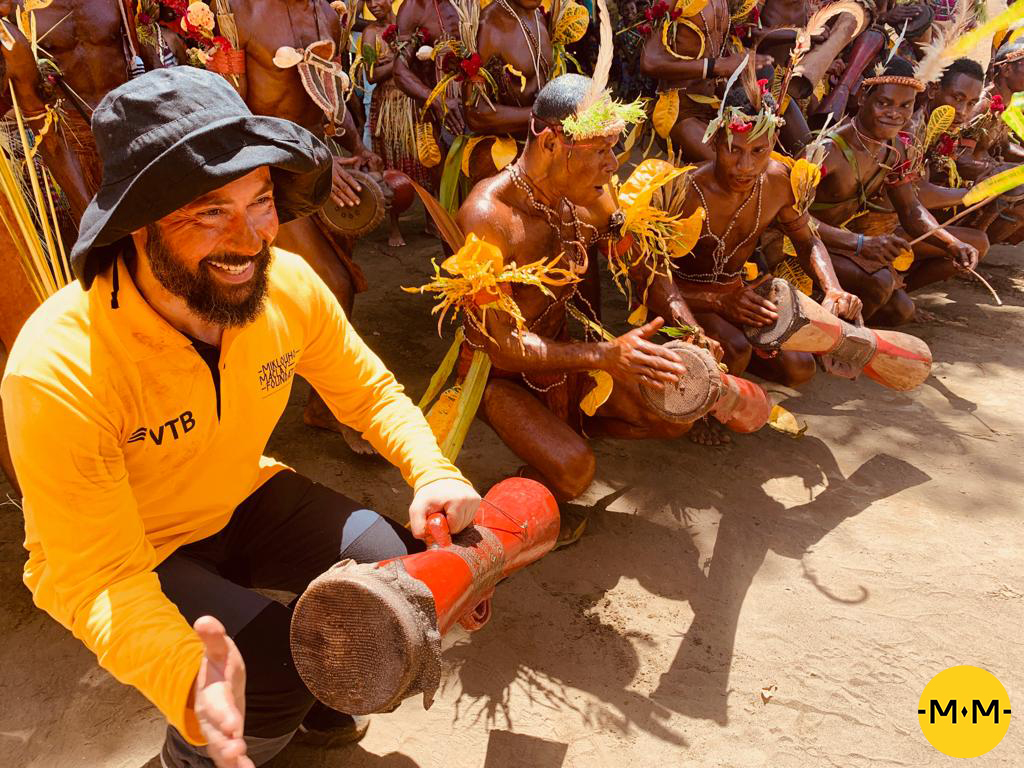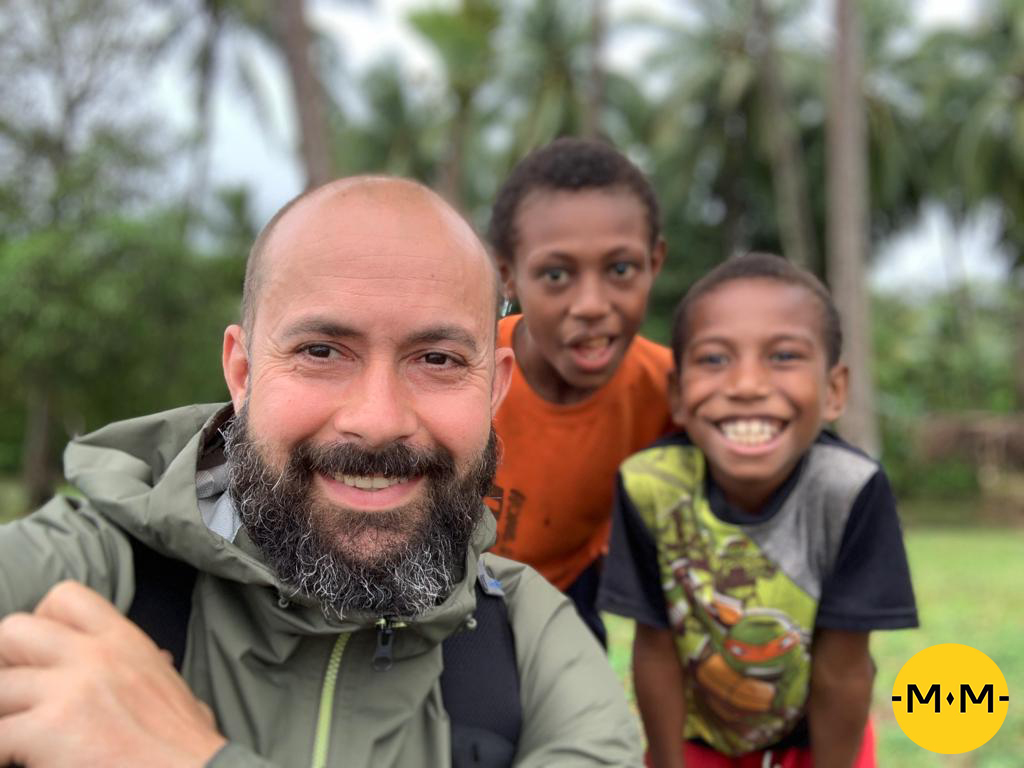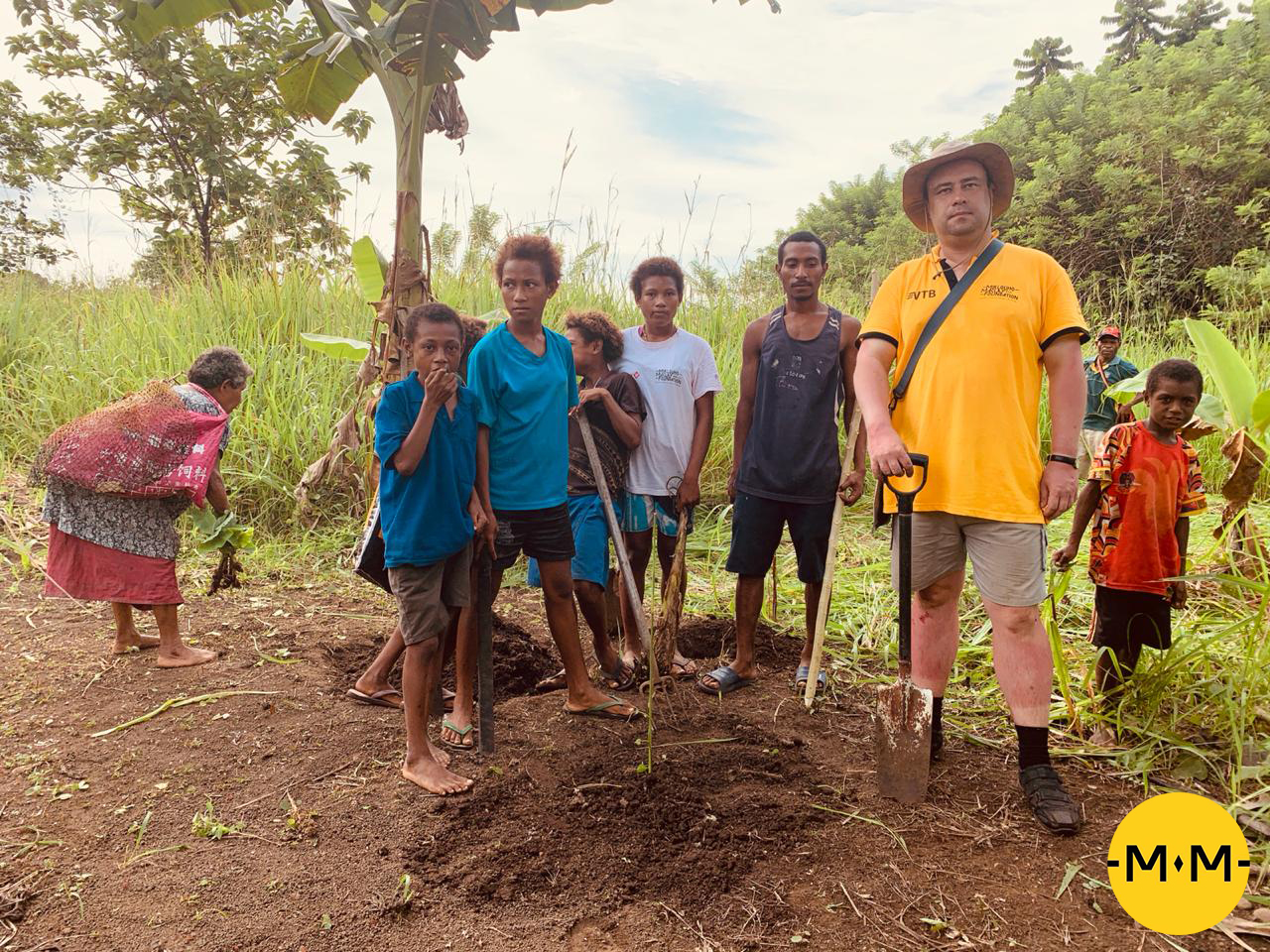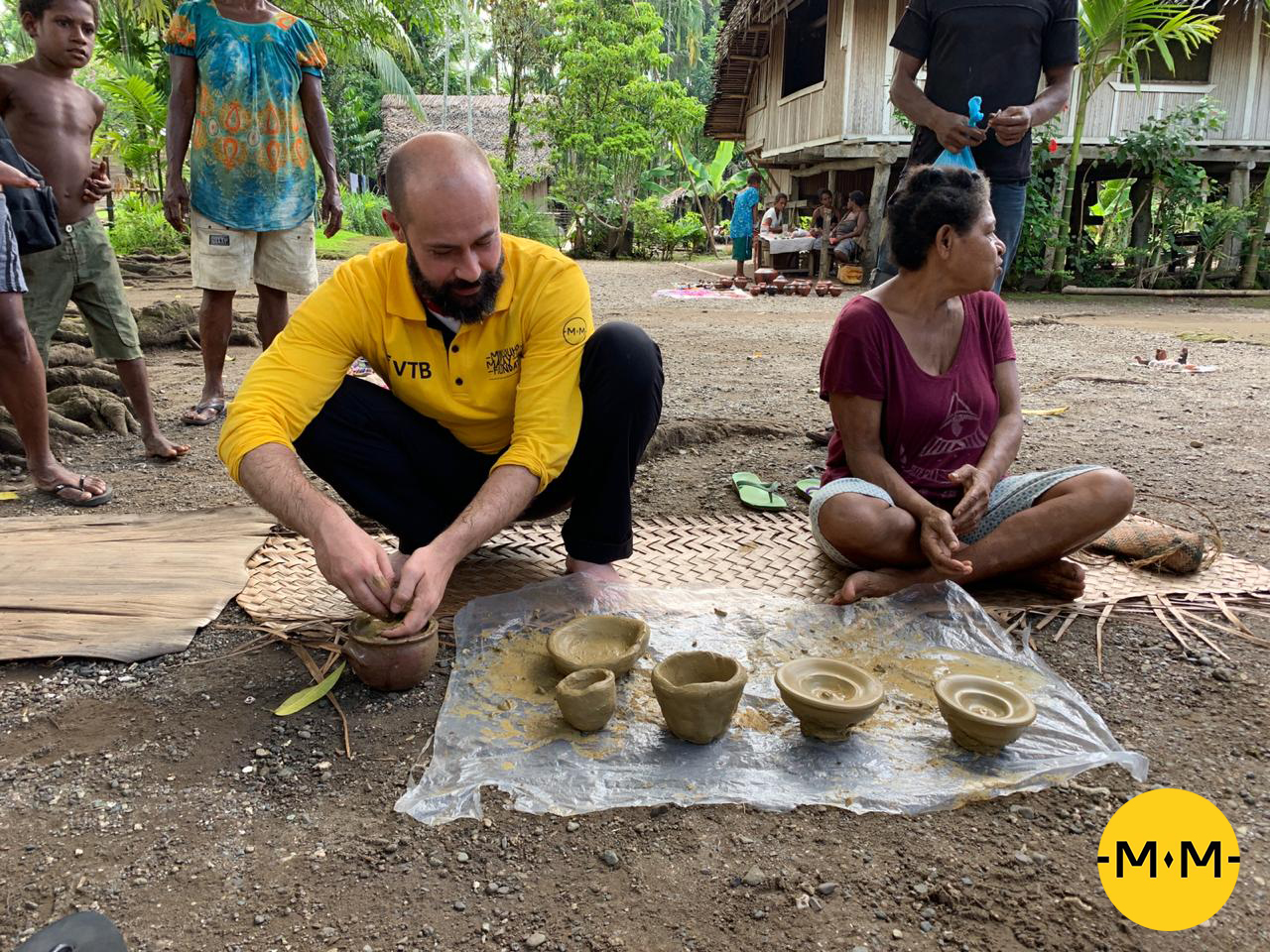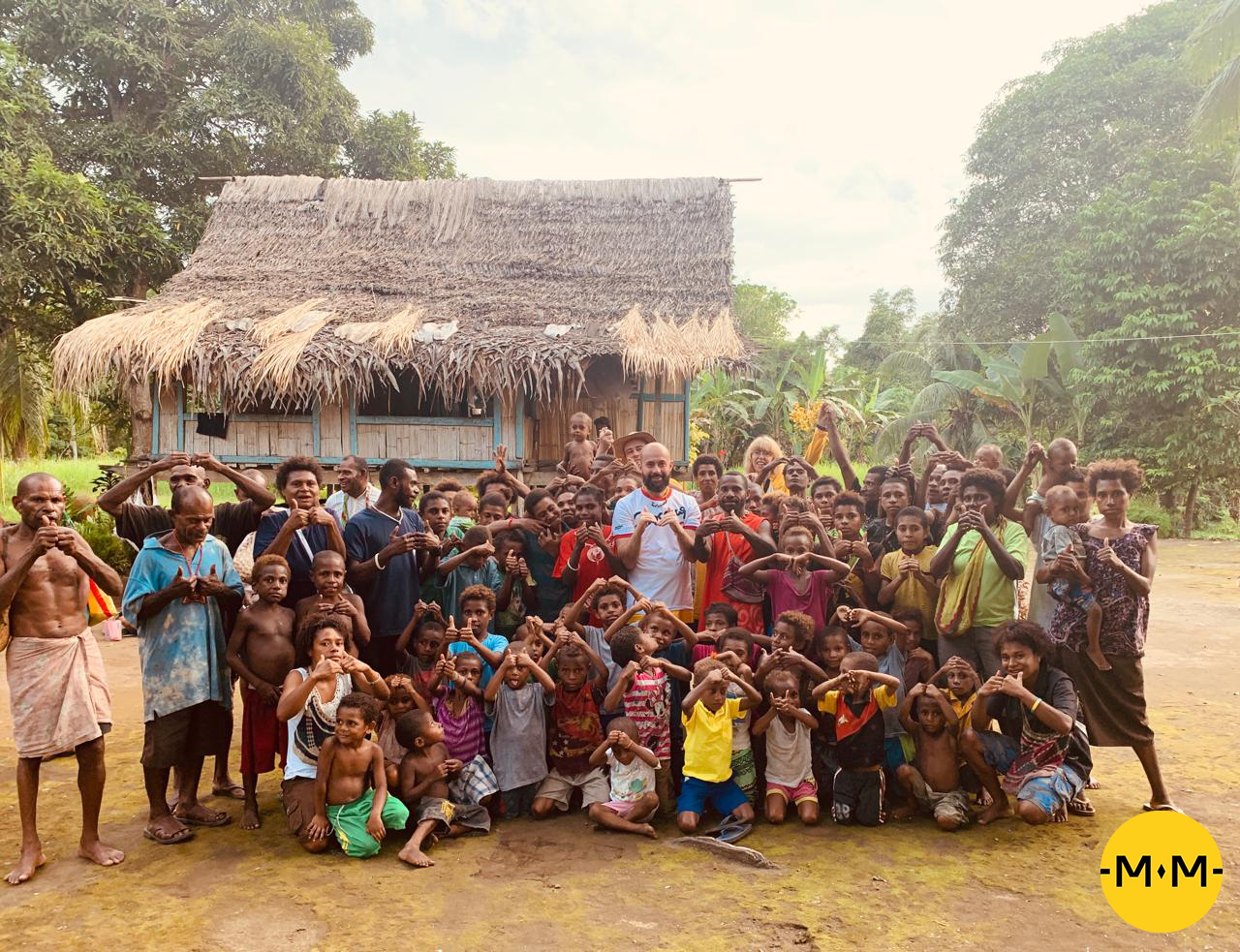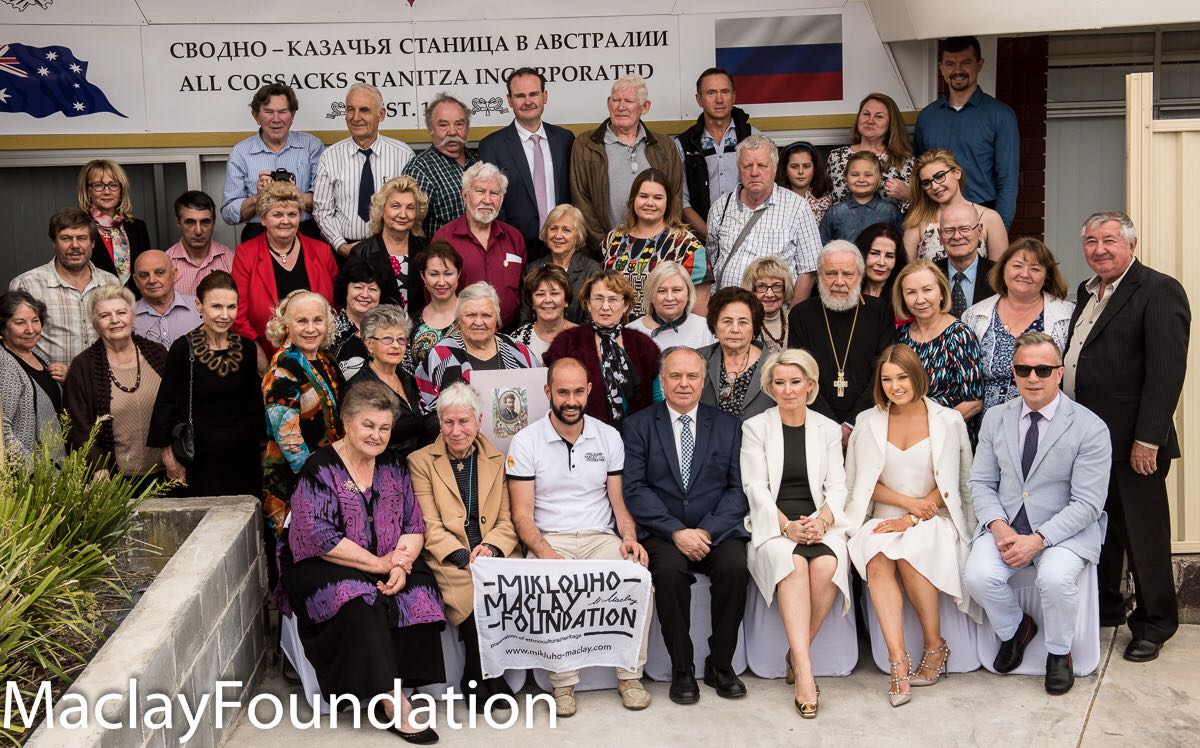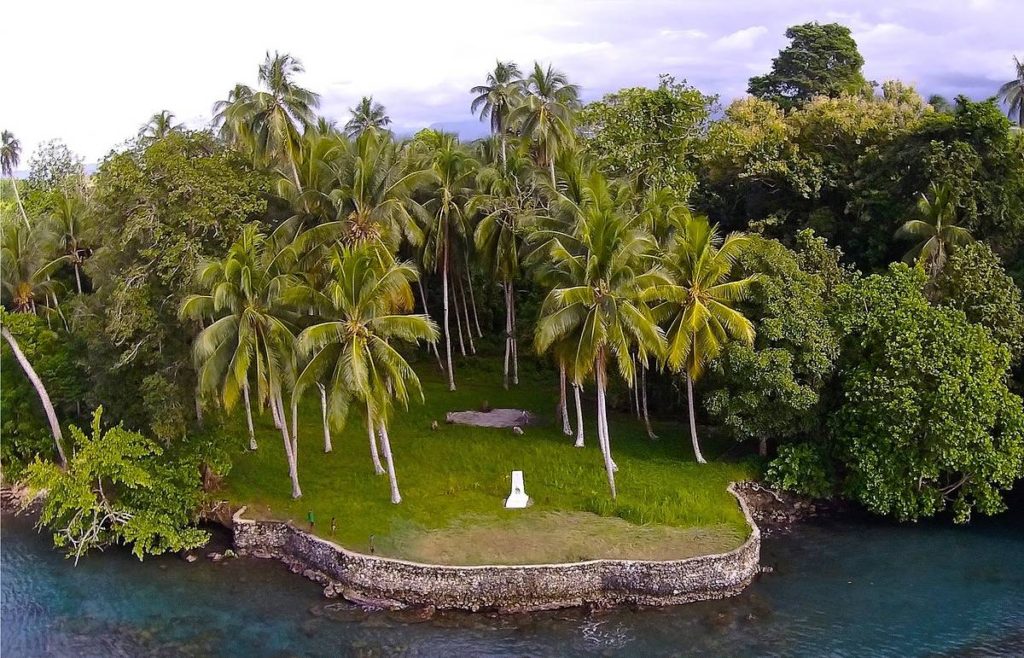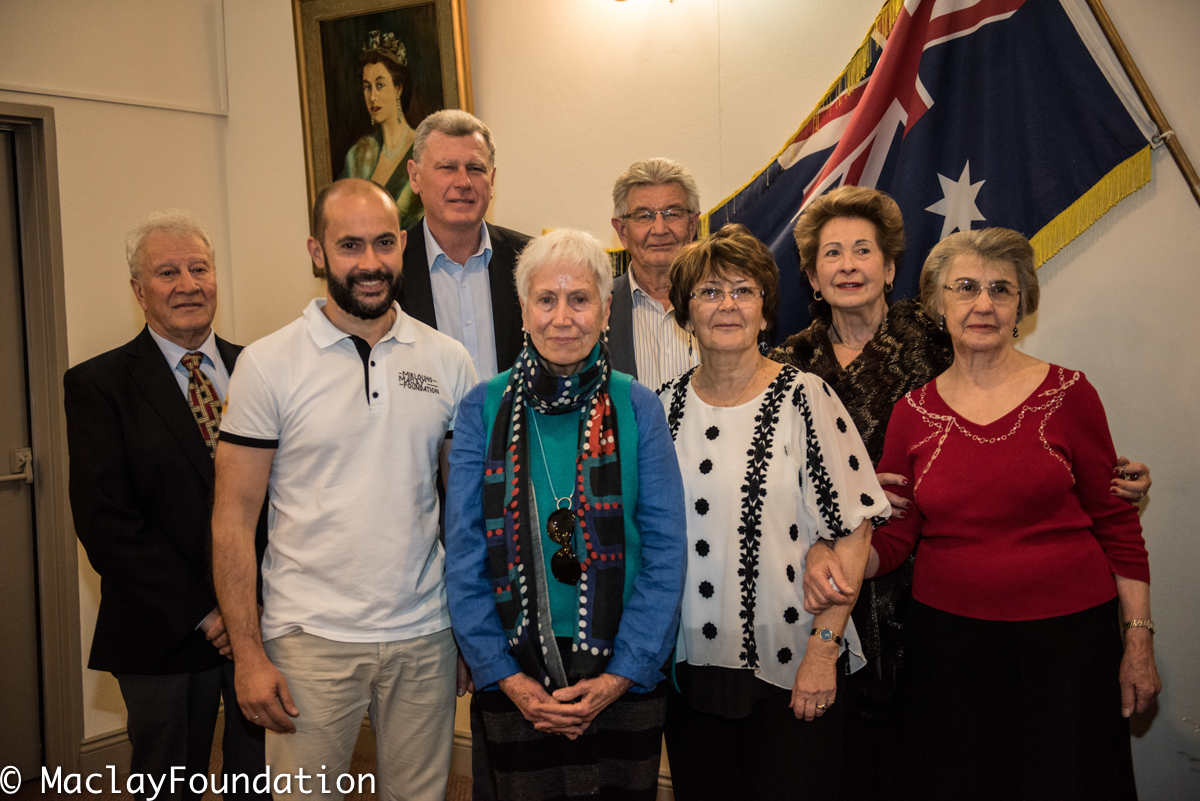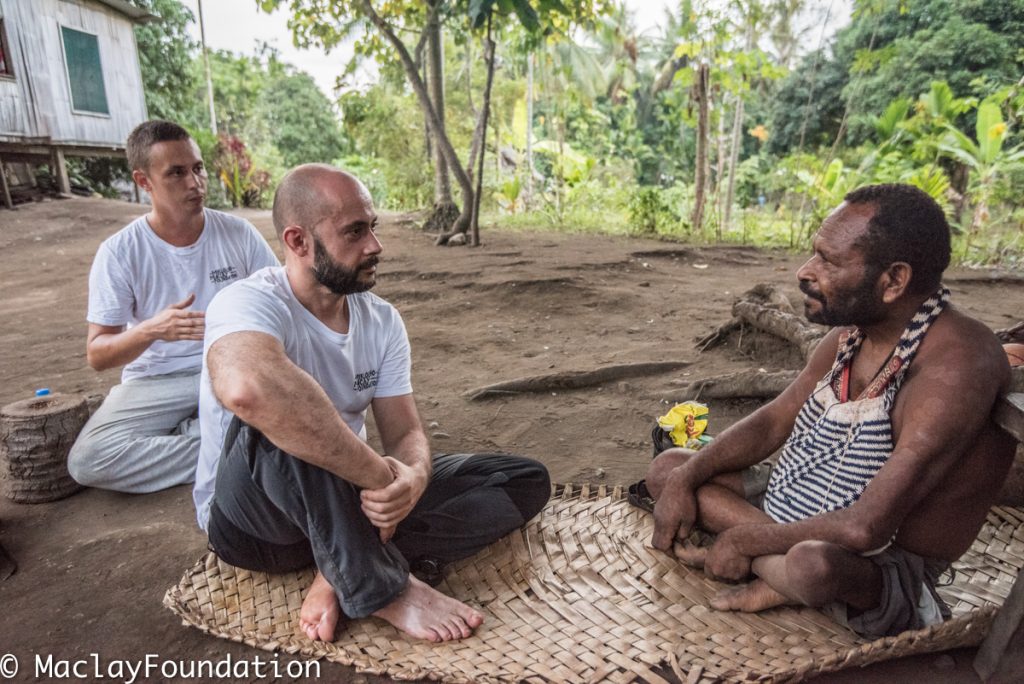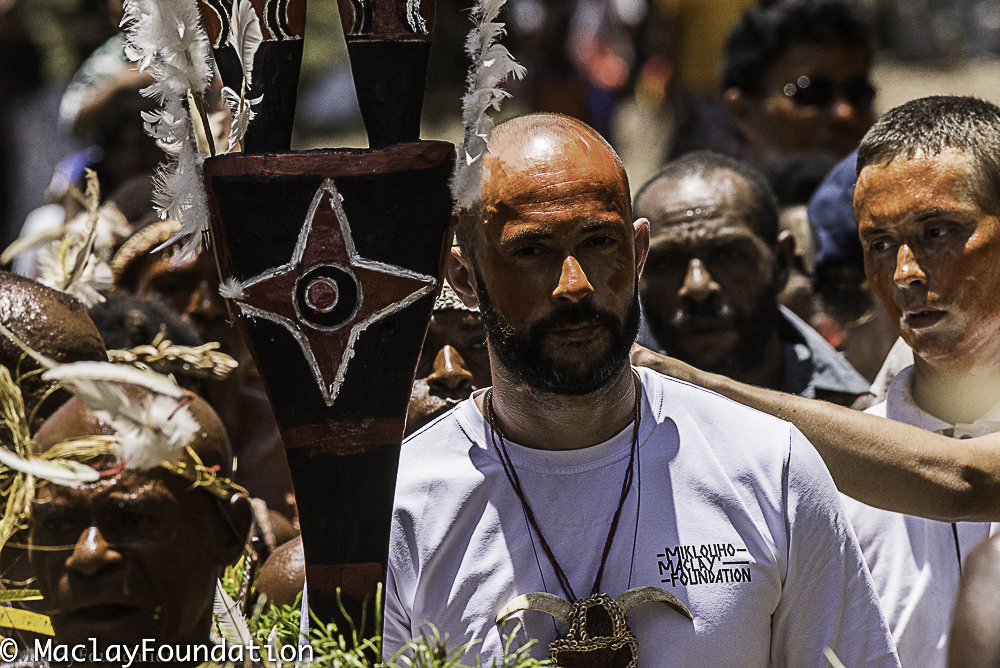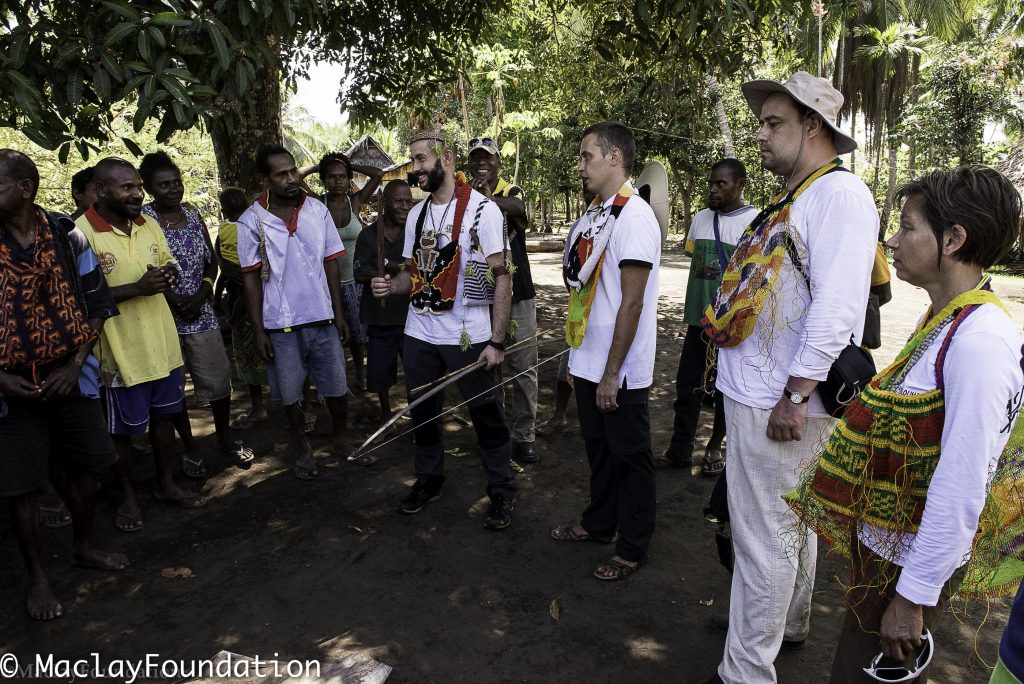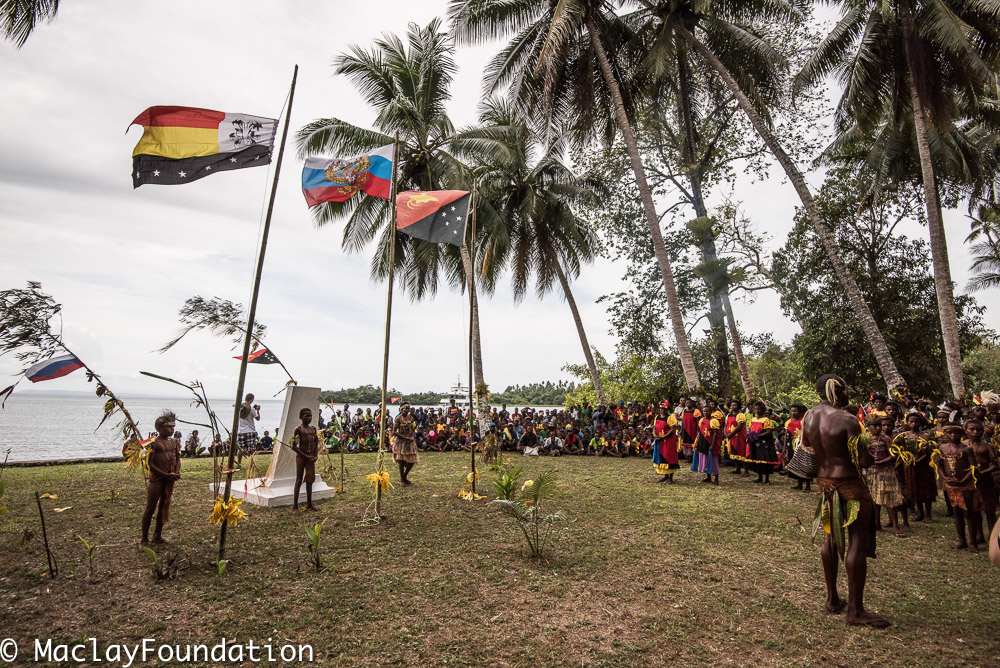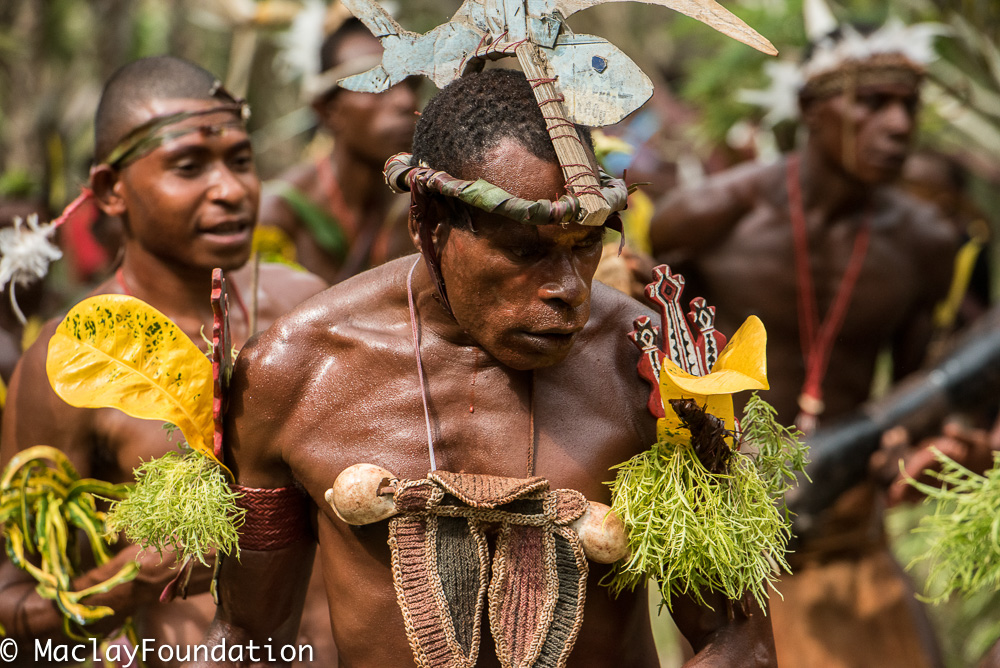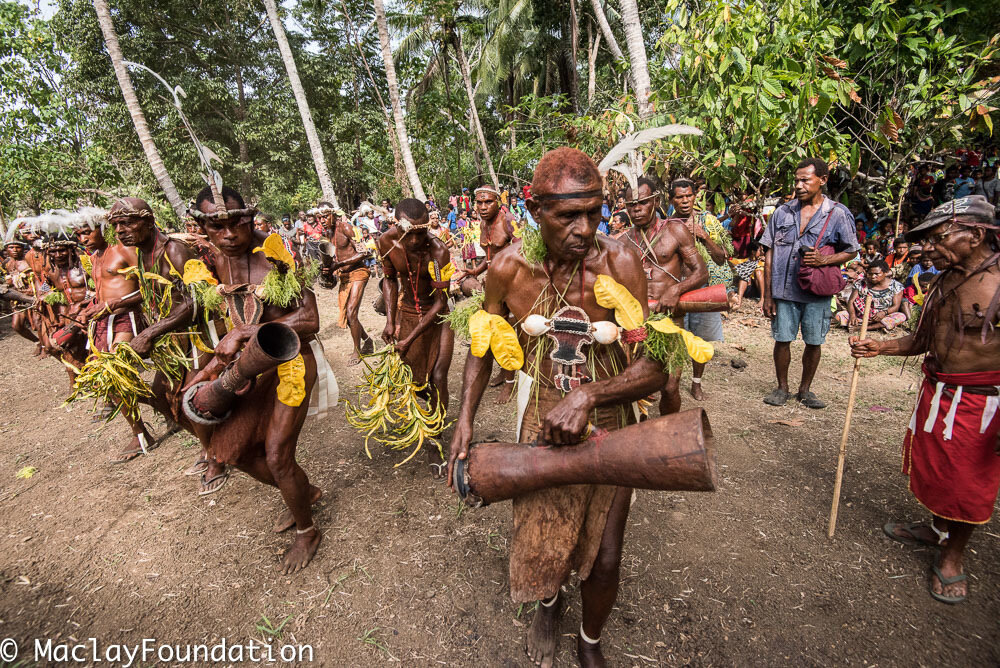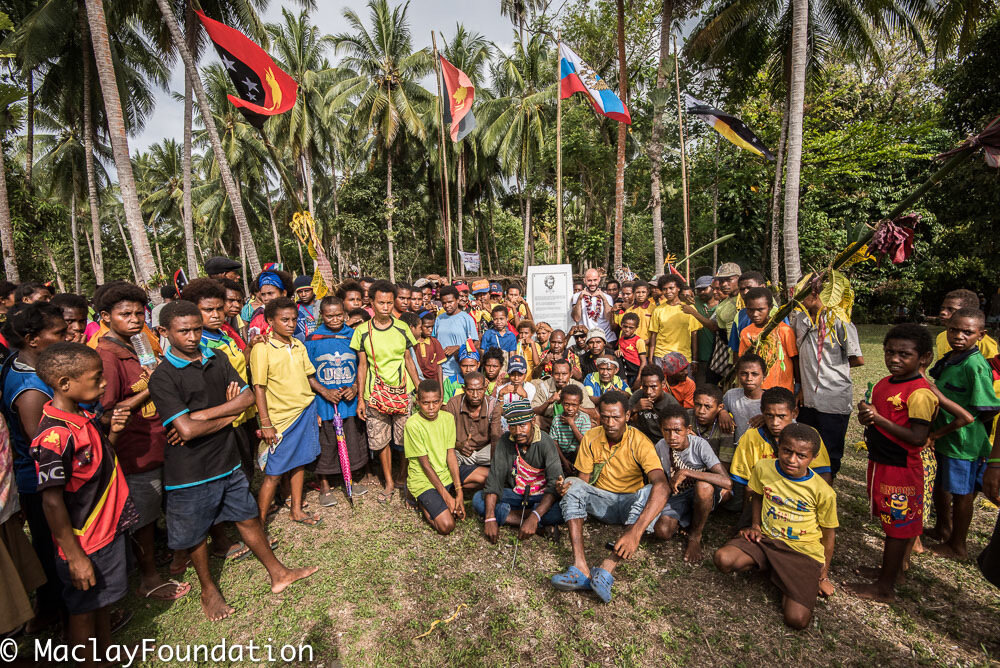This new for Russian research region has a unique biodiversity: there are 12 species of endemic fish, birds-of-paradise, a centuries-old forest with trees over 50 meters high, which is inhabited by cassowaries, wild boars, tree-kangaroos, pythons, rare species of snakes and frogs.
«In addition, you can find there mushrooms and strawberries growing in the rainforest near the lake. The climate is different from the hot one in Madang, and the villagers have a place for a bonfire in their dwellings. Wedding traditions are also different there, for example, it is not forbidden to have more than one wife, unlike in the Madang region. Although the tradition is fading away, some men still practice it, having several wives and children from different villages, which allows them to maintain friendly communications between clans and have a special personal influence.
Traditional burials of skulls and bones are no longer practiced, but they were preserved there in two places, reminding with their appearance and rock drawings made with the blood of enemies about the former traditions of the warlike peoples who lived there. The history of the lake keeps many amazing legends, which we managed to record during fieldwork, and soon they will be published in my articles and on the Miklouho-Maclay Foundation YouTube Channel», – Nickolay Miklouho-Maclay shared his impressions.
Modern Miklouho-Maclay, Head of the South Pacific Center of the Institute of Oriental Studies of the Russian Academy of Sciences, Head of the Miklouho-Maclay Foundation, managed to collect a series of rare household items, which will be added to his private collection and will be presented in the Miklouho-Maclay Online-Museum.
As a public figure, Nickolay Miklouho-Maclay managed to coordinate the annual Miklouho-Maclay Festival. The festival “Open Hearts” will be held in friendly Papua New Guinea in the Madang region with the support of the Governor, who on behalf of the people of the Province sent an official letter of acceptance of the descendant of the great humanist as an honorary member of the Madang region as an «Honorable Citizen».
Before leaving for St. Petersburg, the PNG Prime Minister James Marape and Nickolay Miklouho-Maclay met at a Parliamentary Breakfast where, in presence of the Governors of all Provinces, the Head of the State in a personal conversation proposed to develop economic cooperation between Papua New Guinea and Russia. The support of the Prime Minister, as well as extensive contacts and influence of Nickolay Miklouho-Maclay, open doors for business in PNG, with which China, India, France, Australia and the United States are actively cooperating. The Leaders of these countries have personally visited Papua New Guinea this year, realizing its importance on a geopolitical level.
«Who are you, Nickolay? A diplomat or a scientist?» – James Marape asked. Nickolay Miklouho-Maclay replied that the mission of the Miklouho-Maclay Foundation is to foster respect for the cultures and traditions of the peoples, and knowledge of culture is the key to all-round cooperation for the benefit of science, humanity and the humanistic ideals that his ancestor preached.
Since this year, the Miklouho-Maclay Foundation also provides visa assistance for Russians wishing to visit Papua New Guinea.
